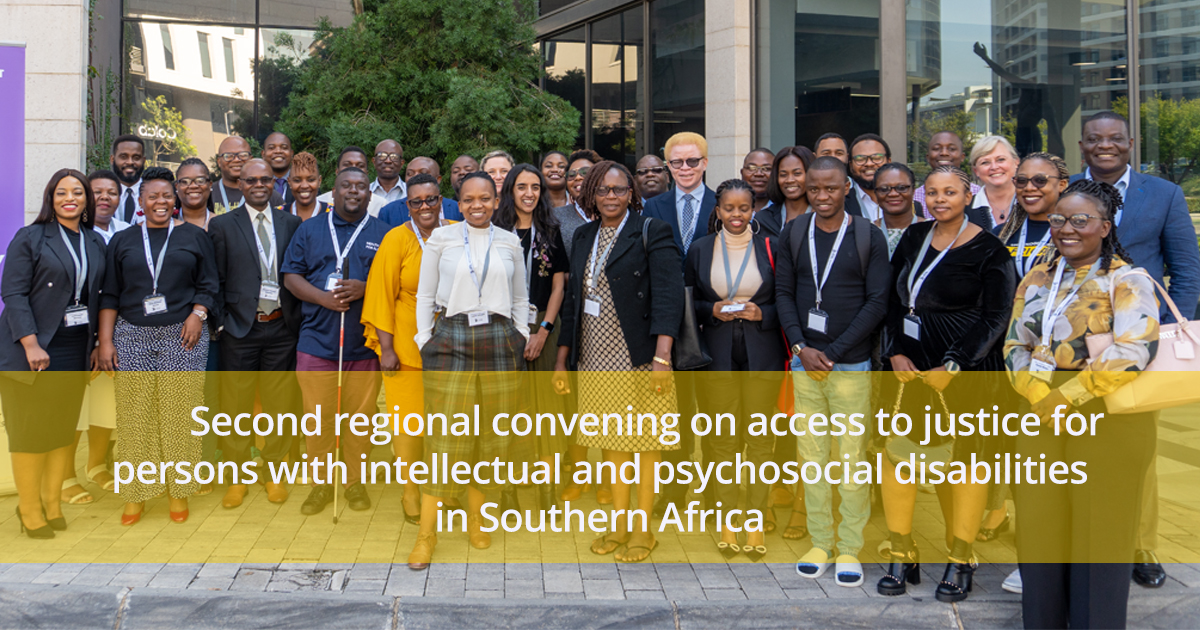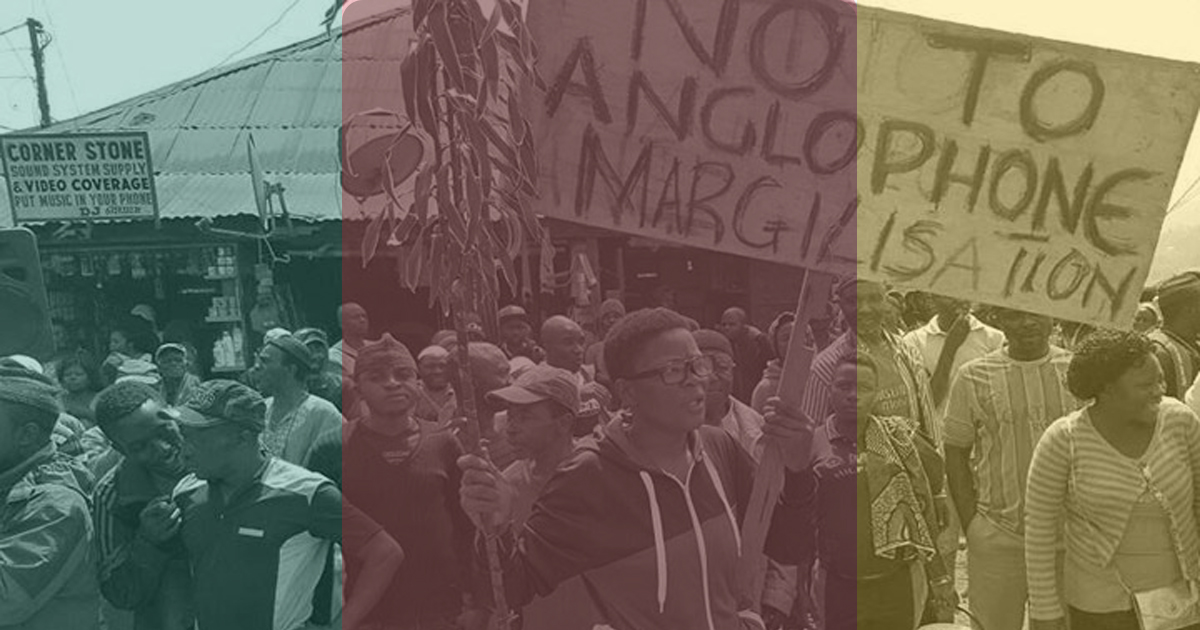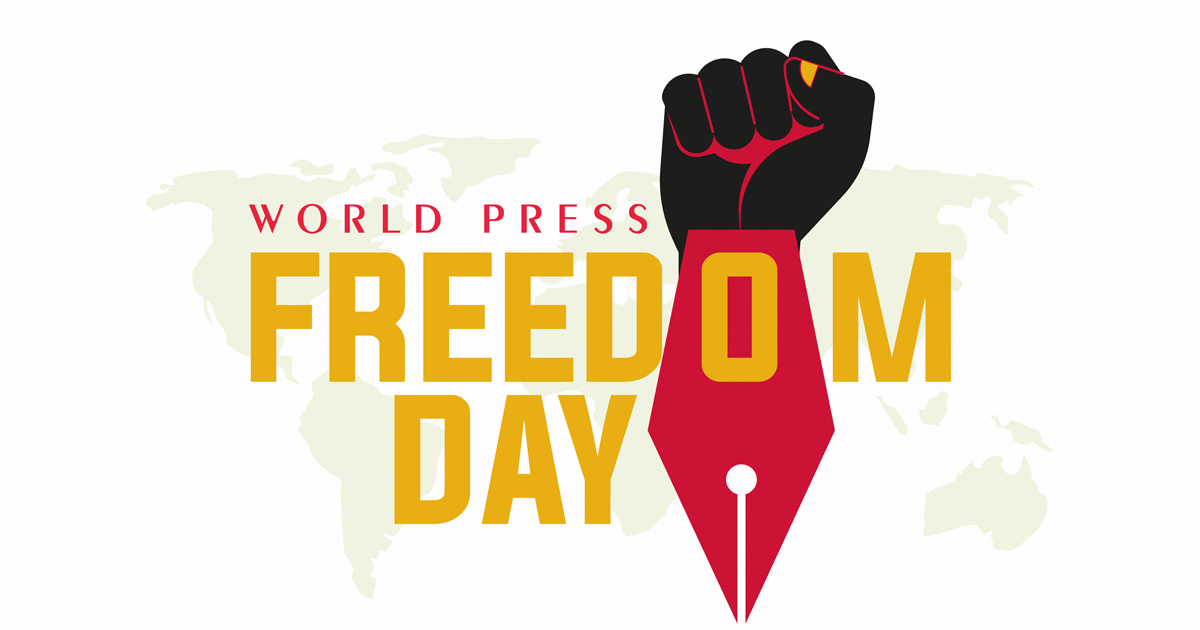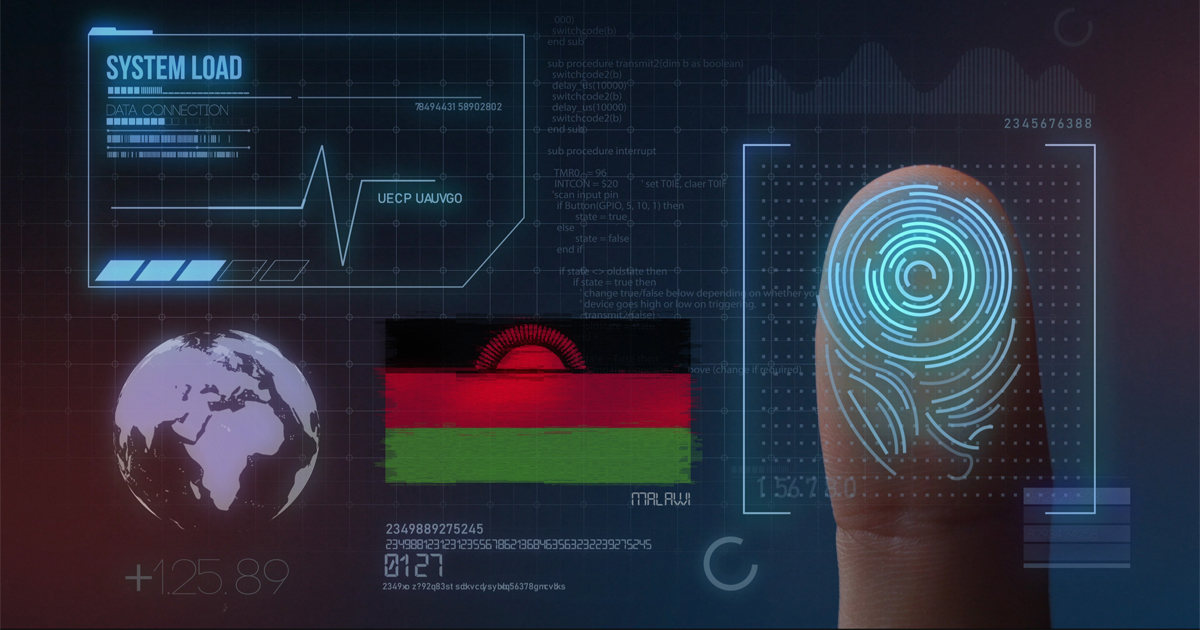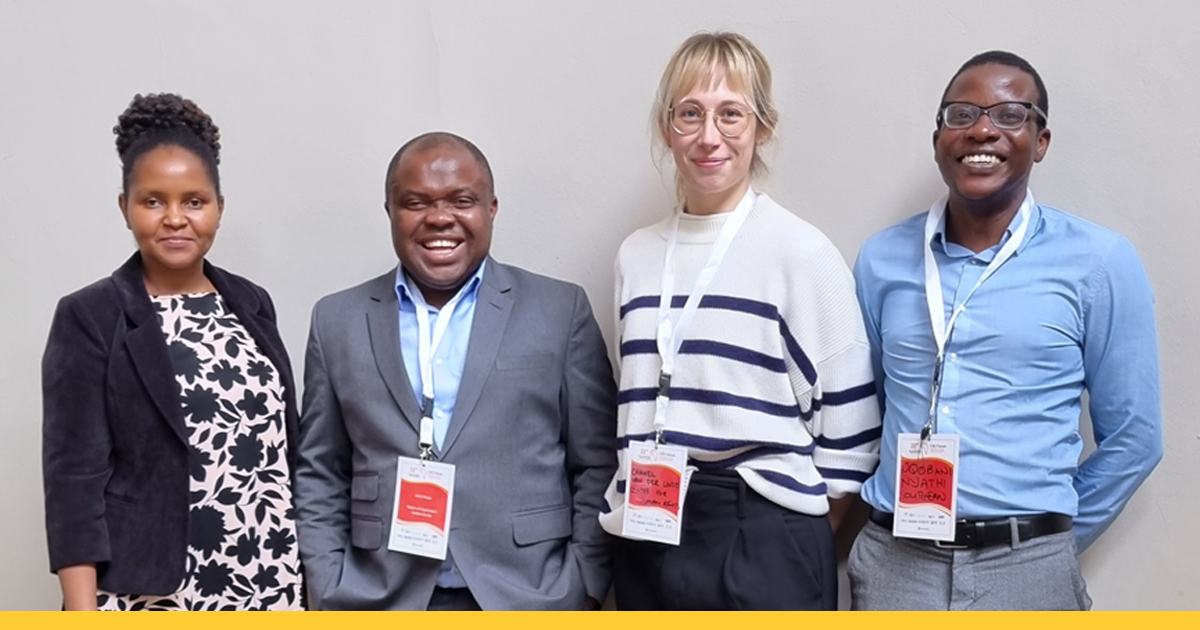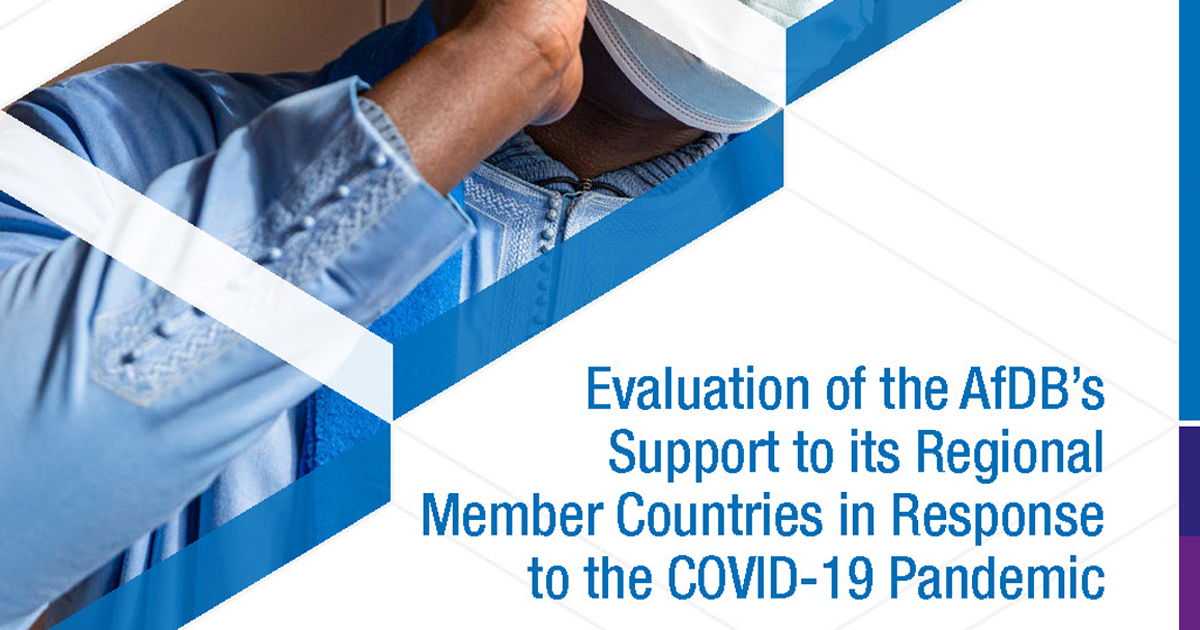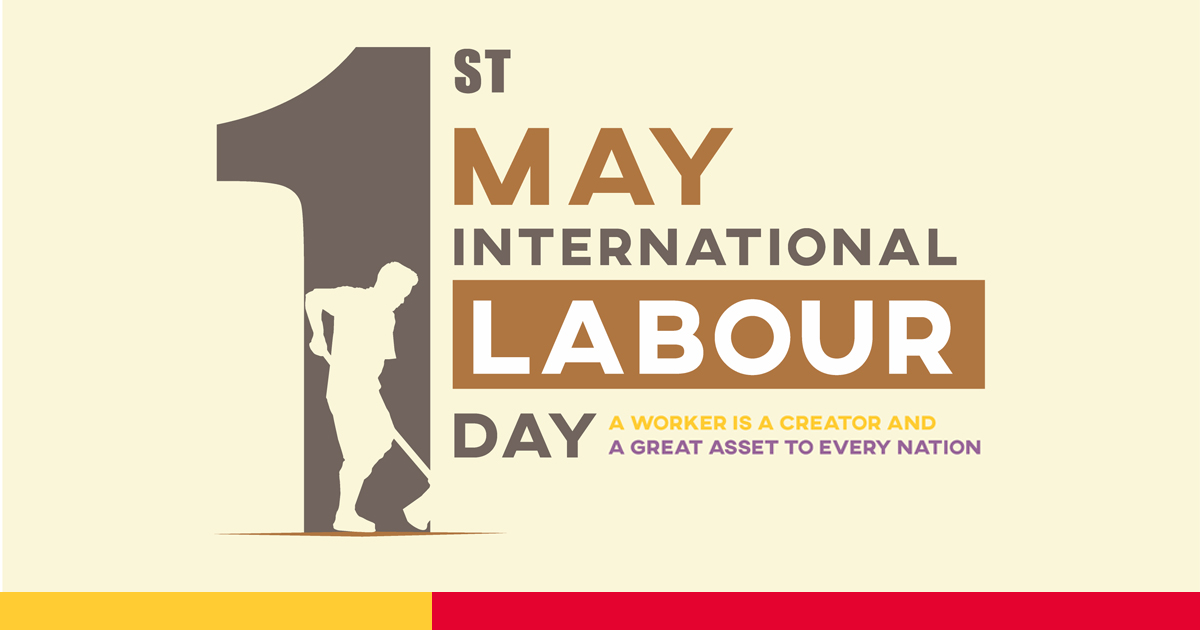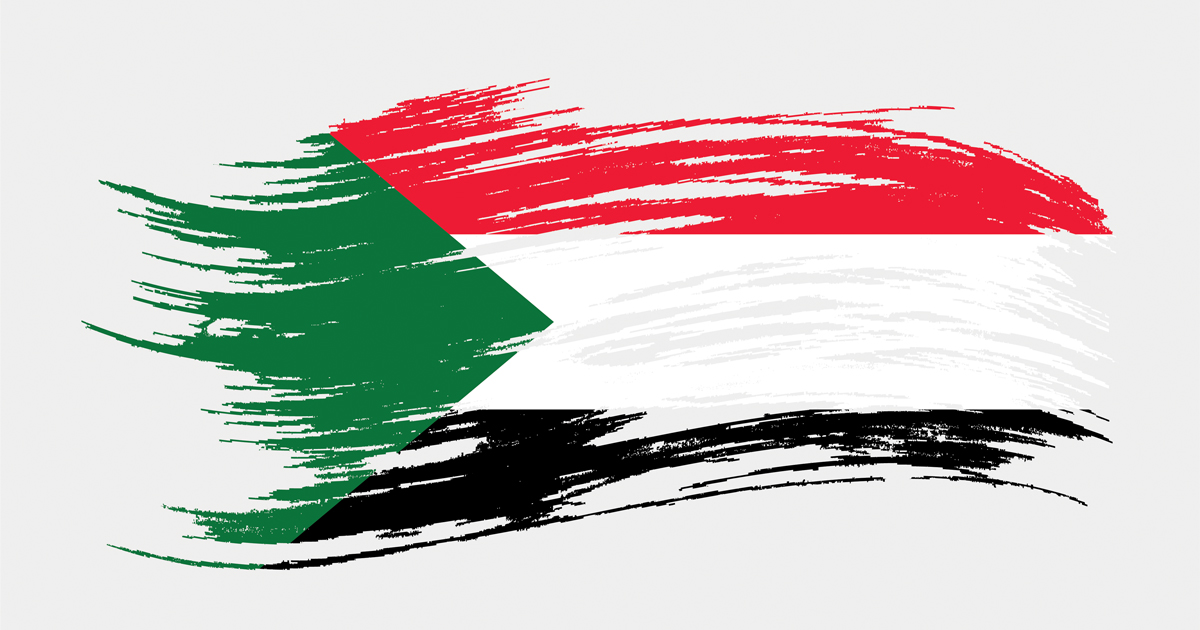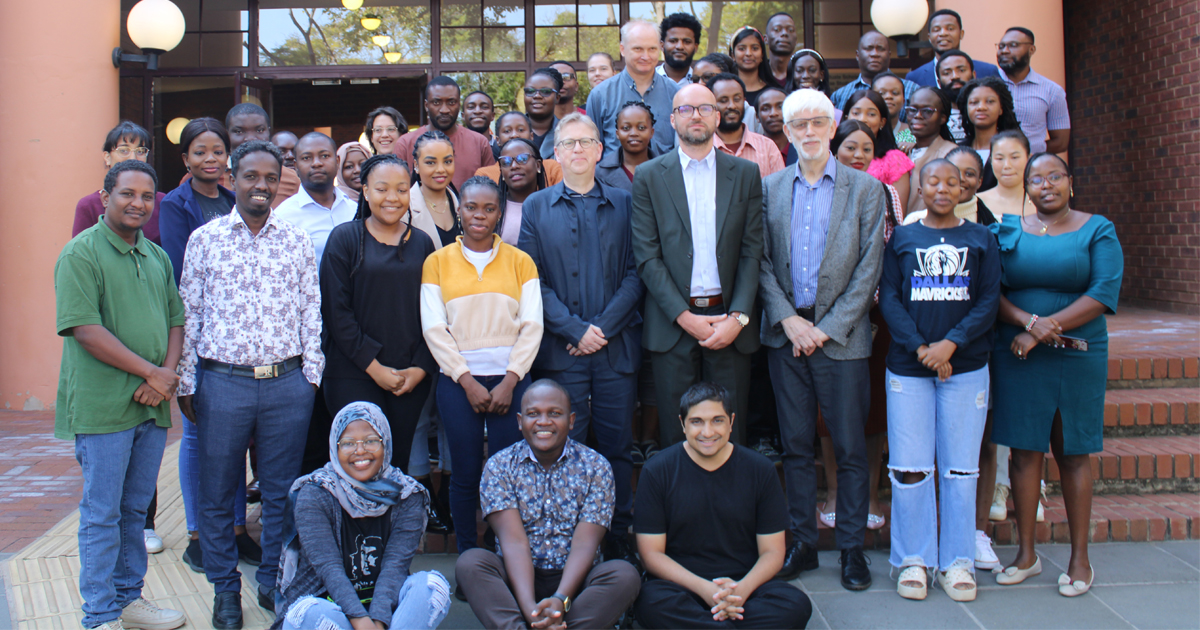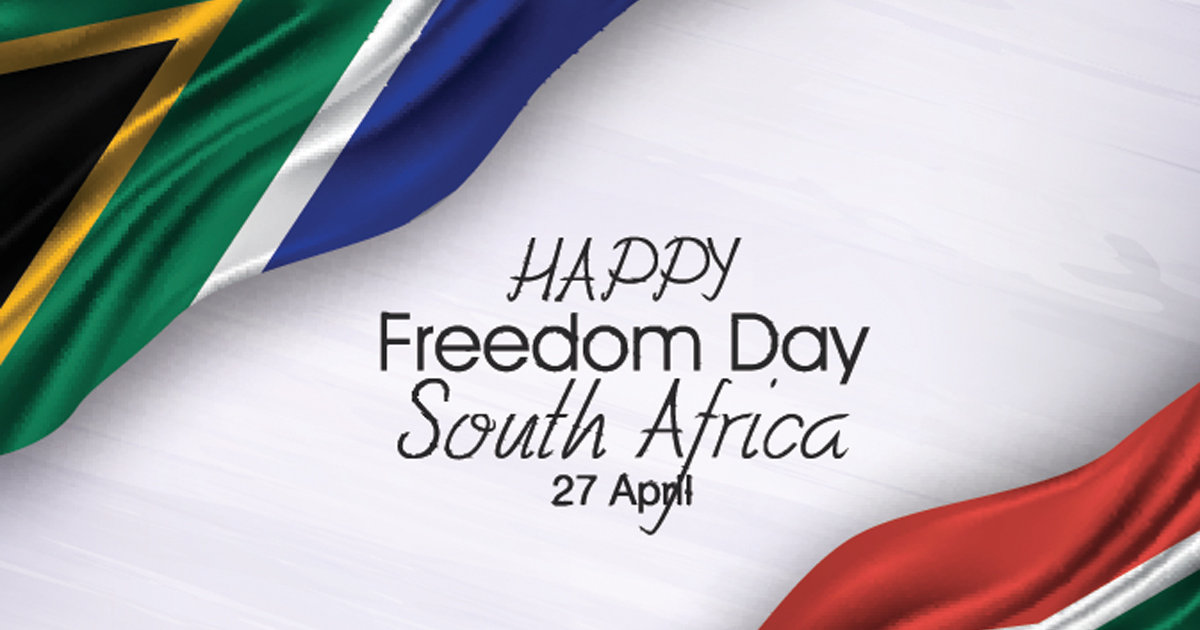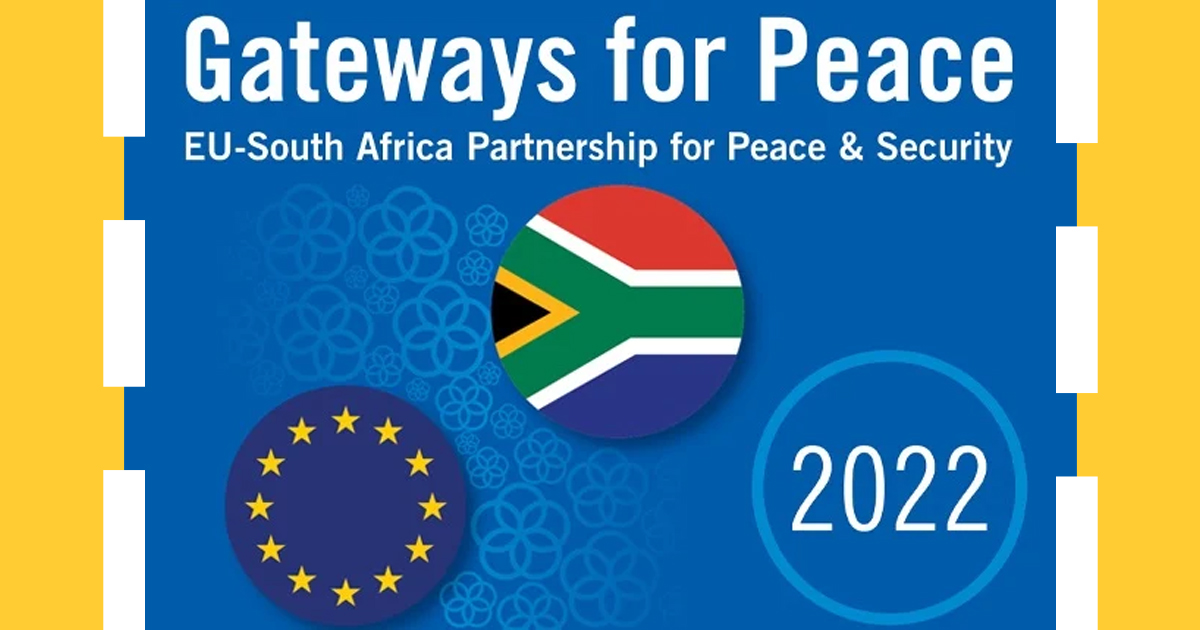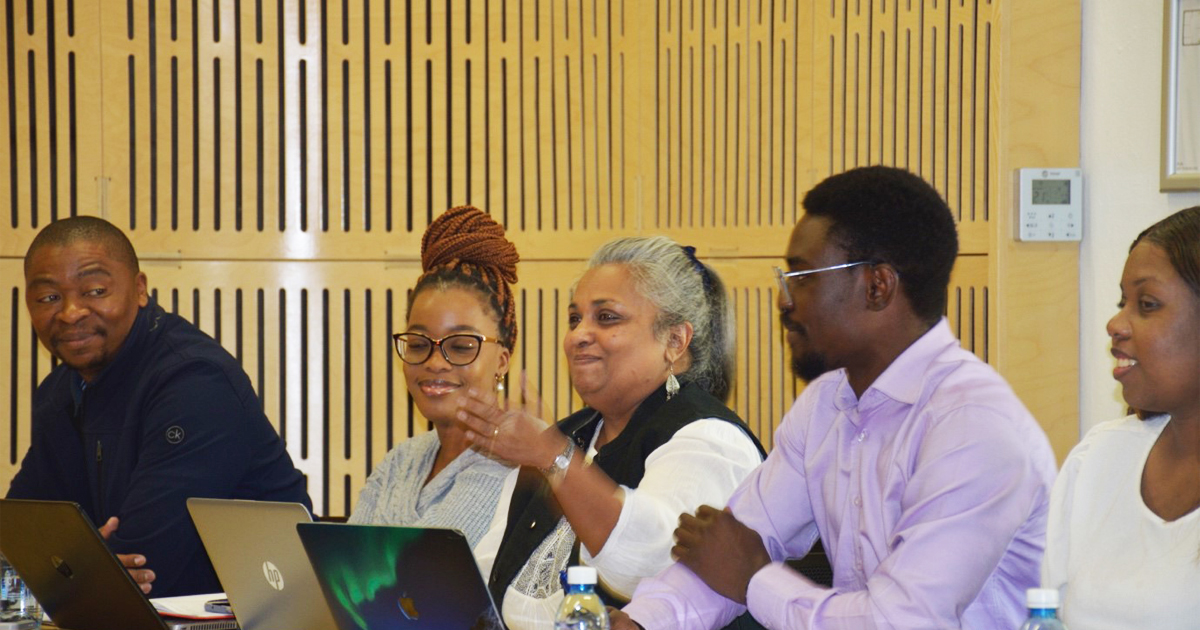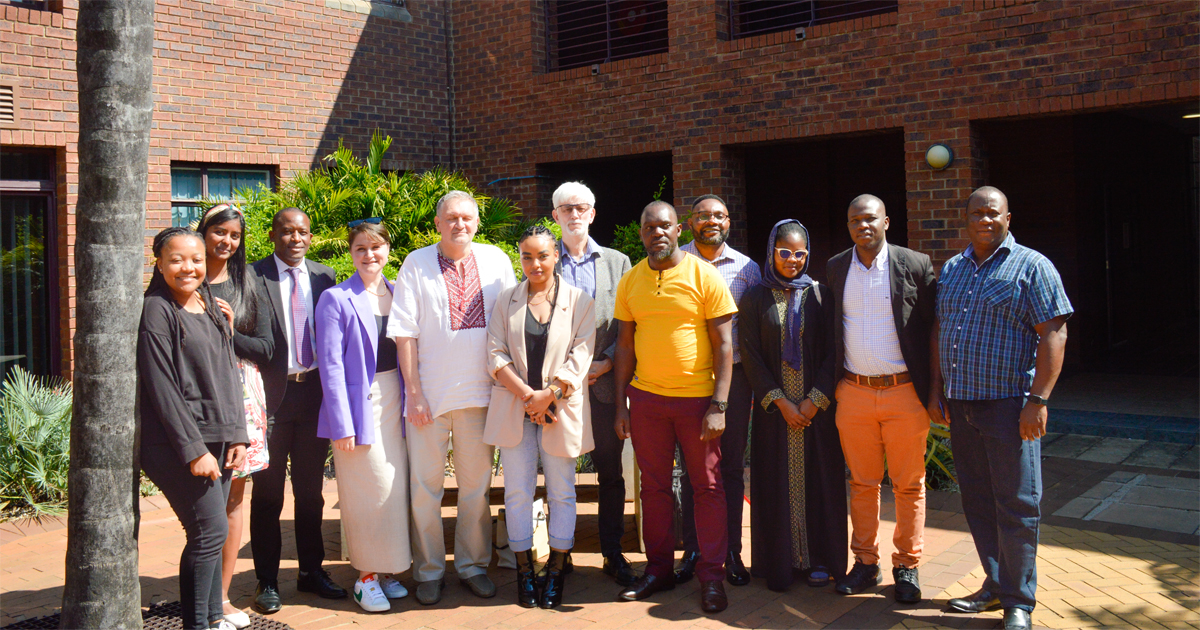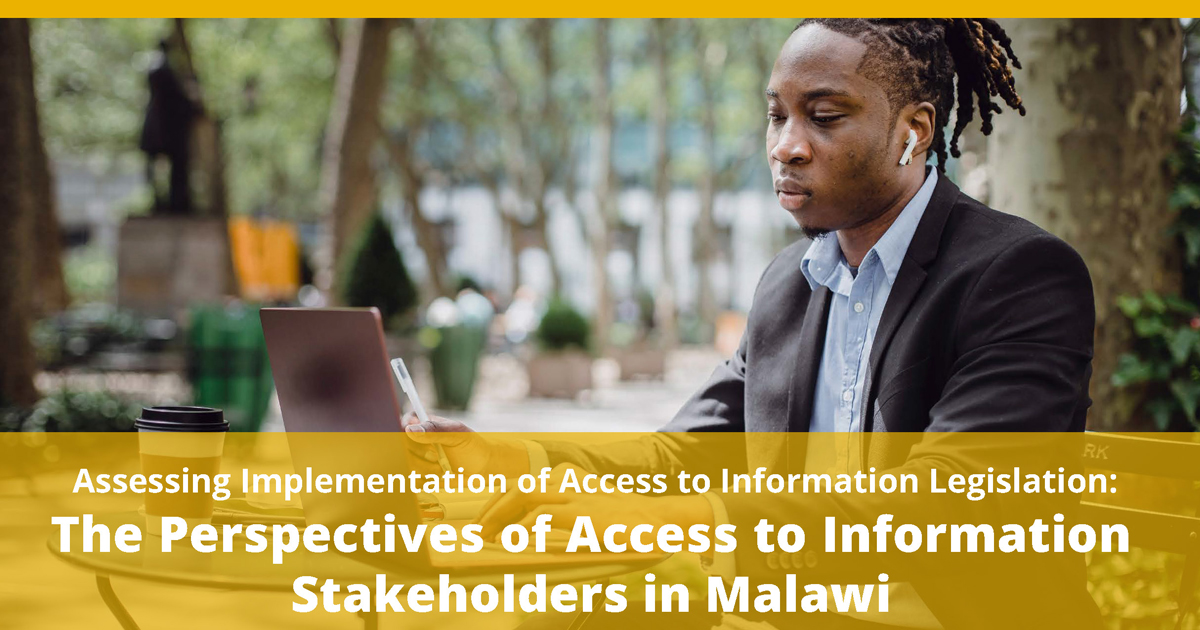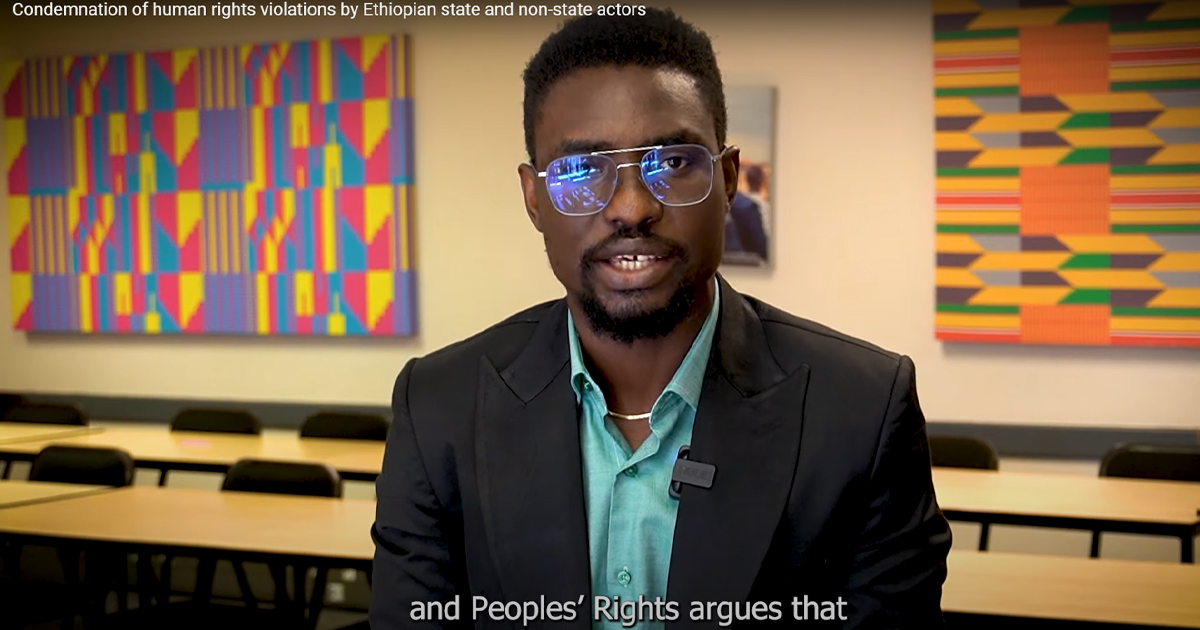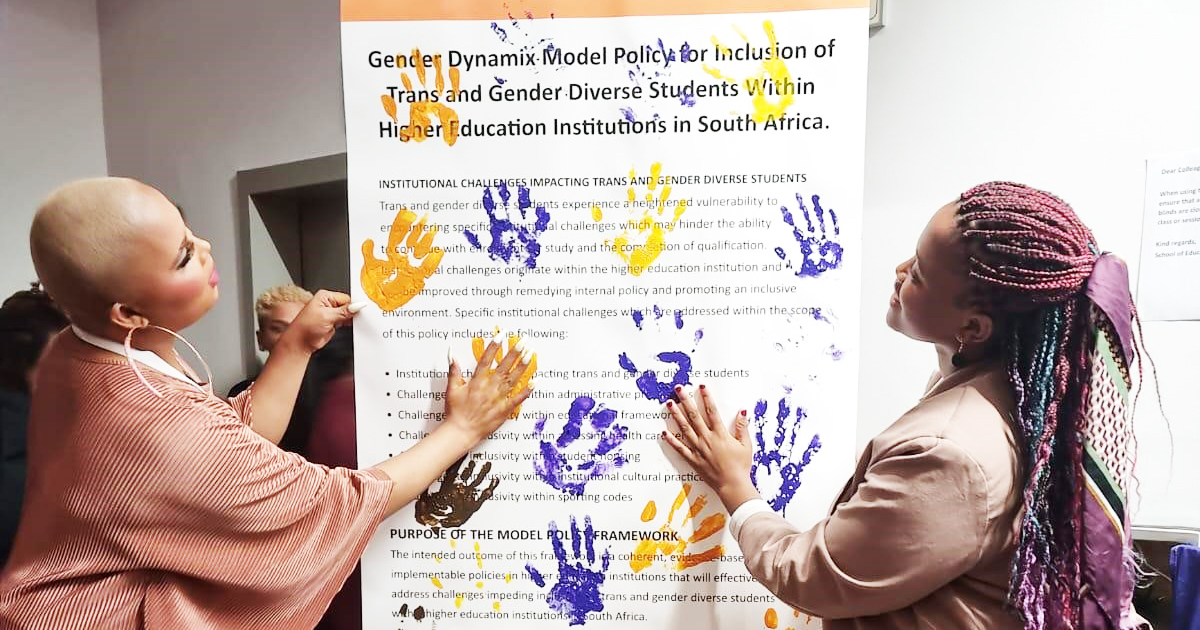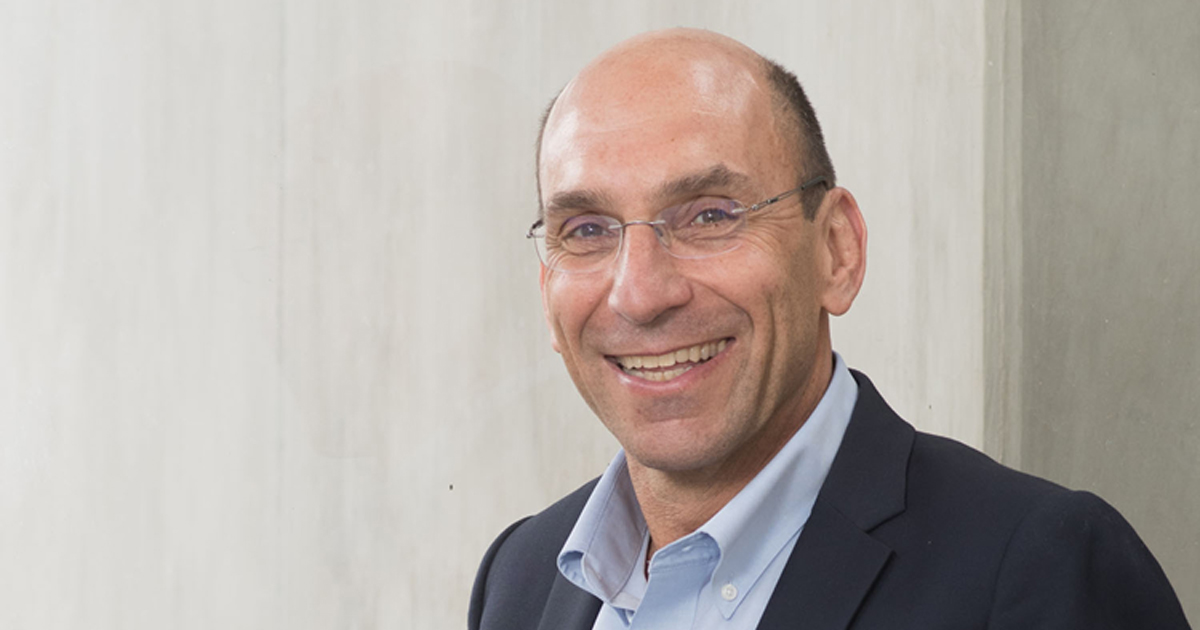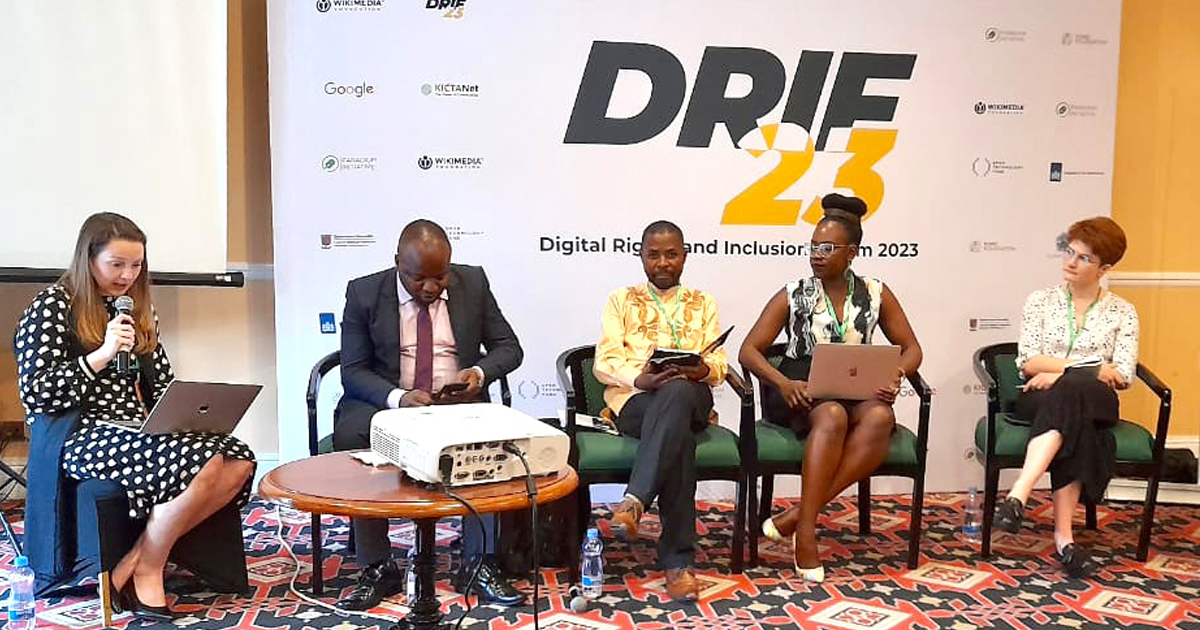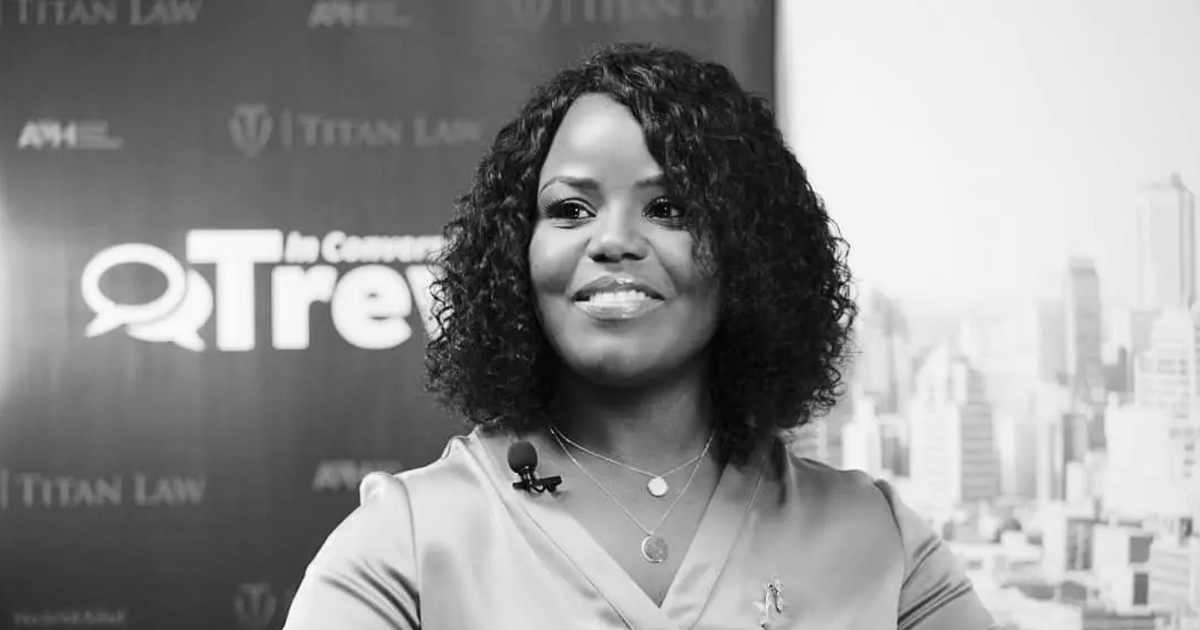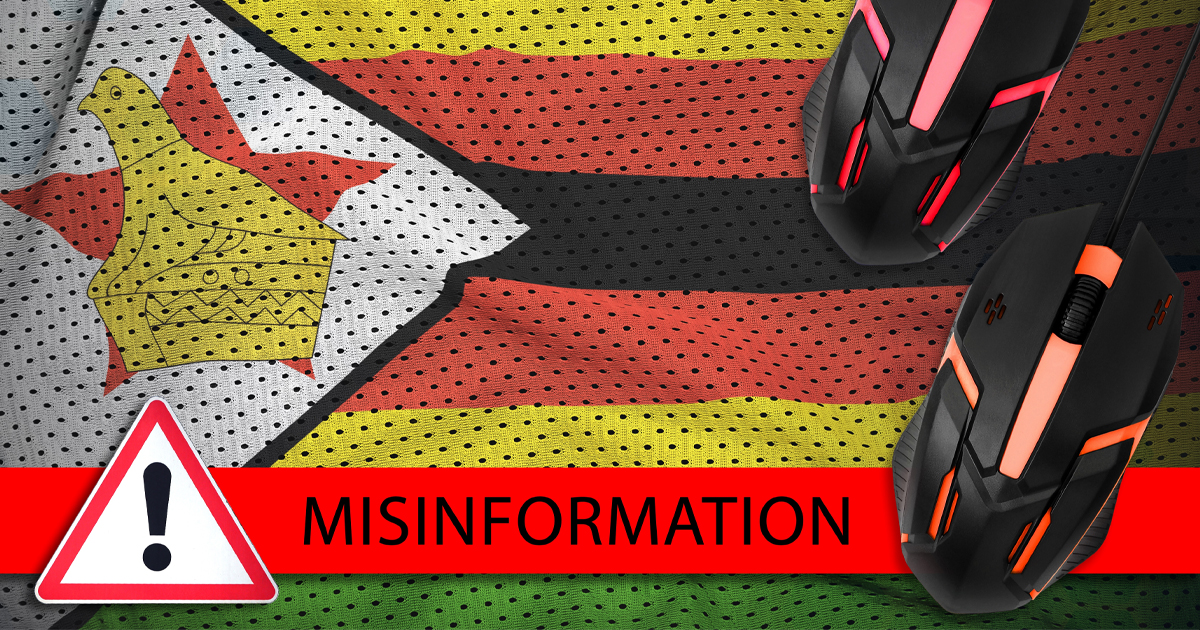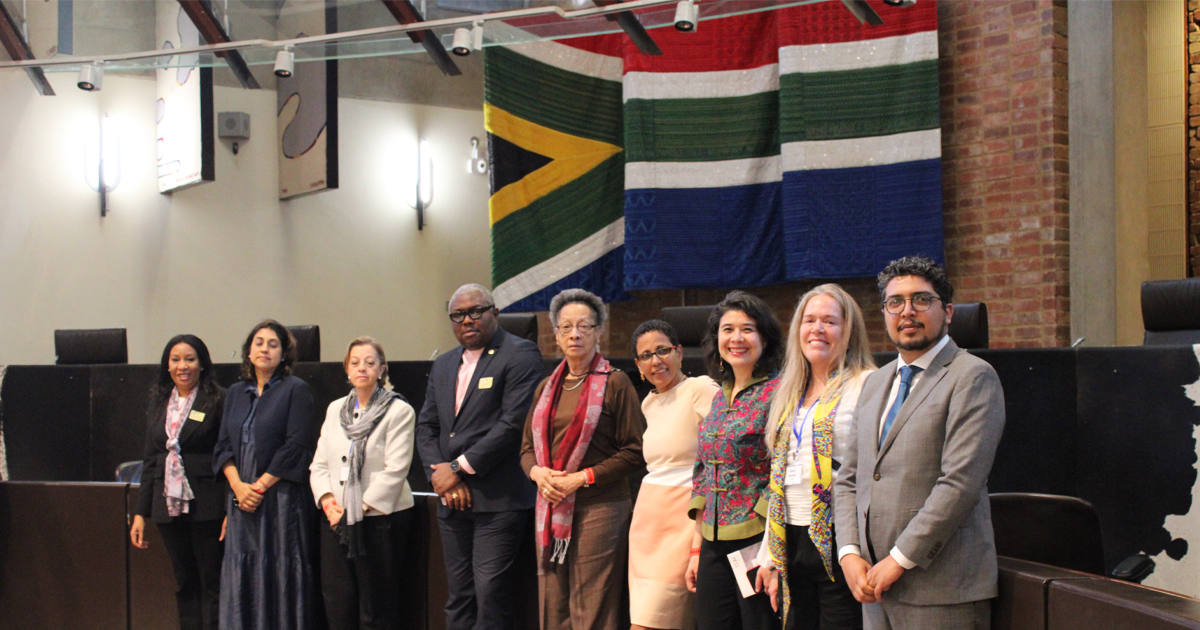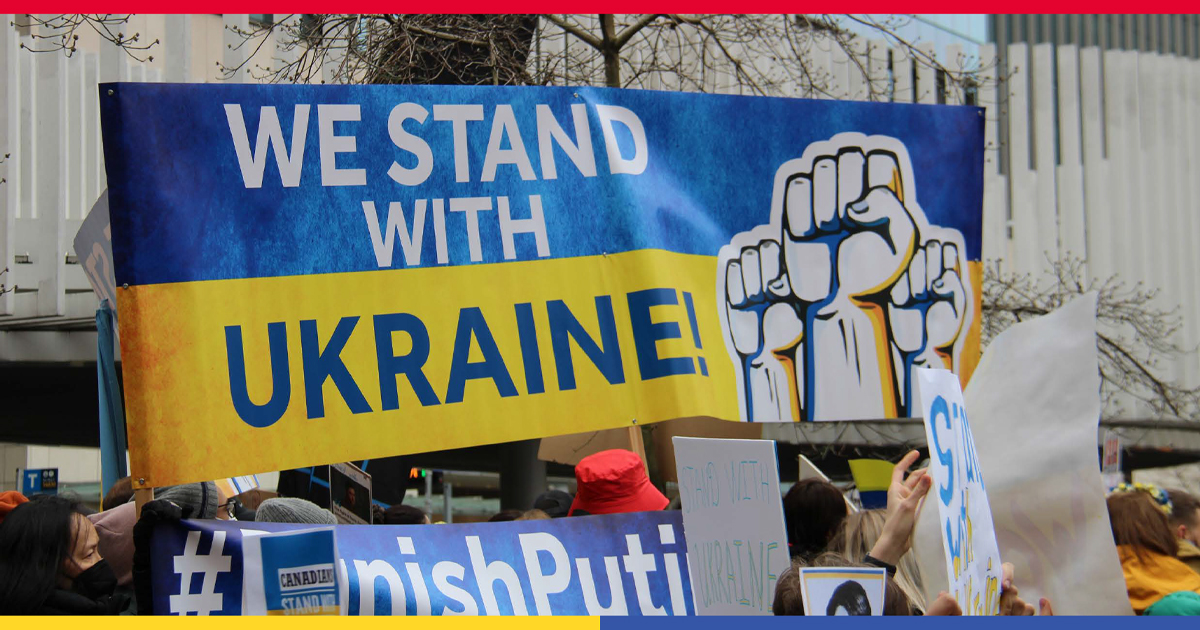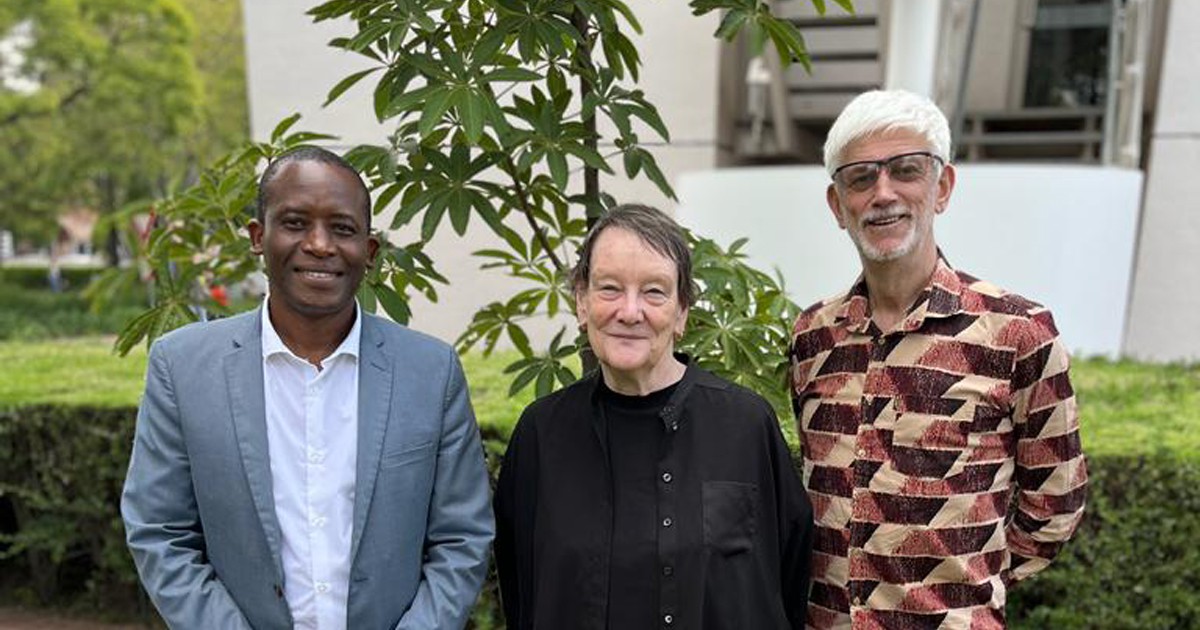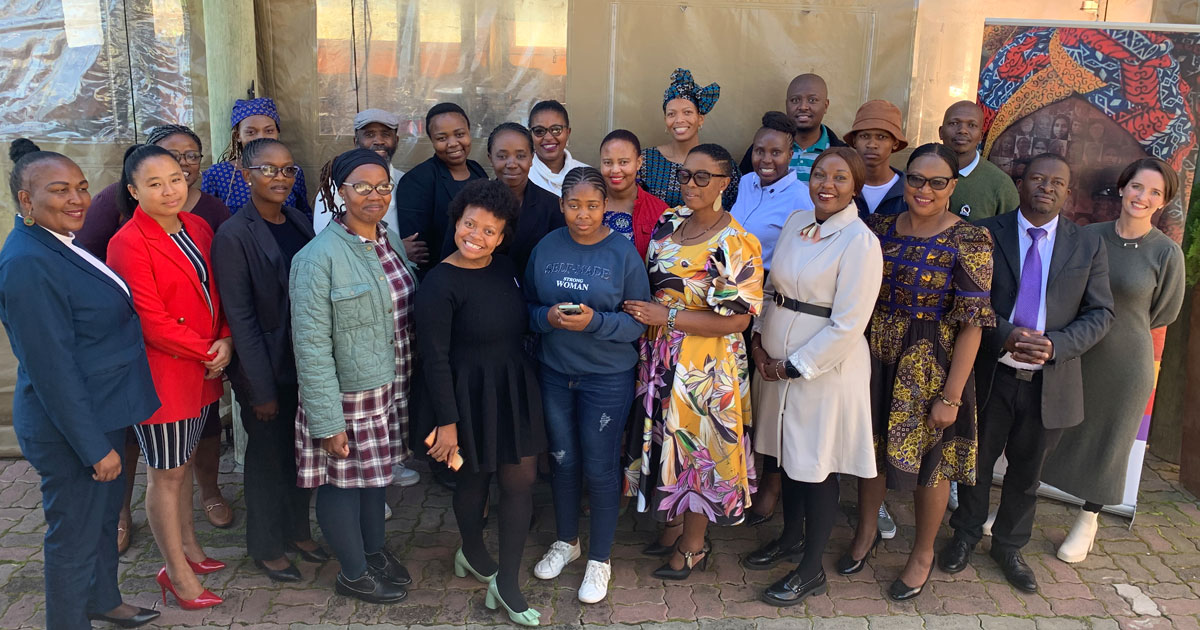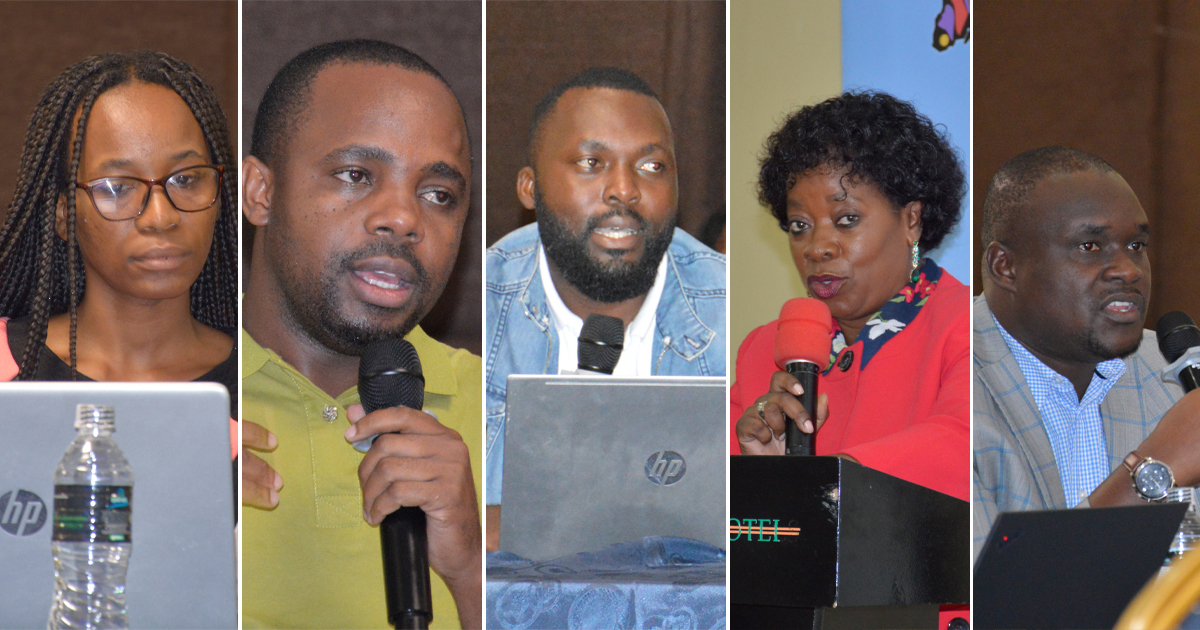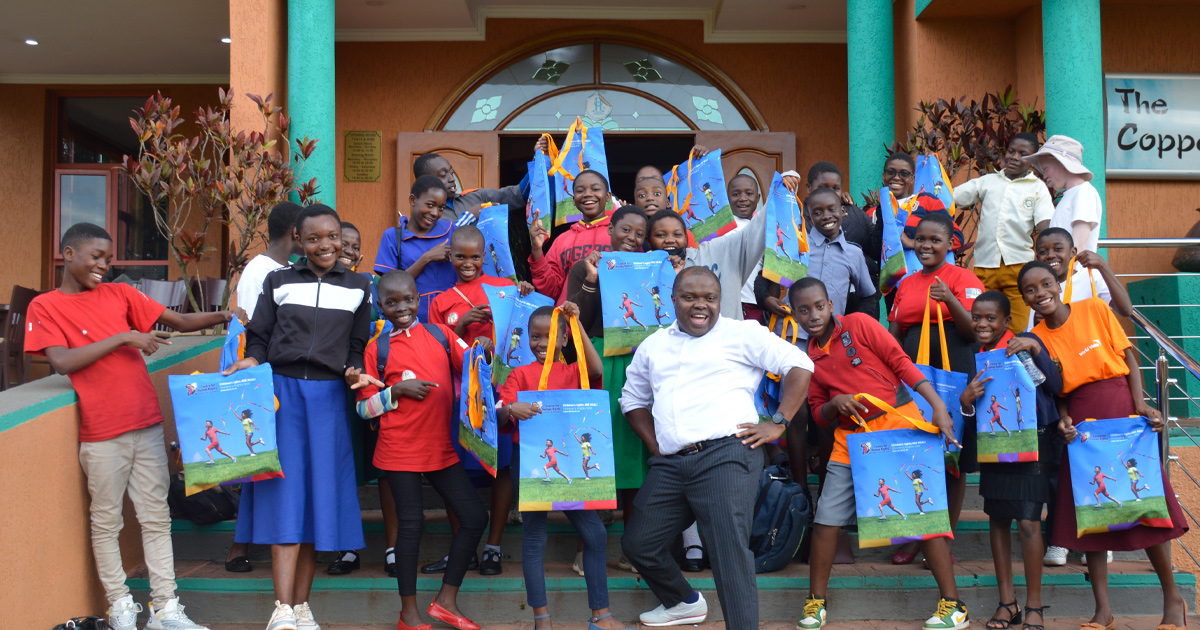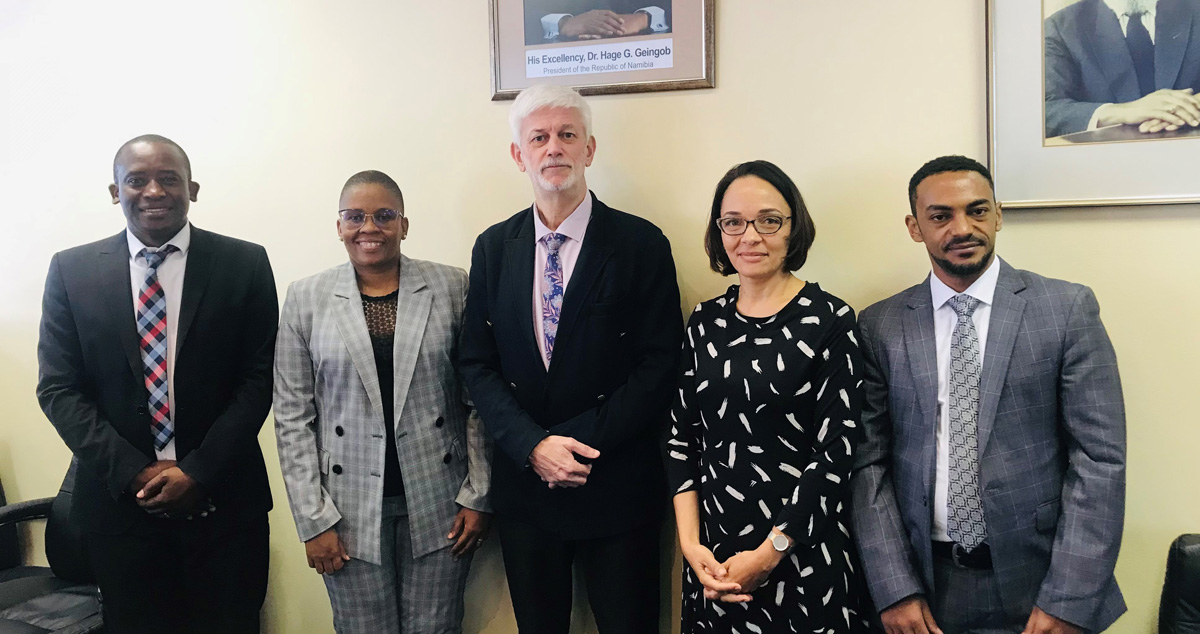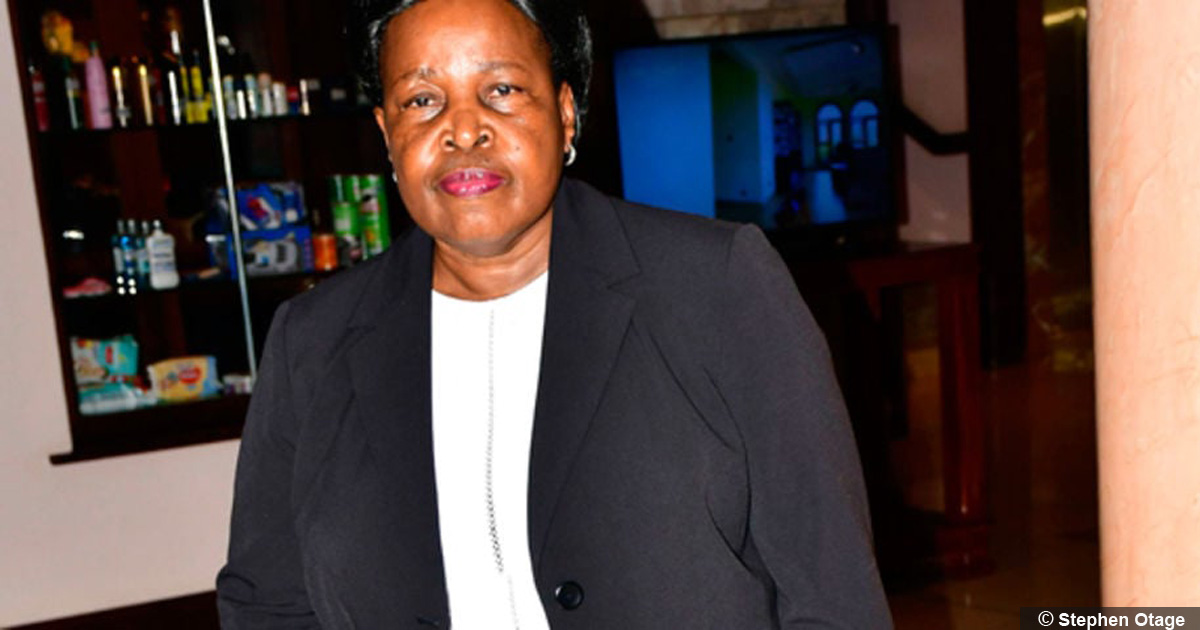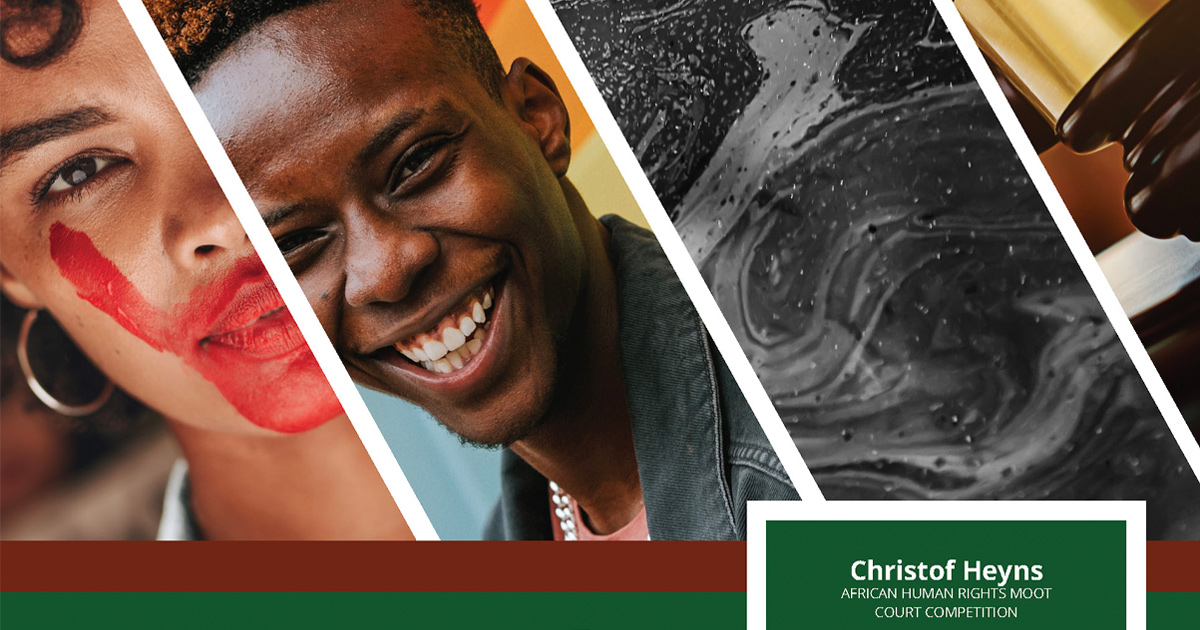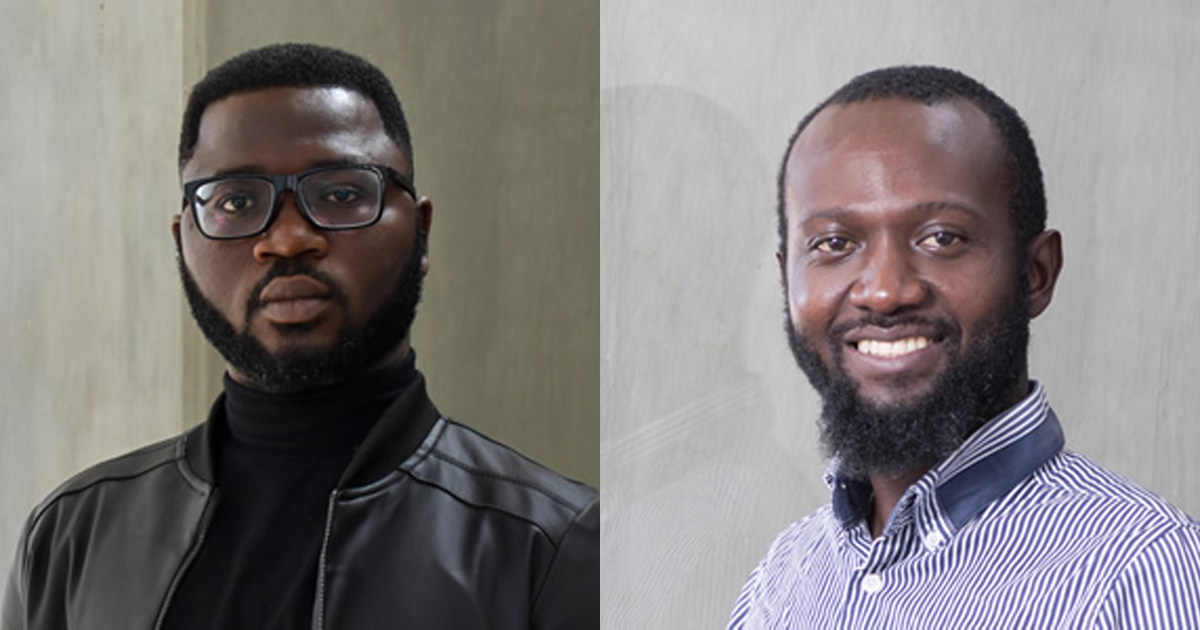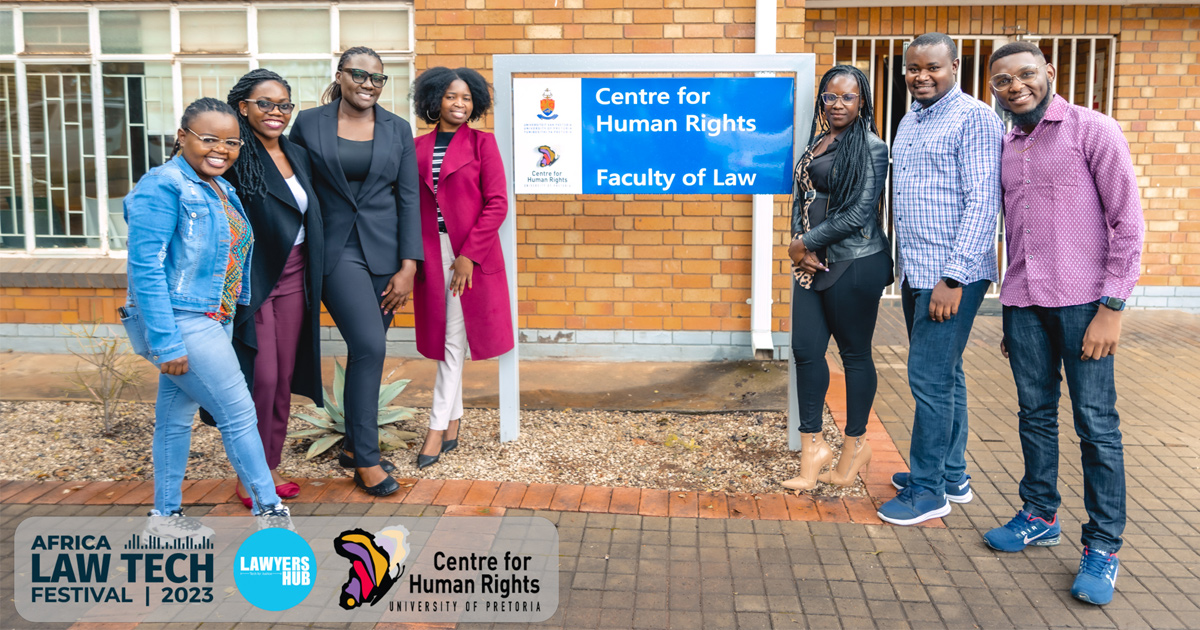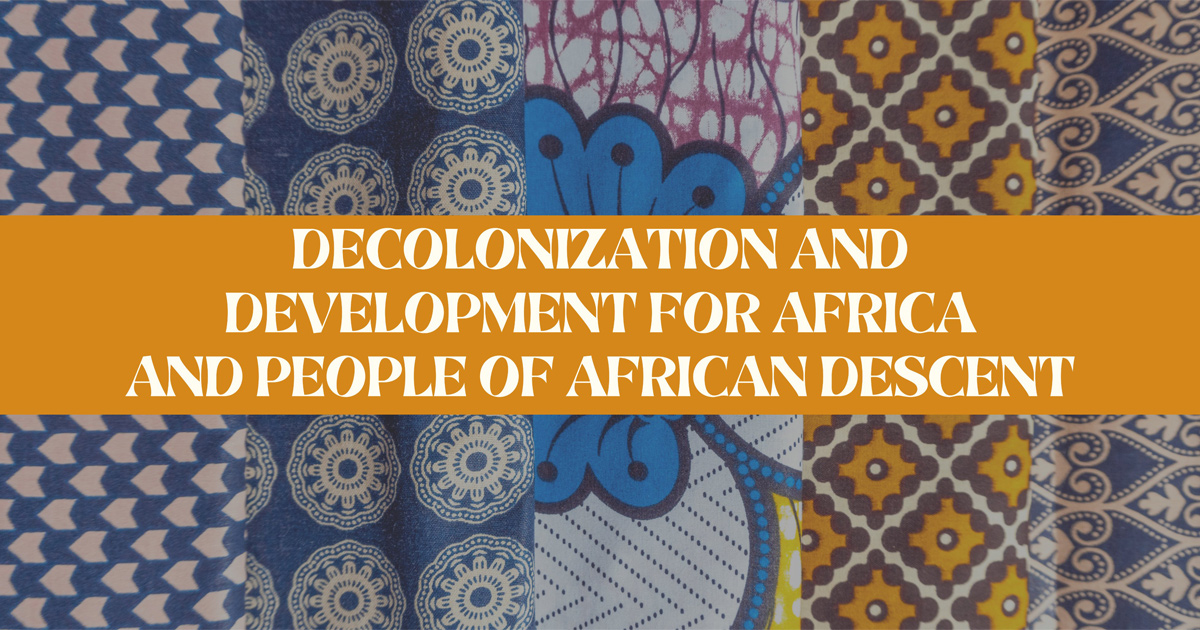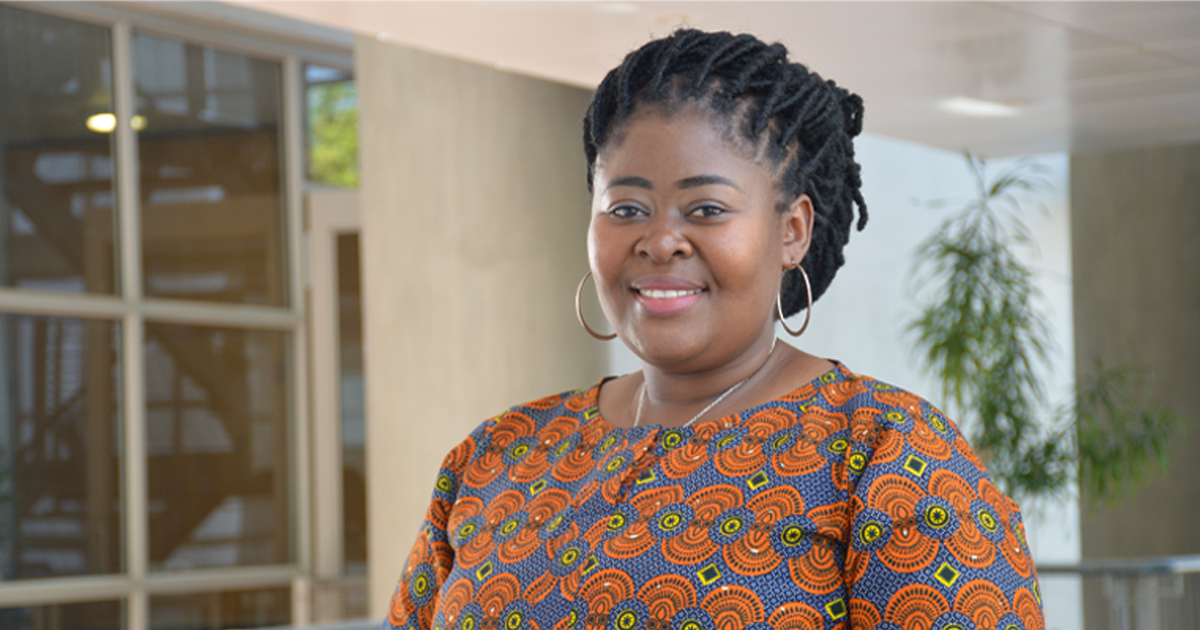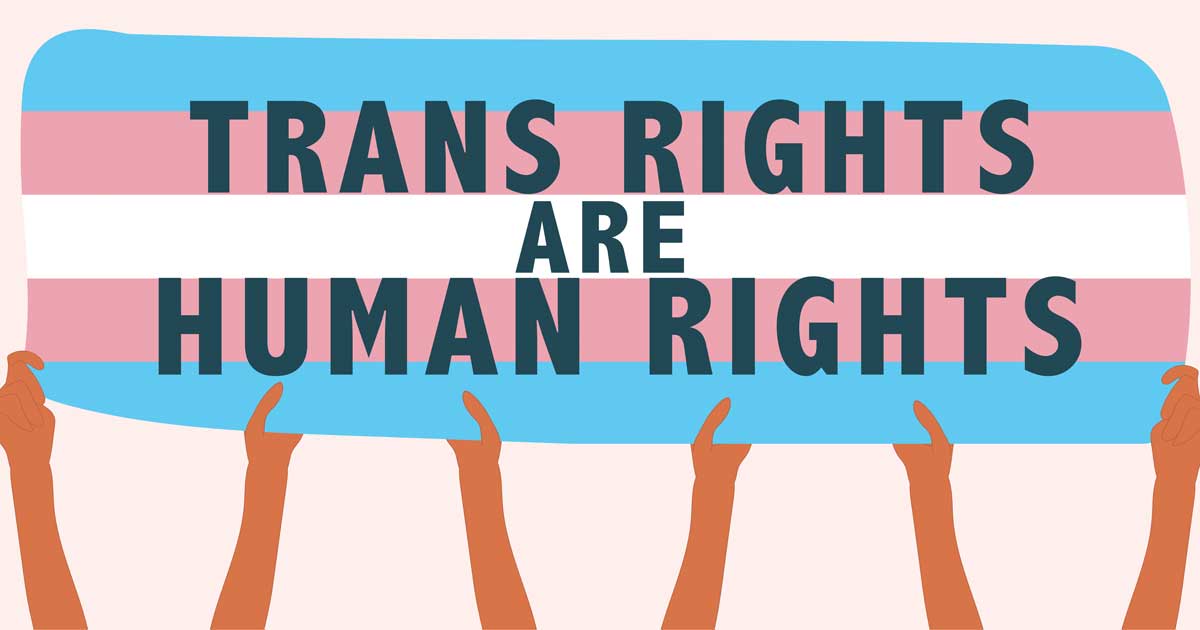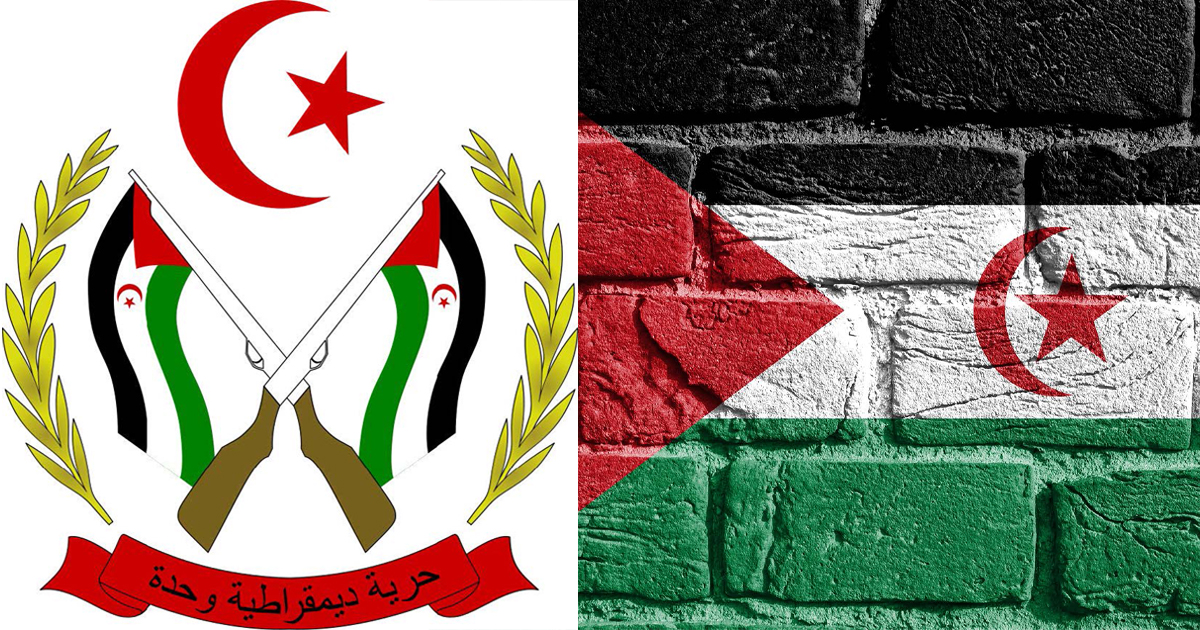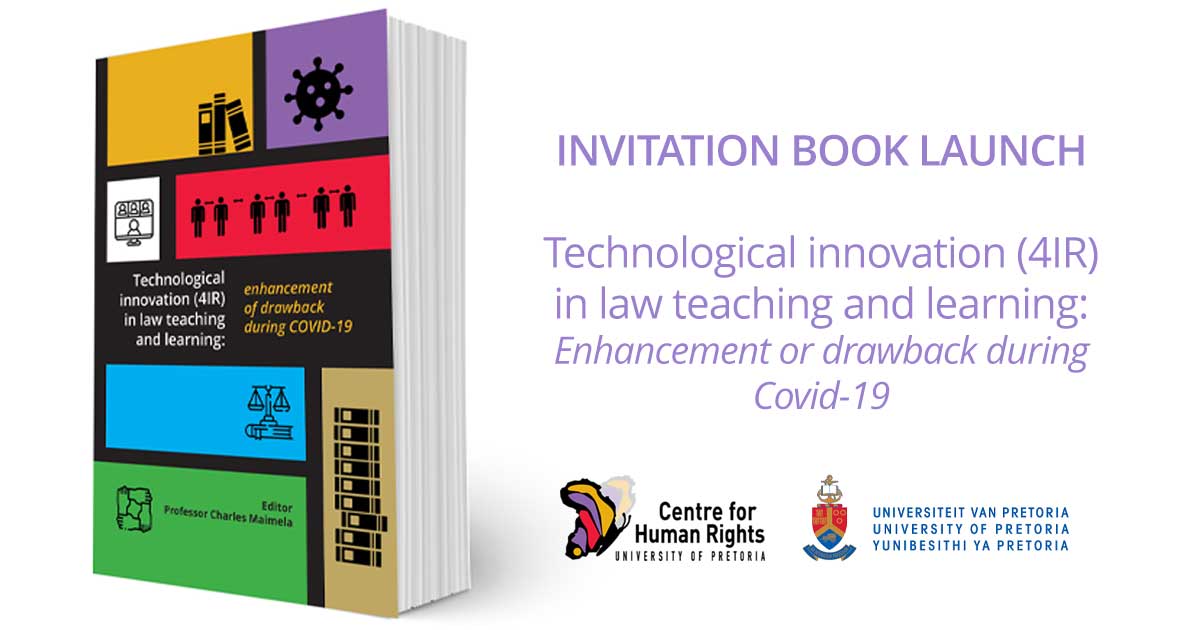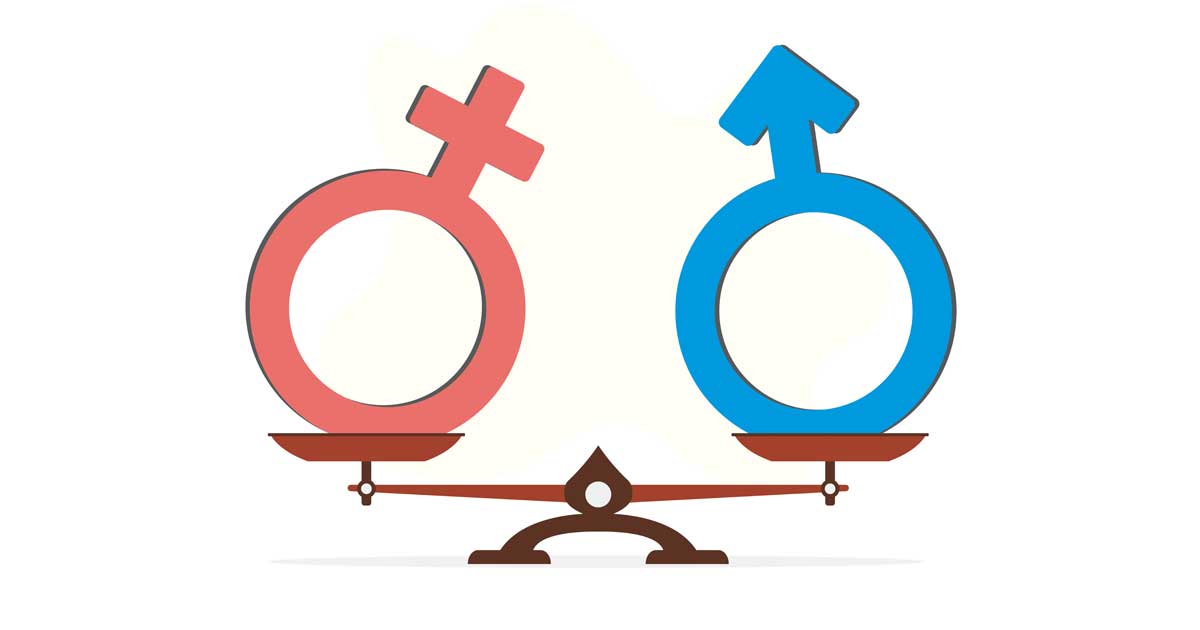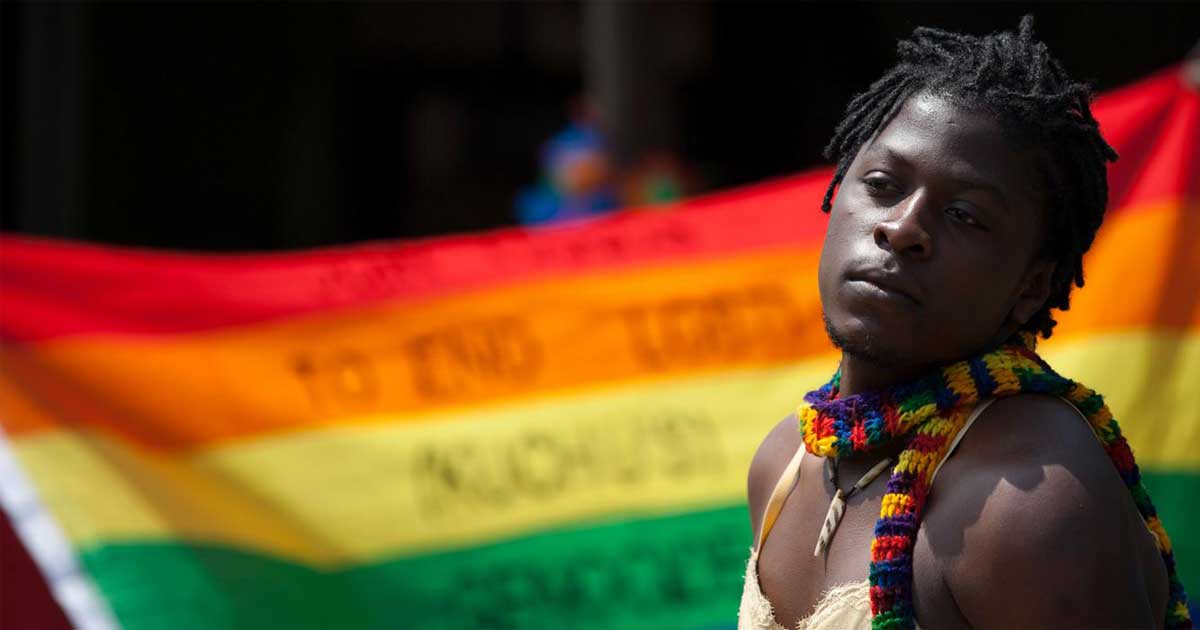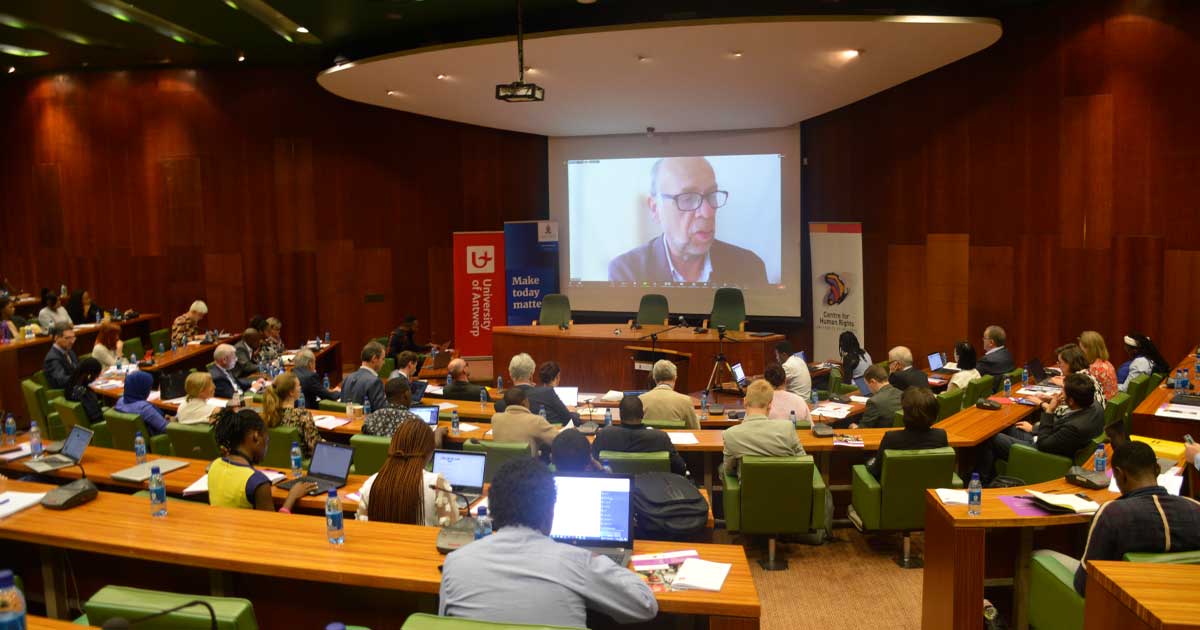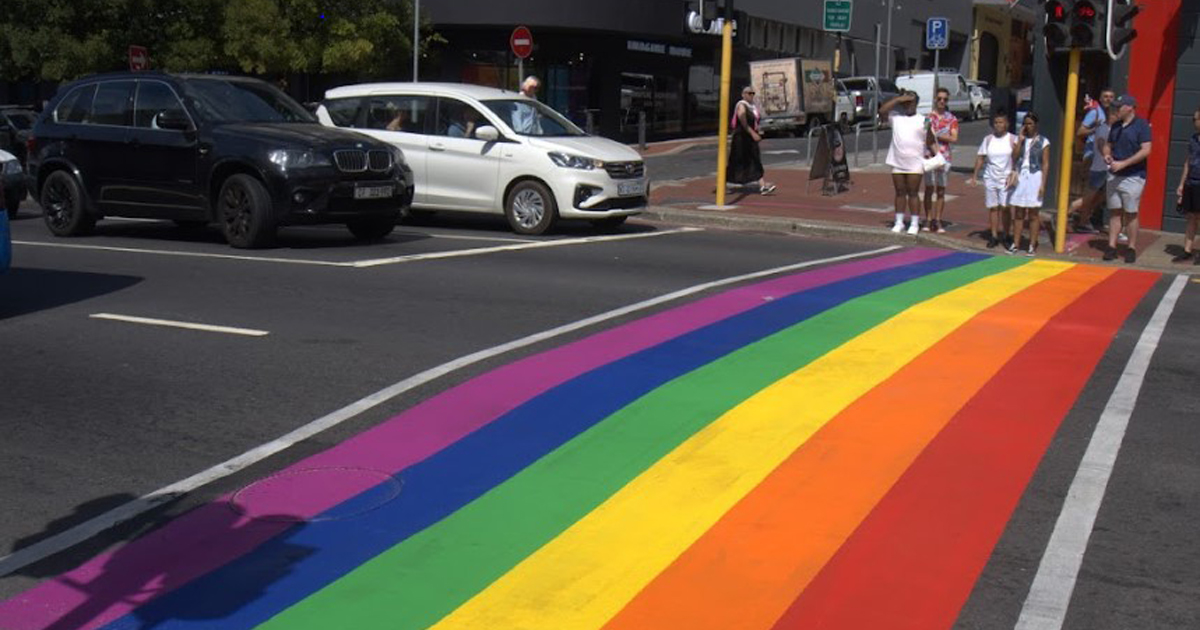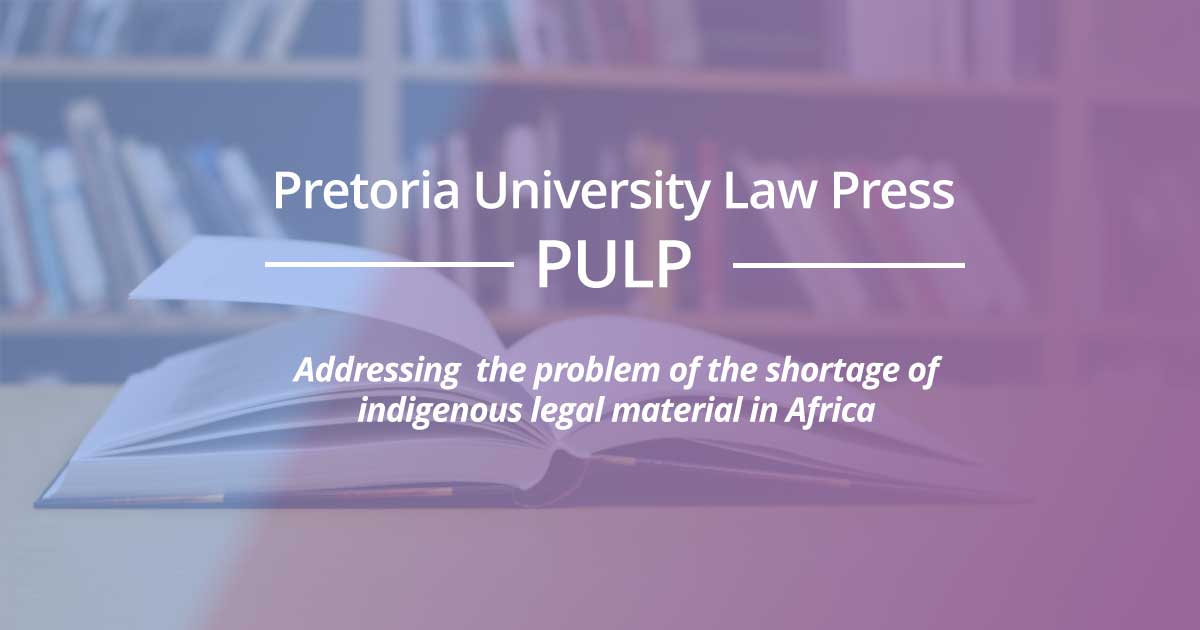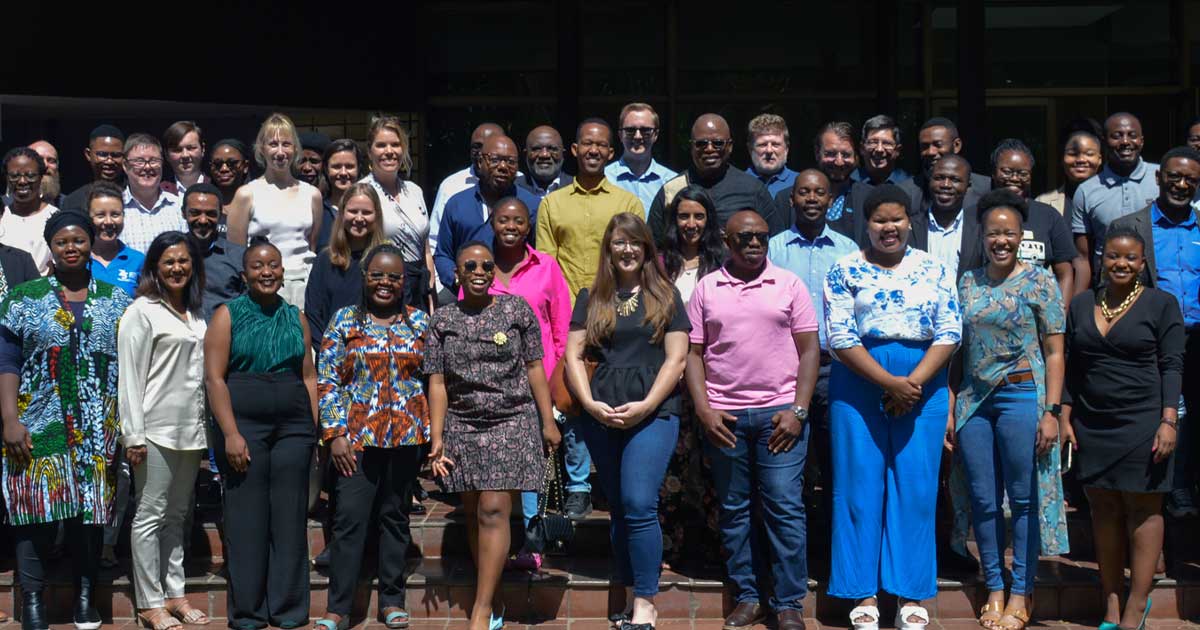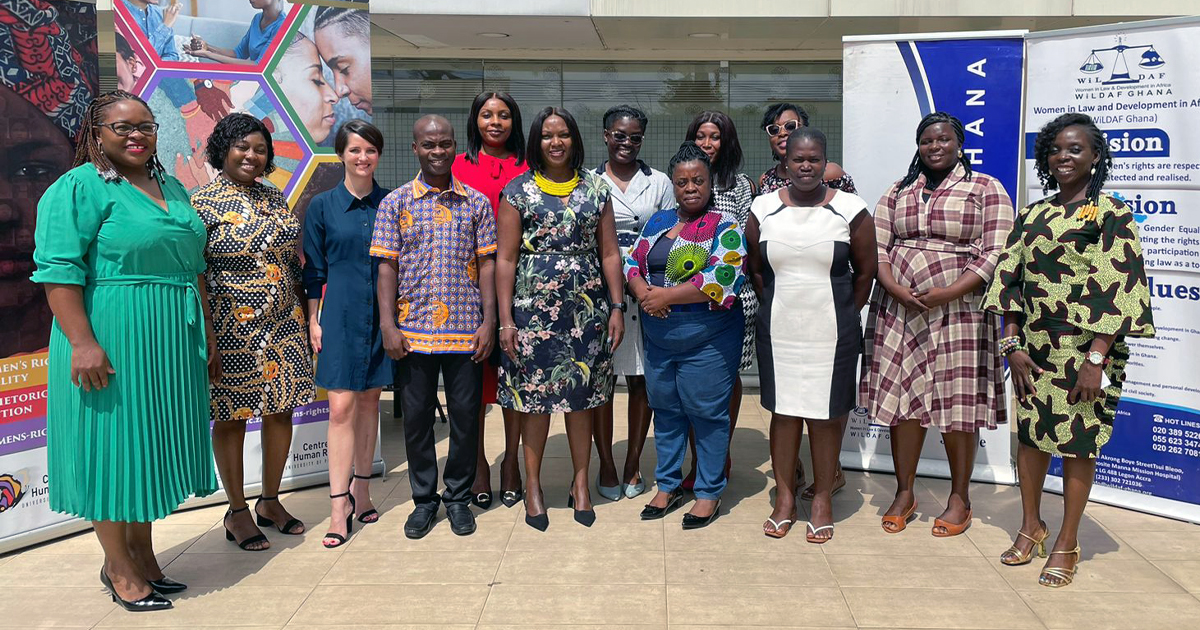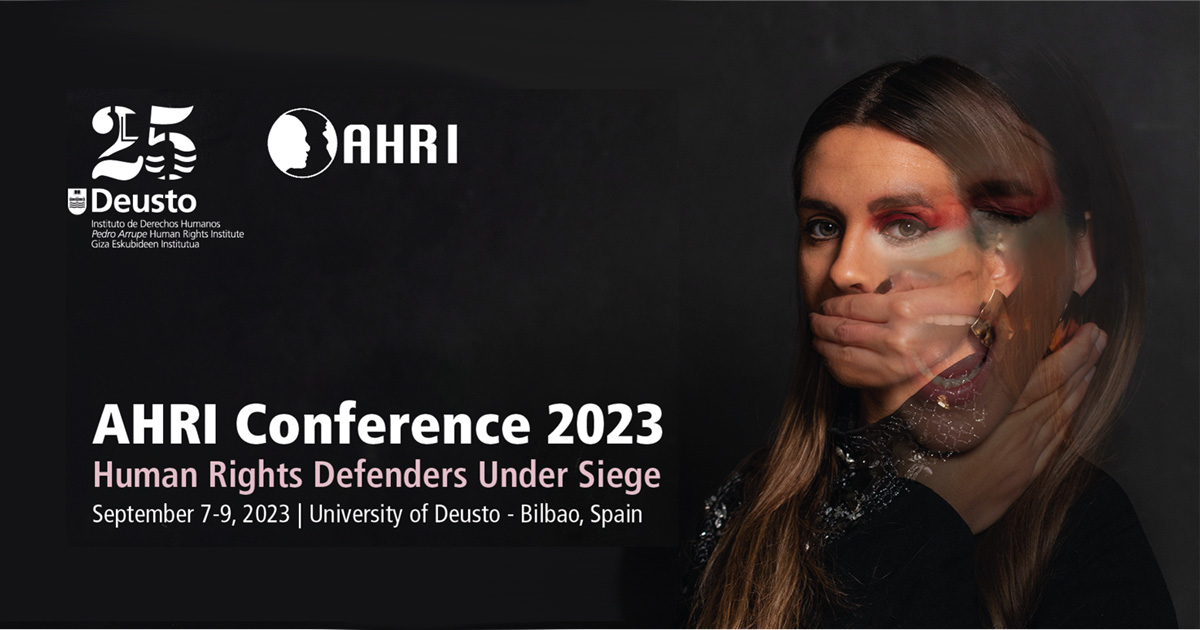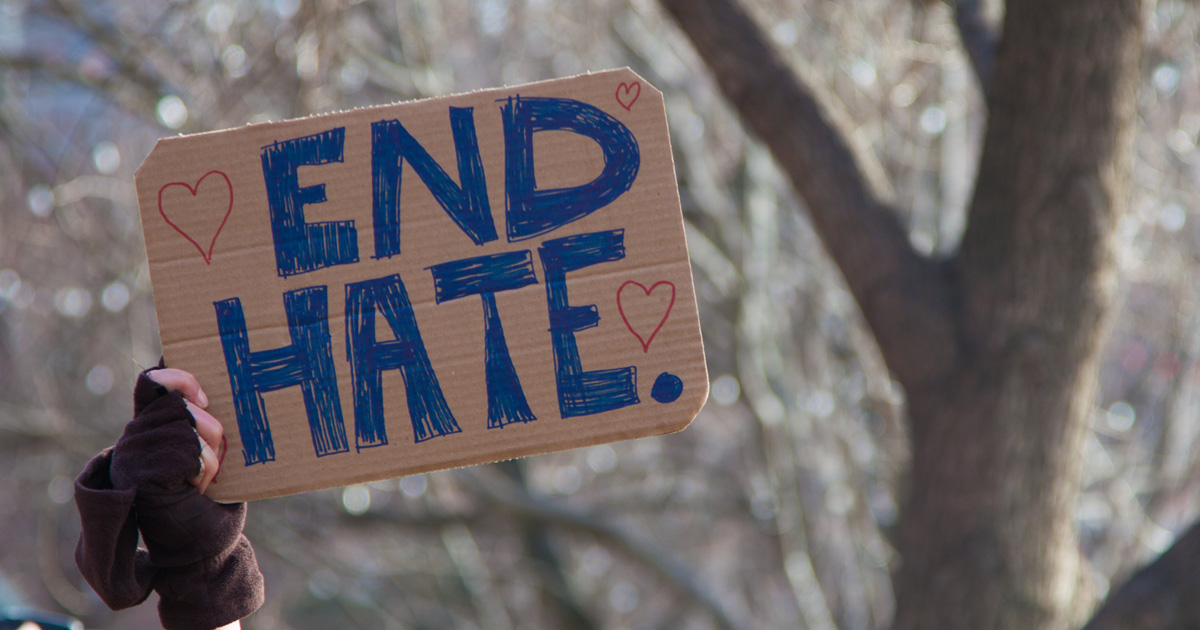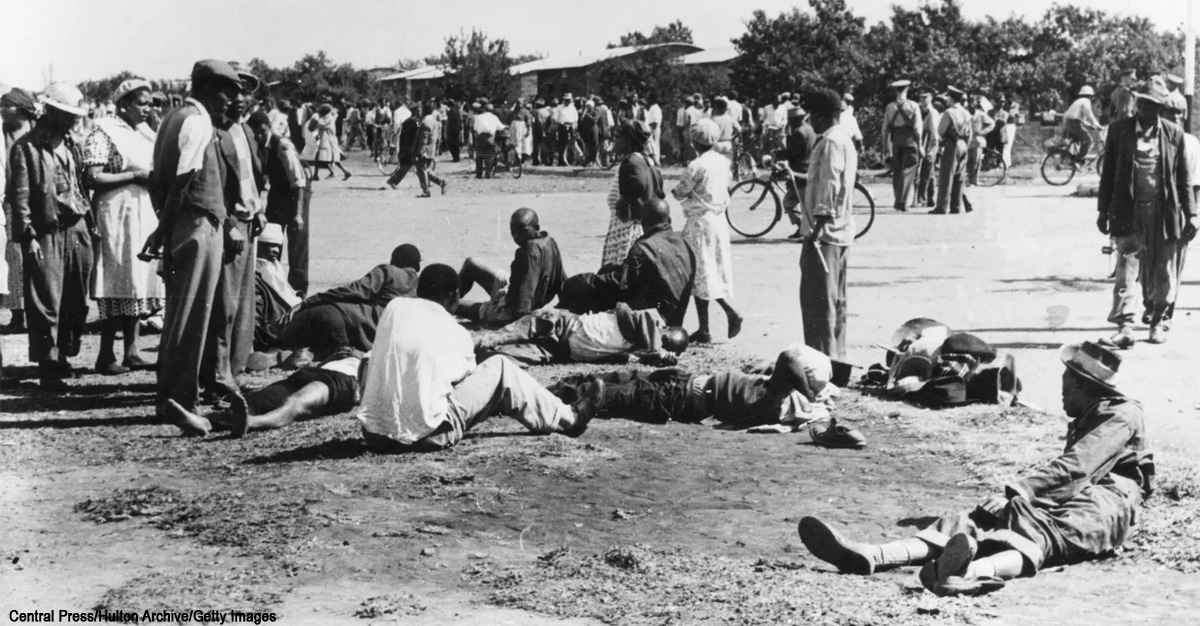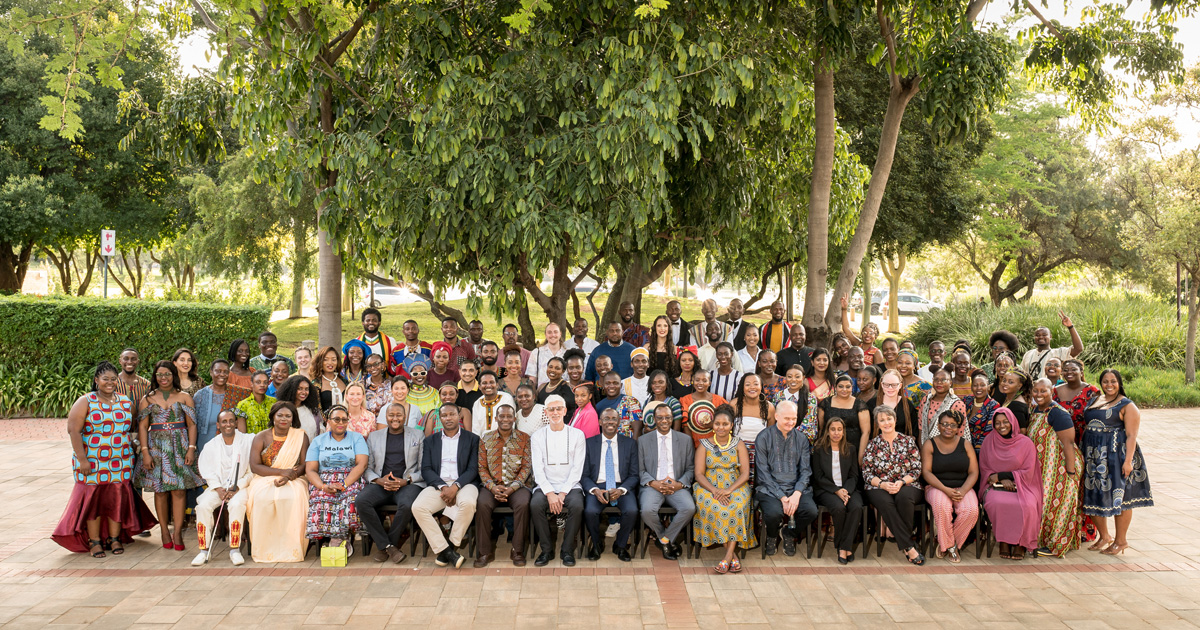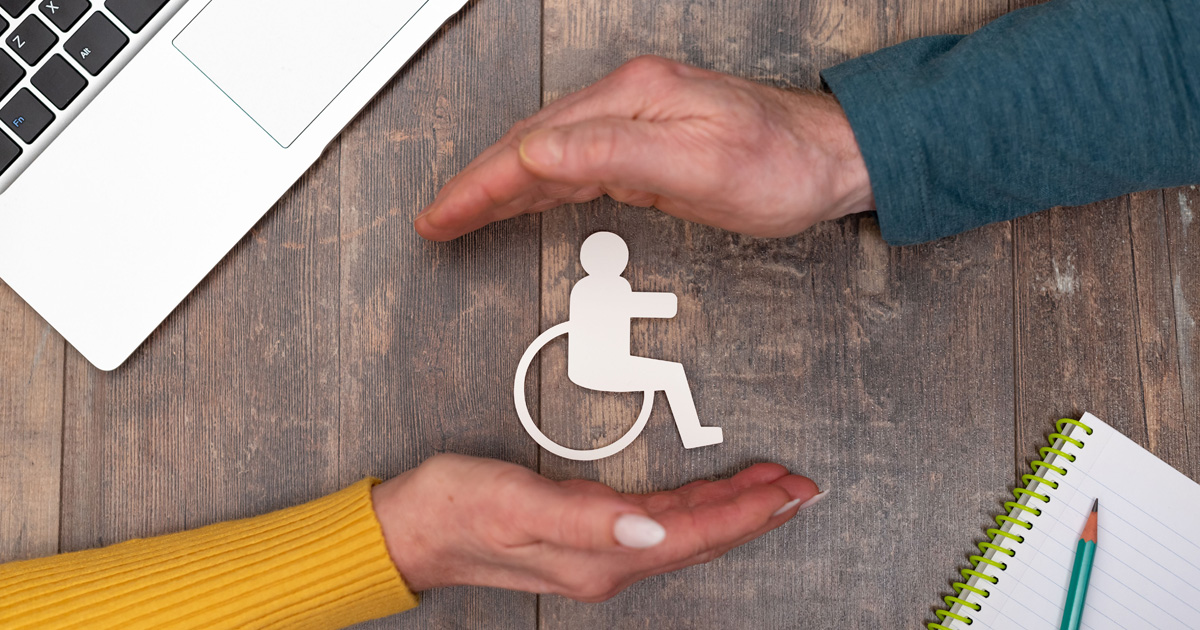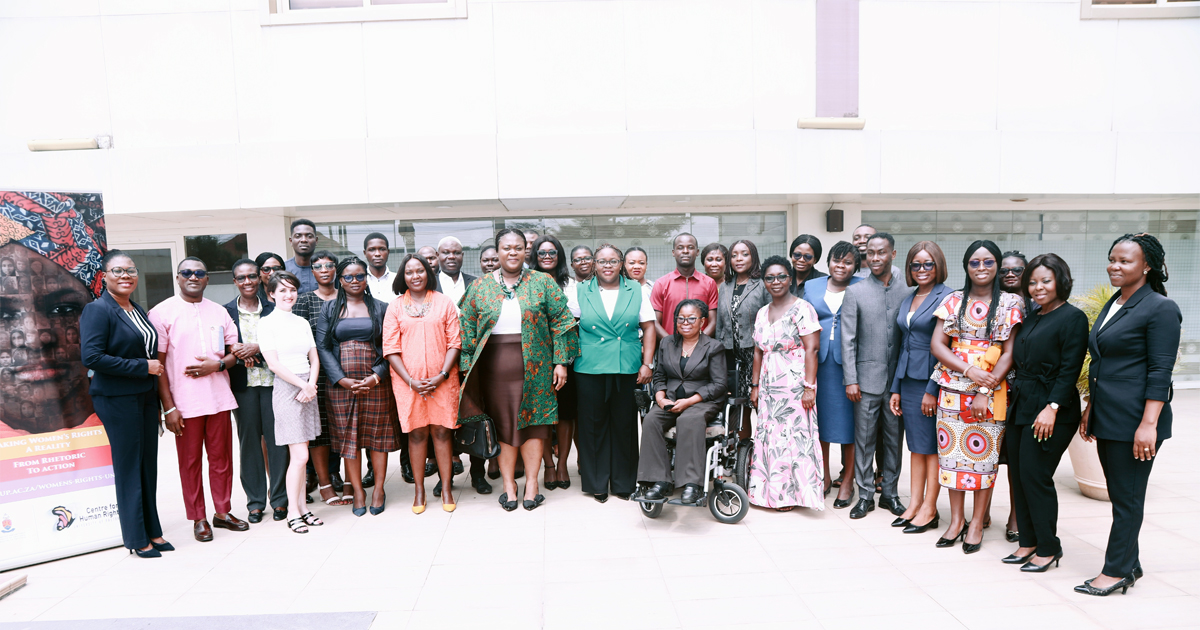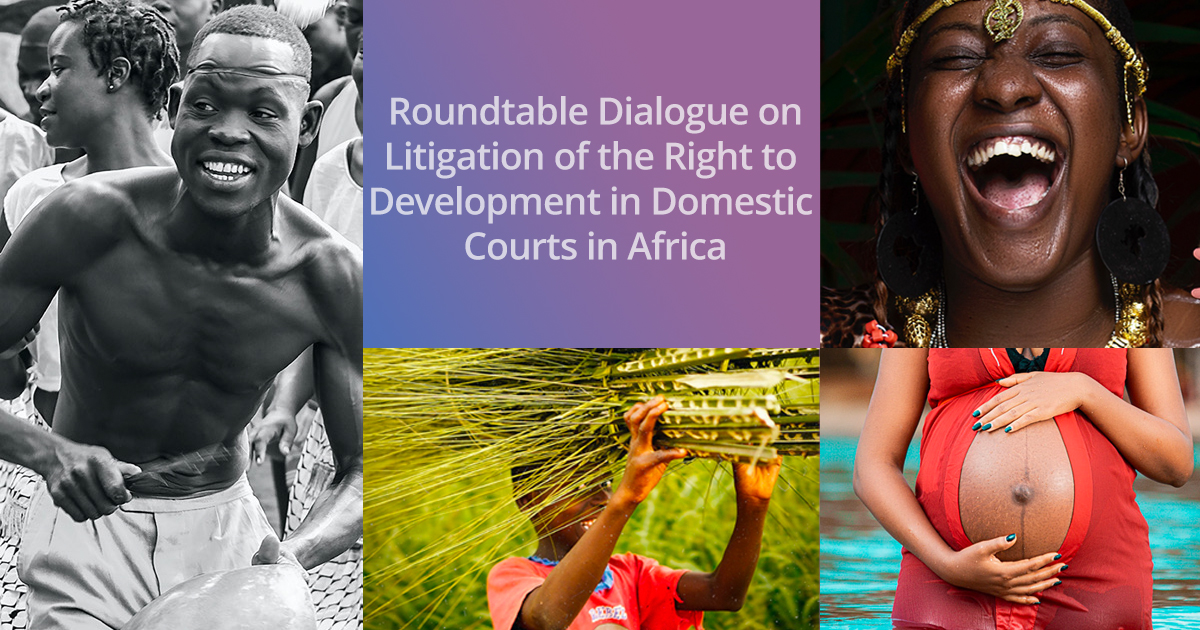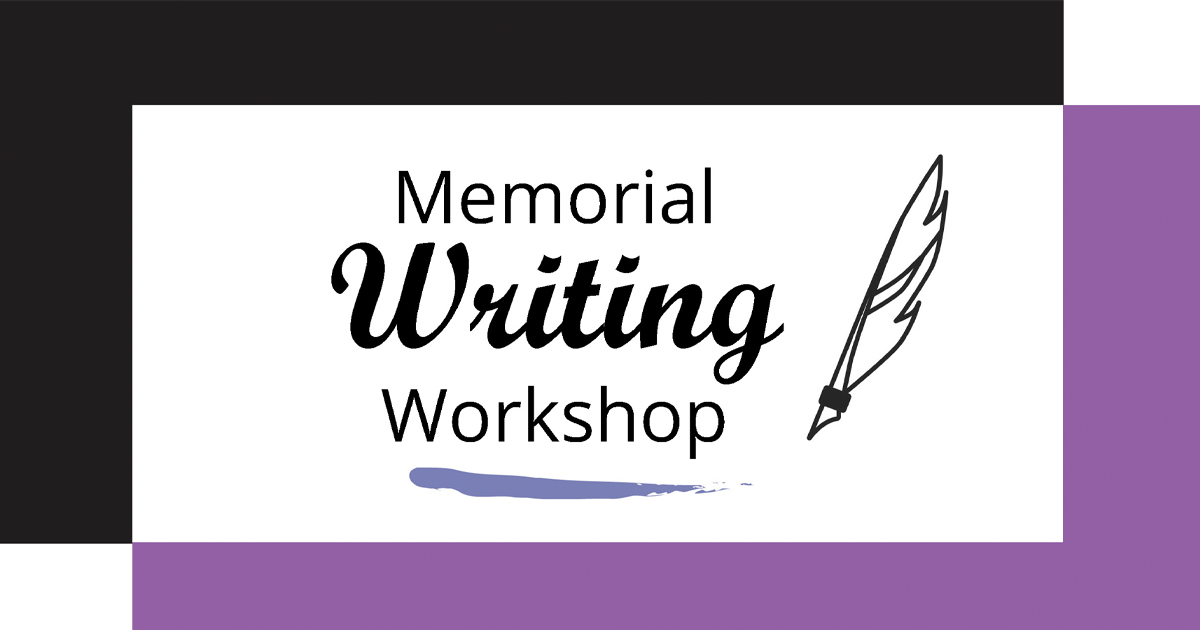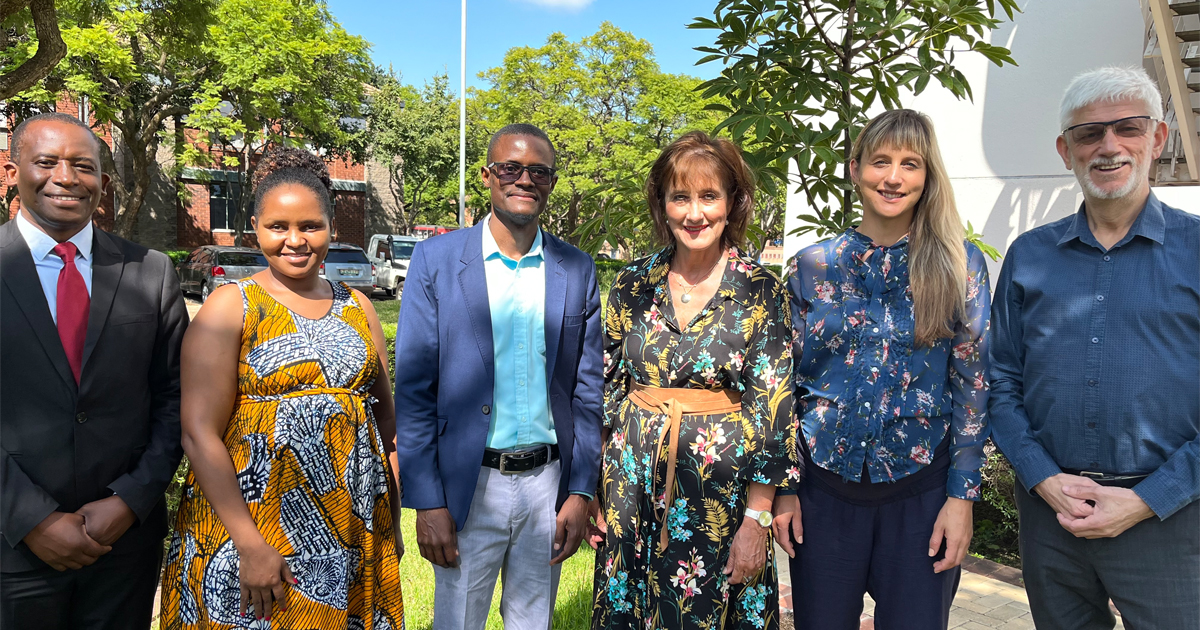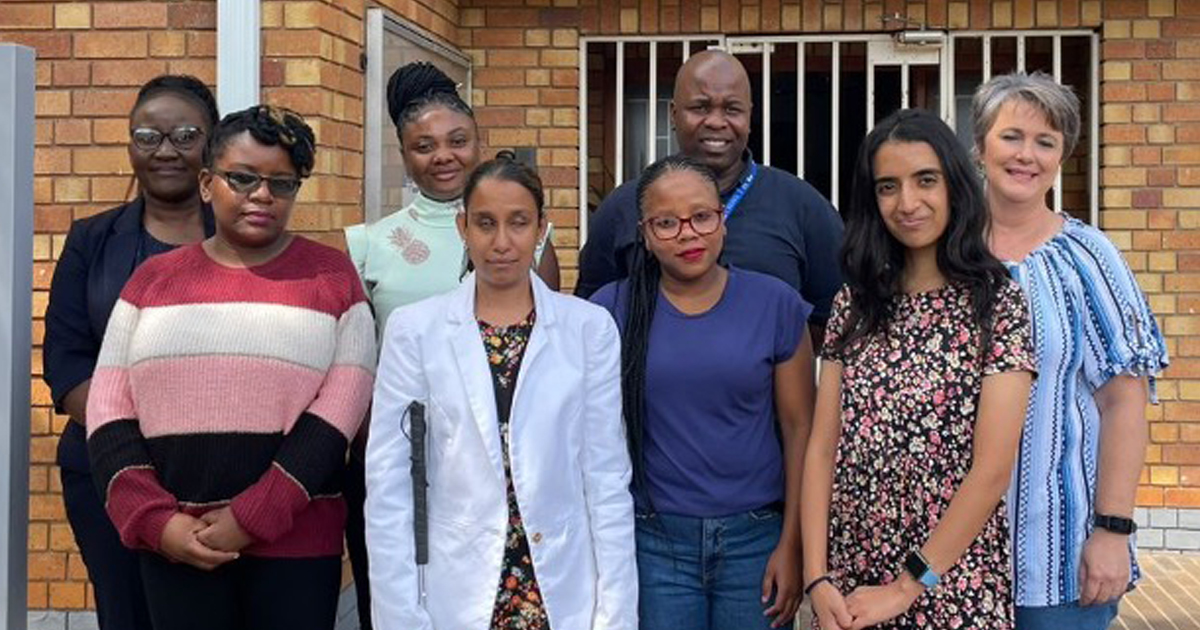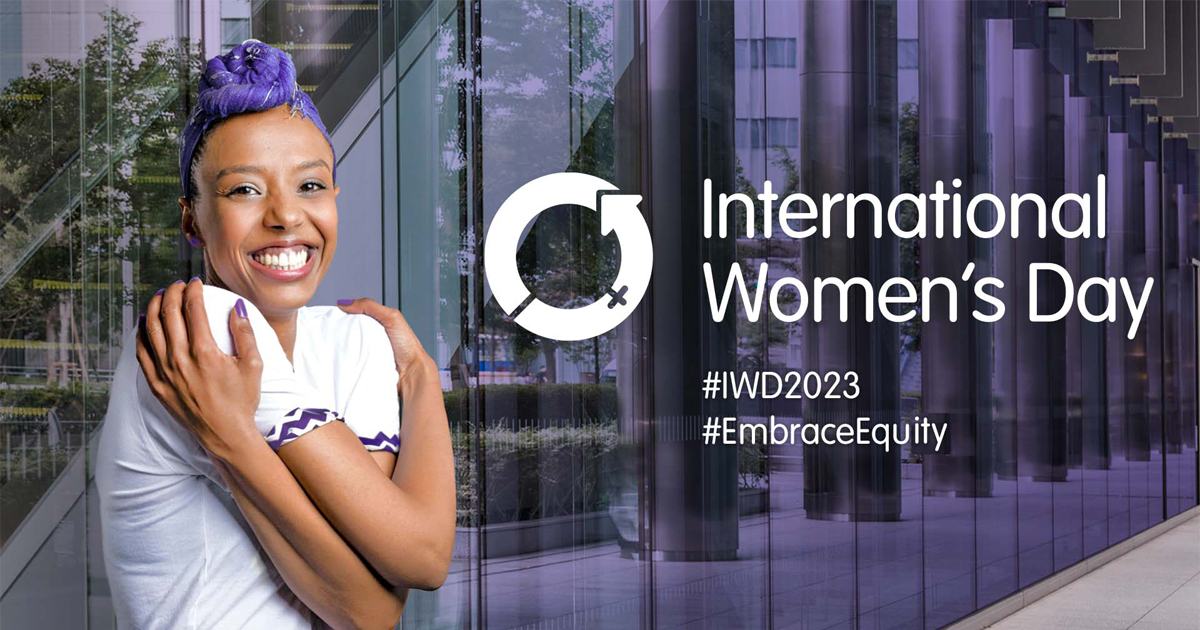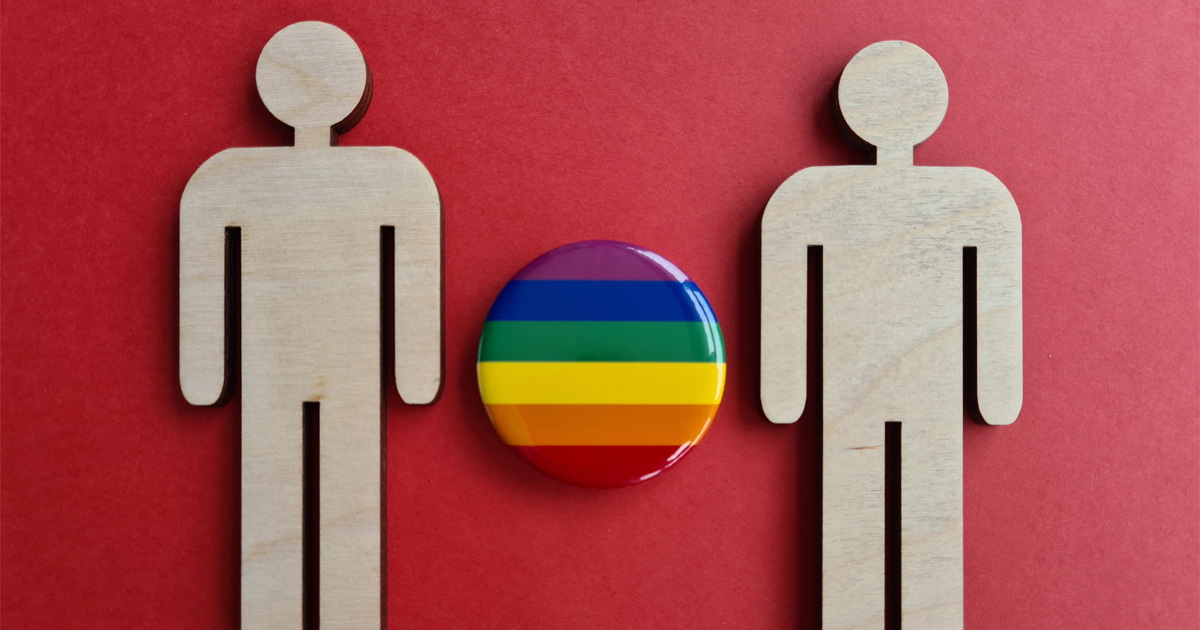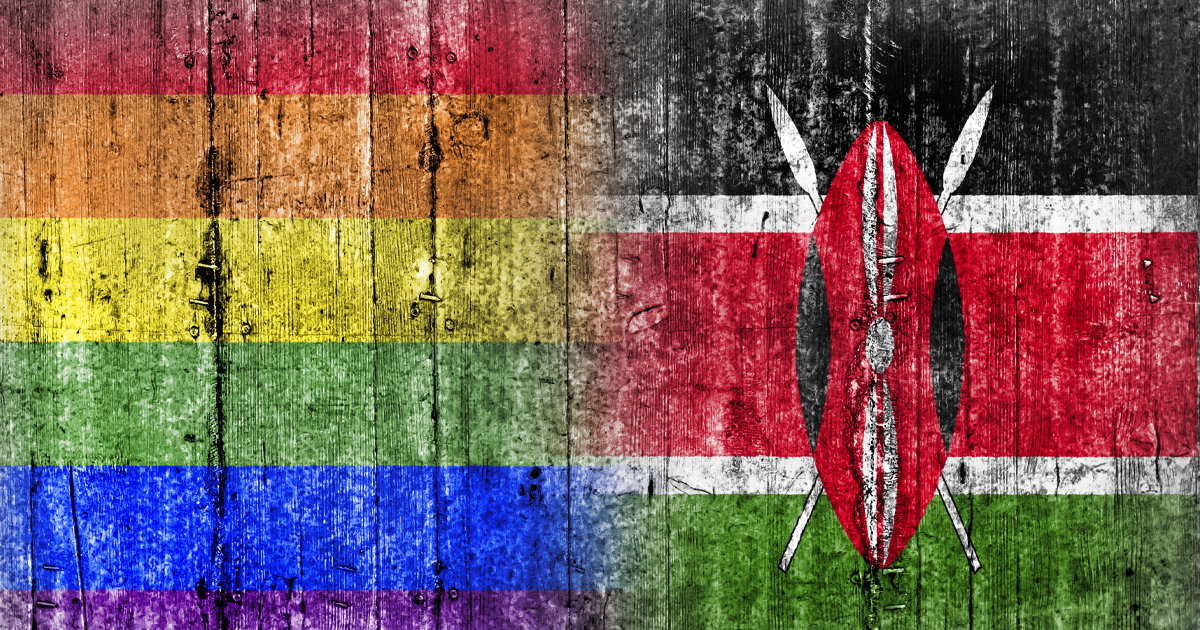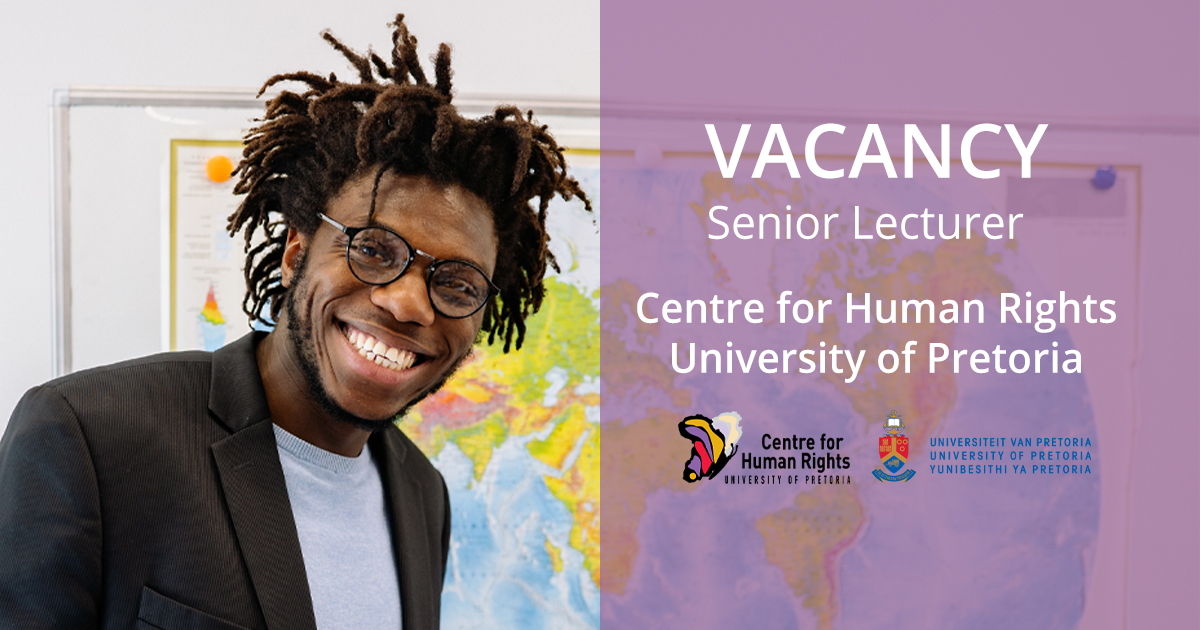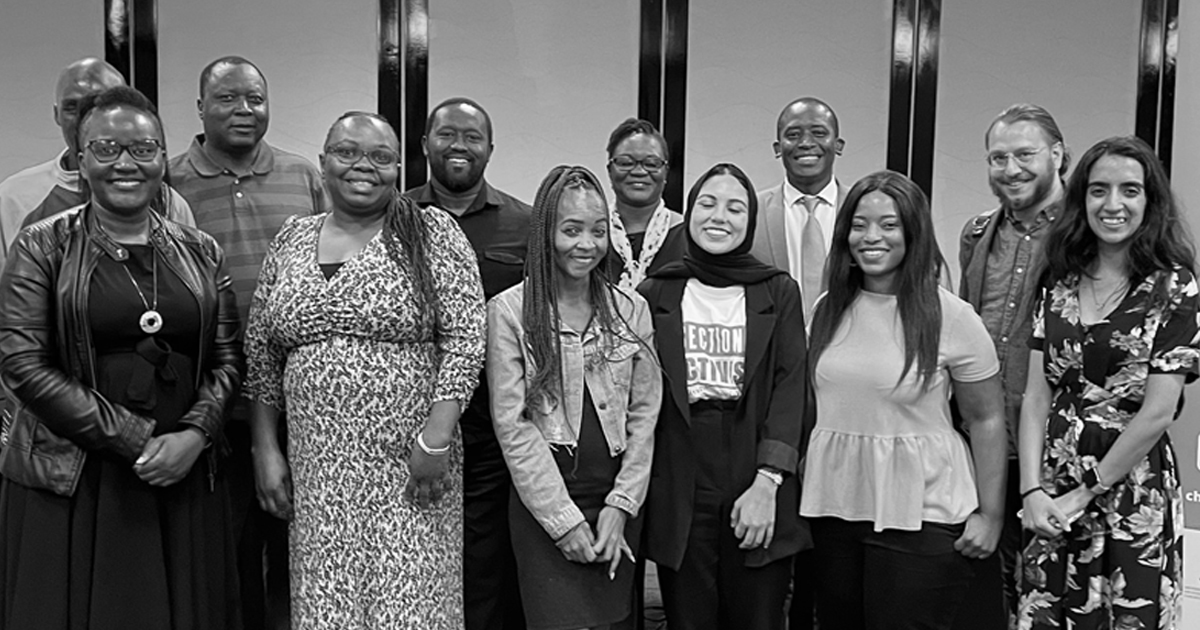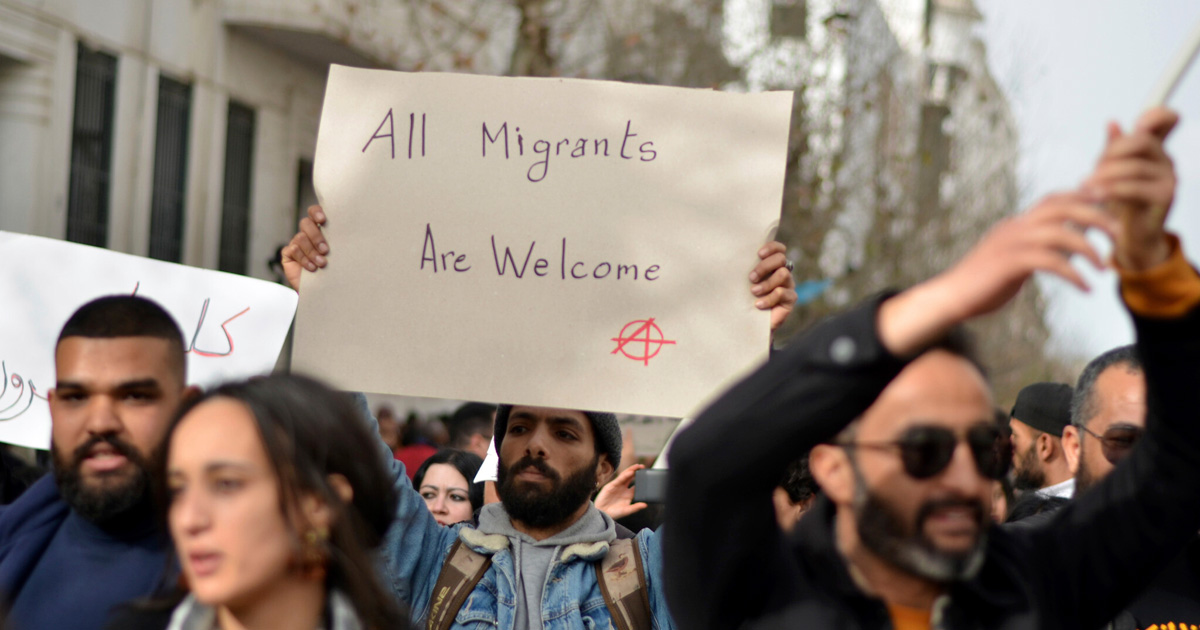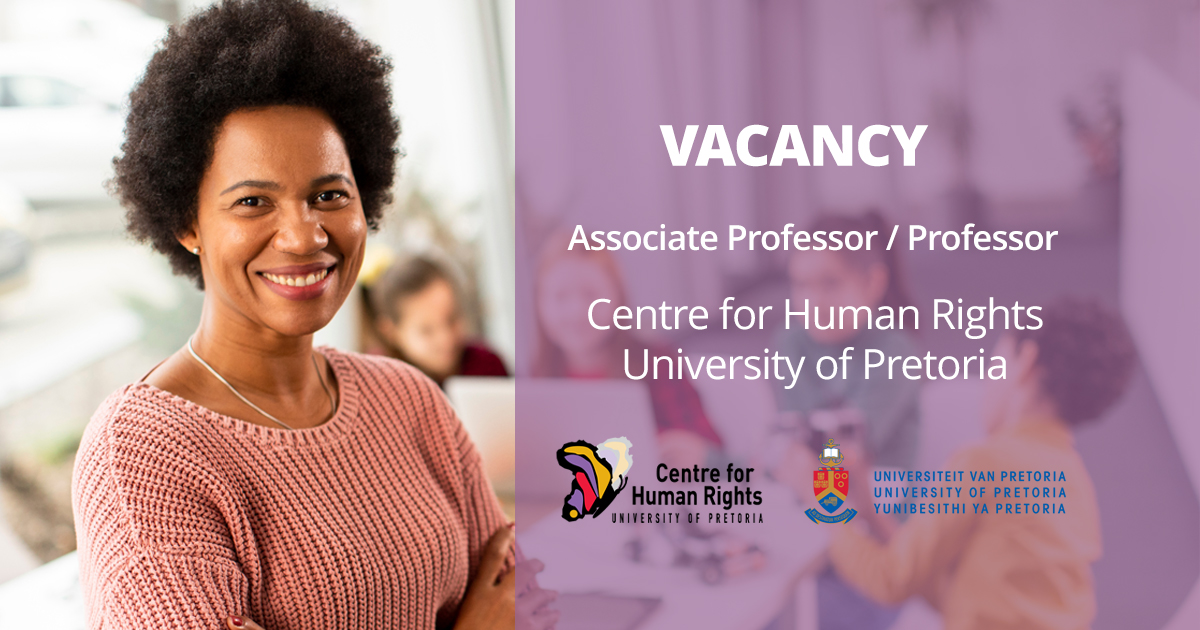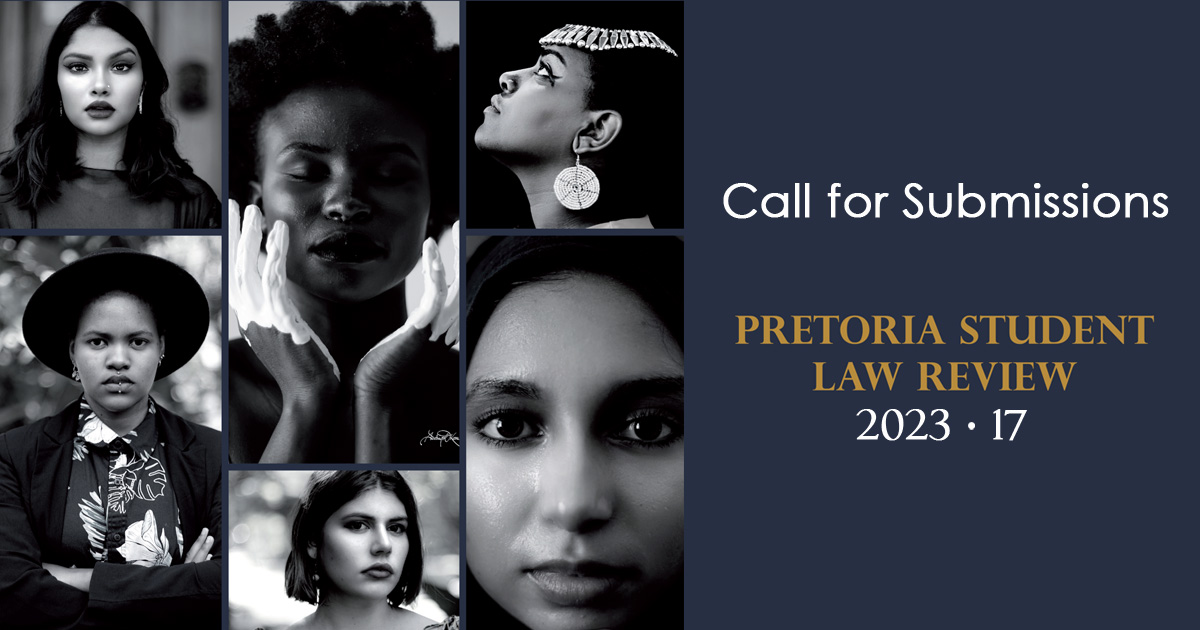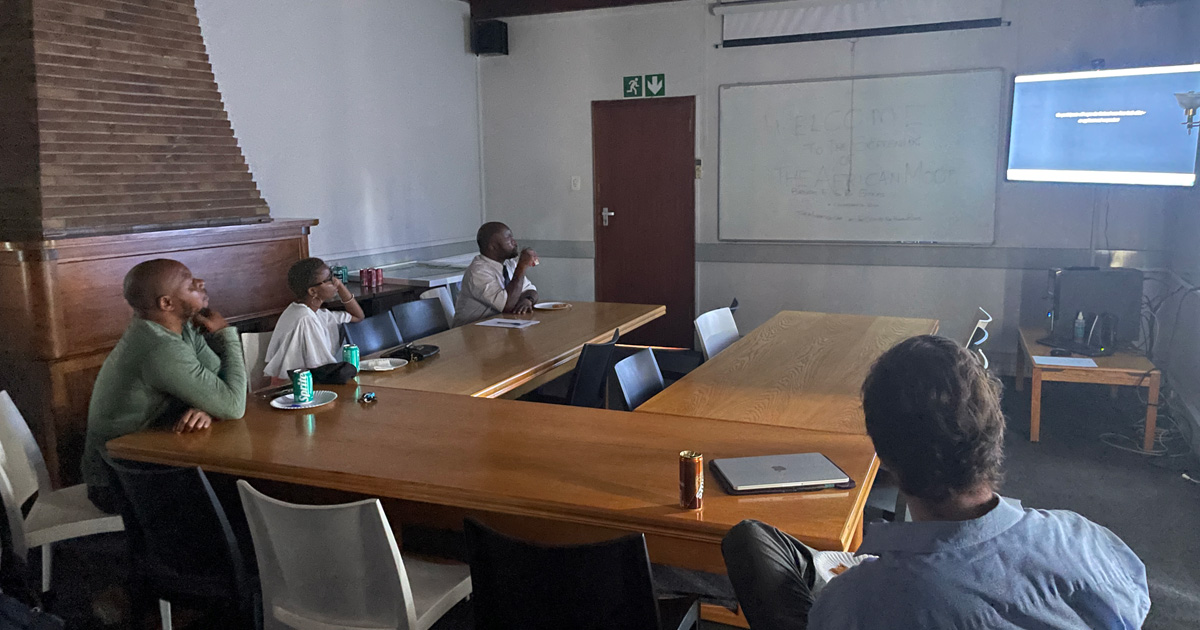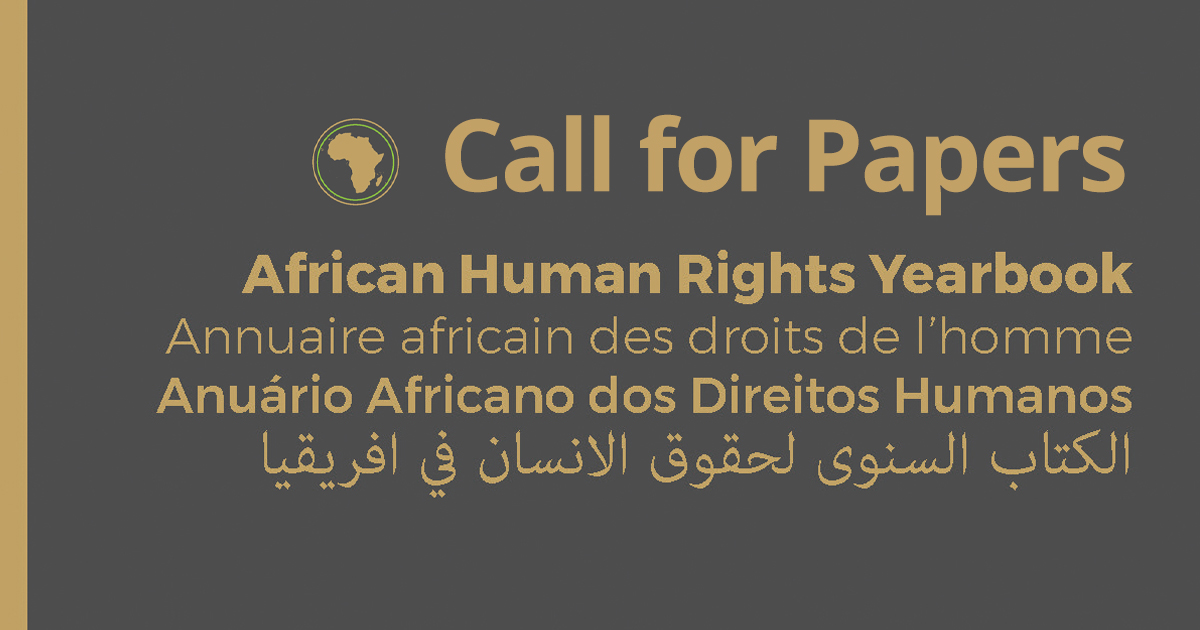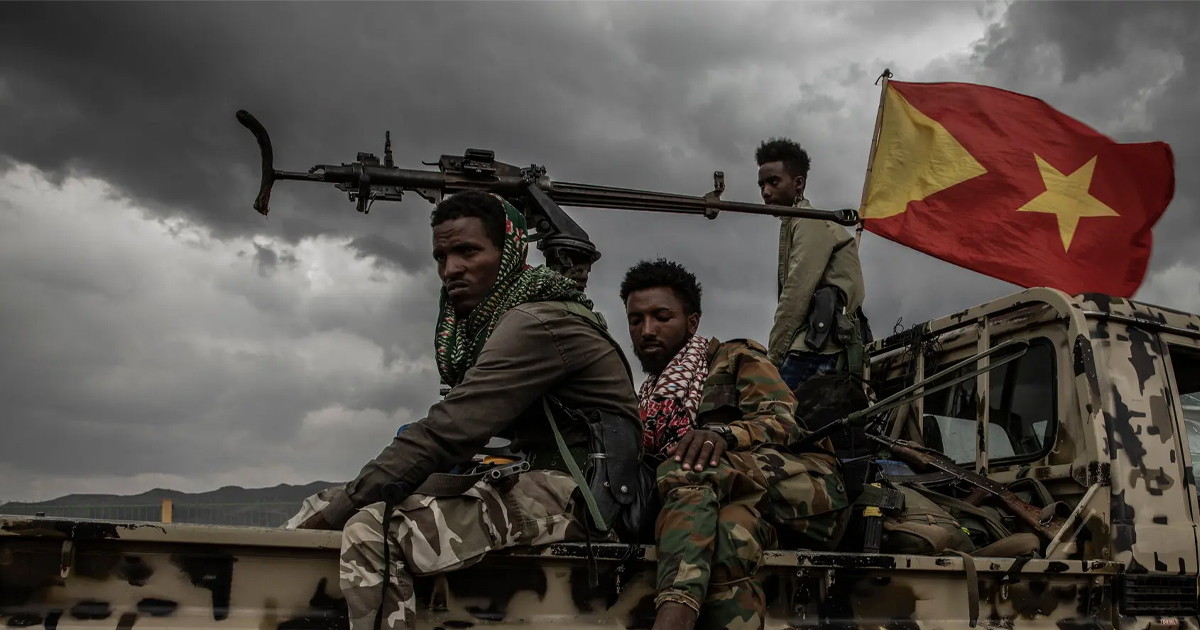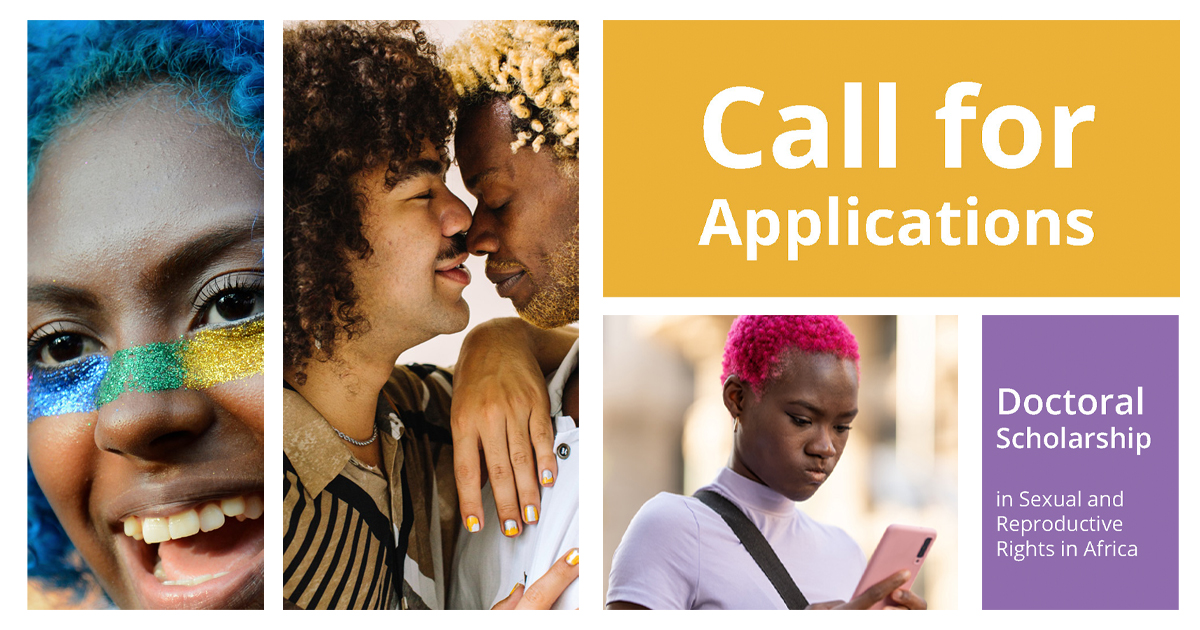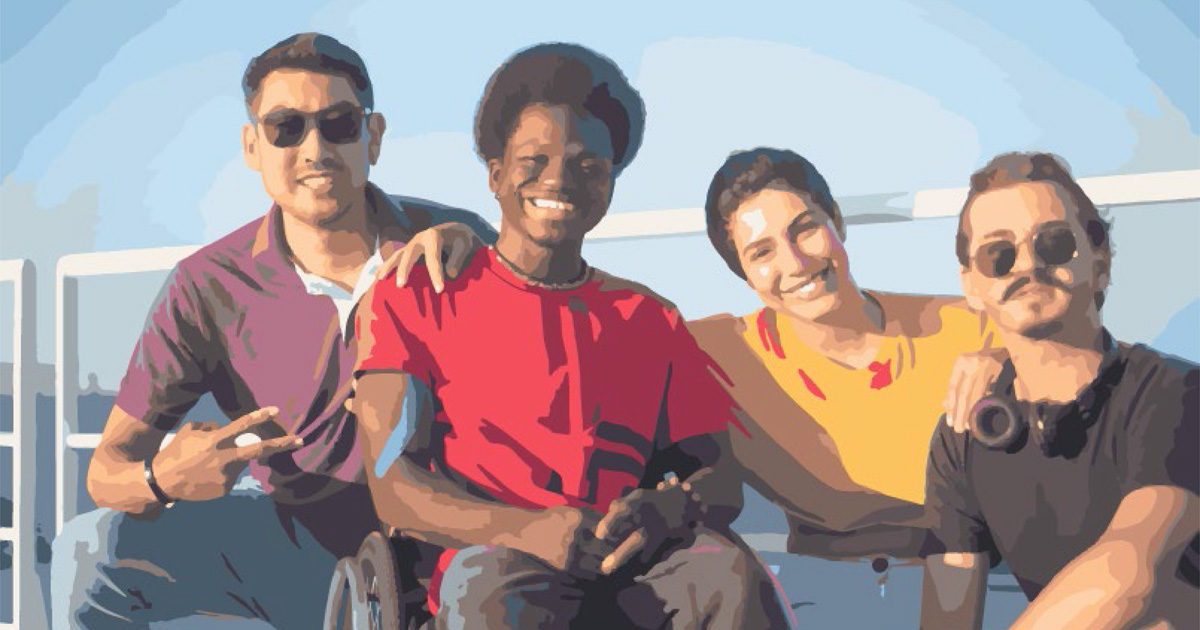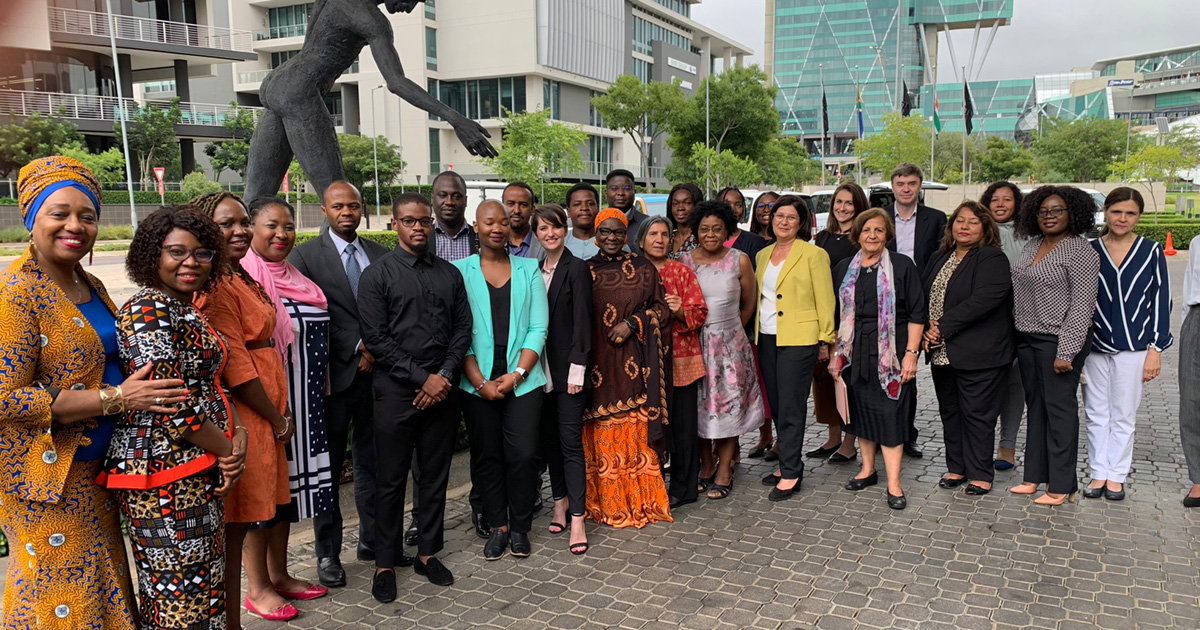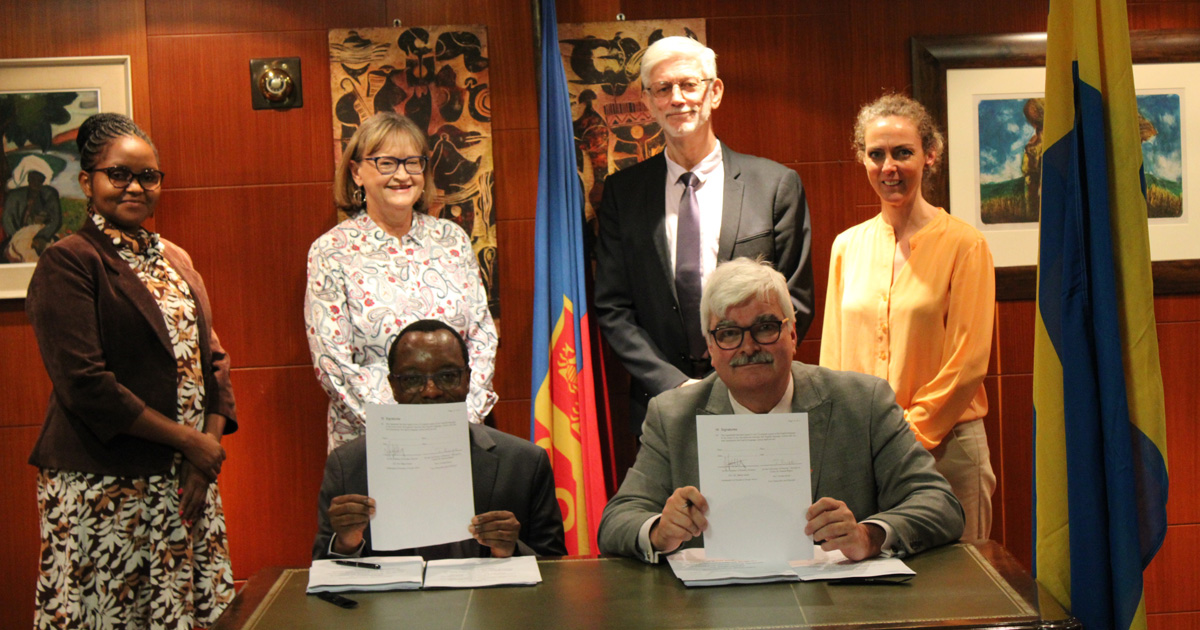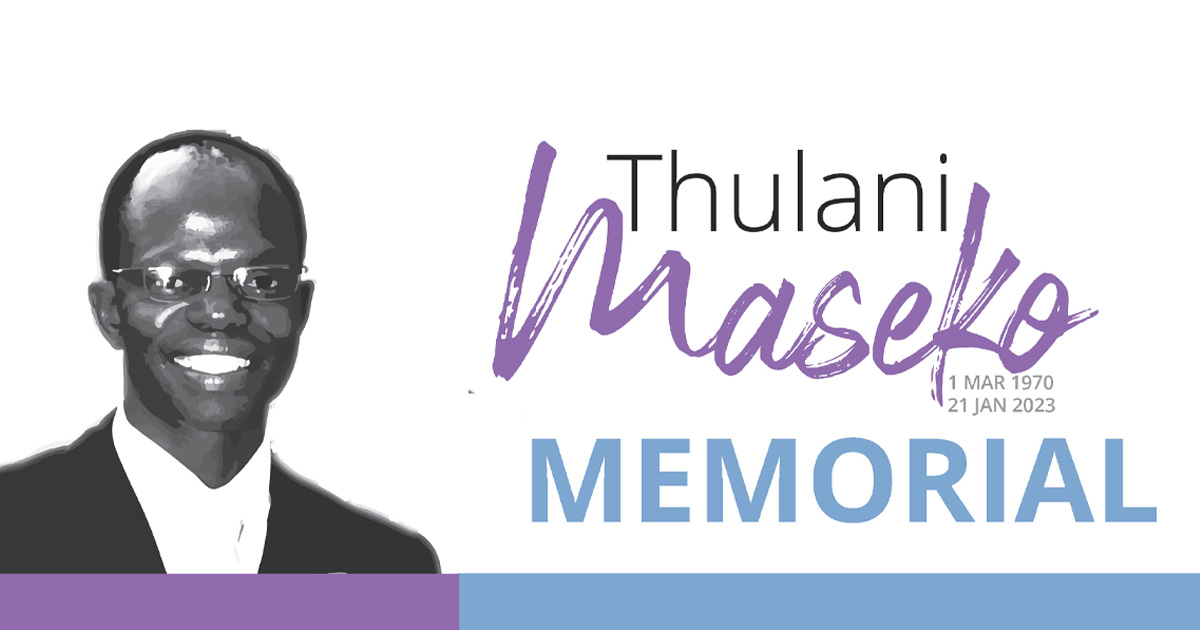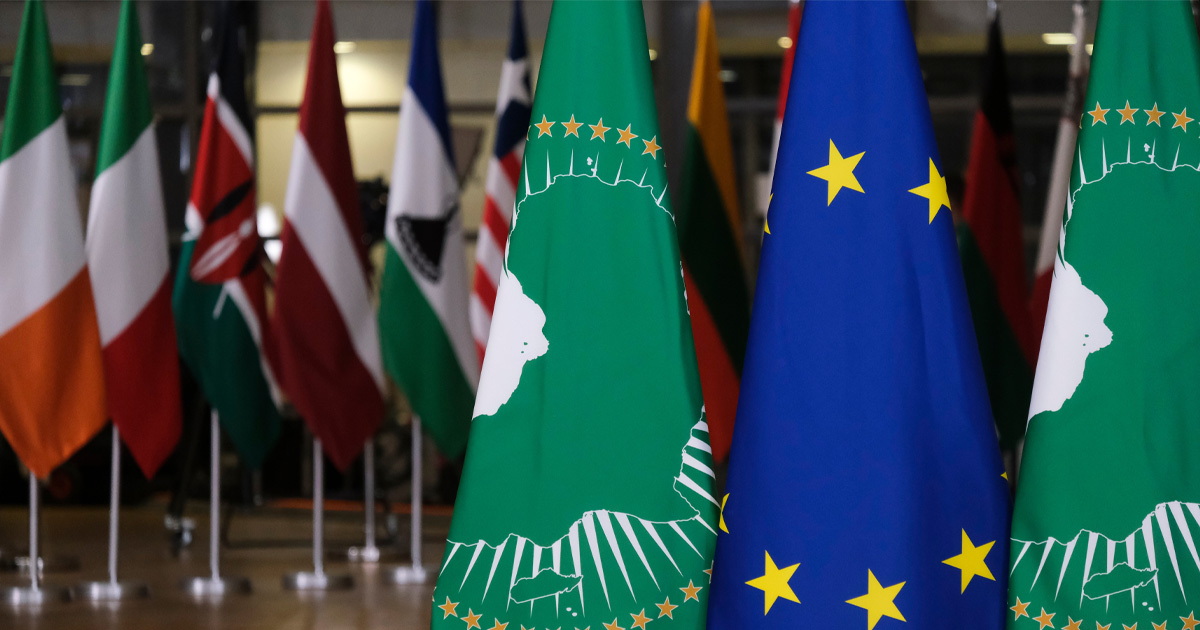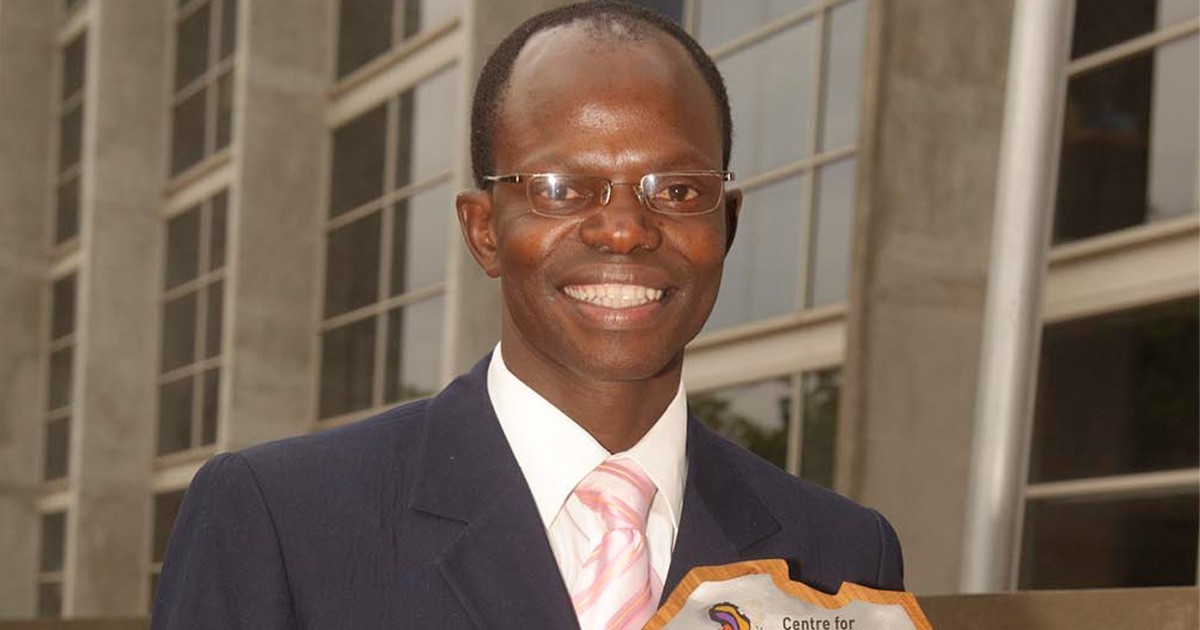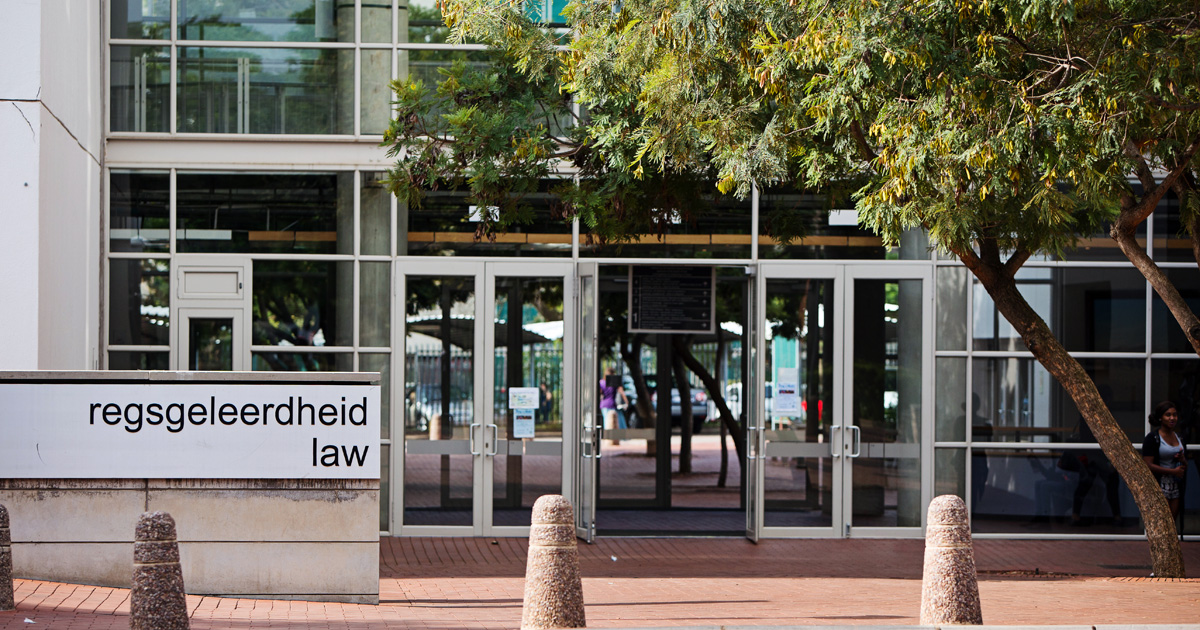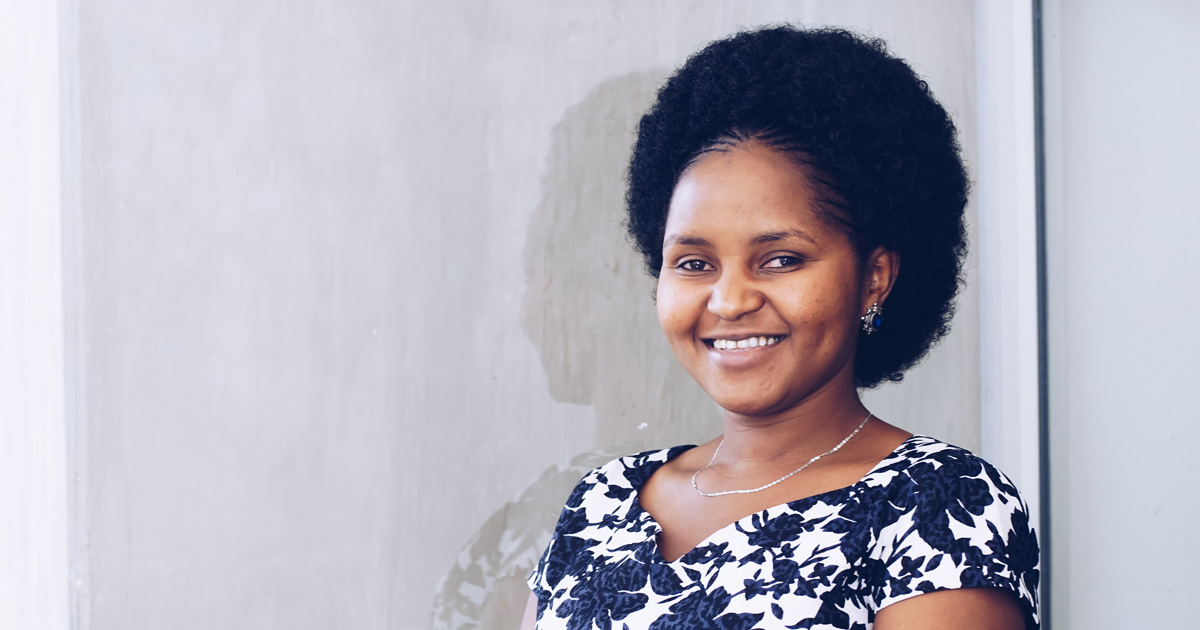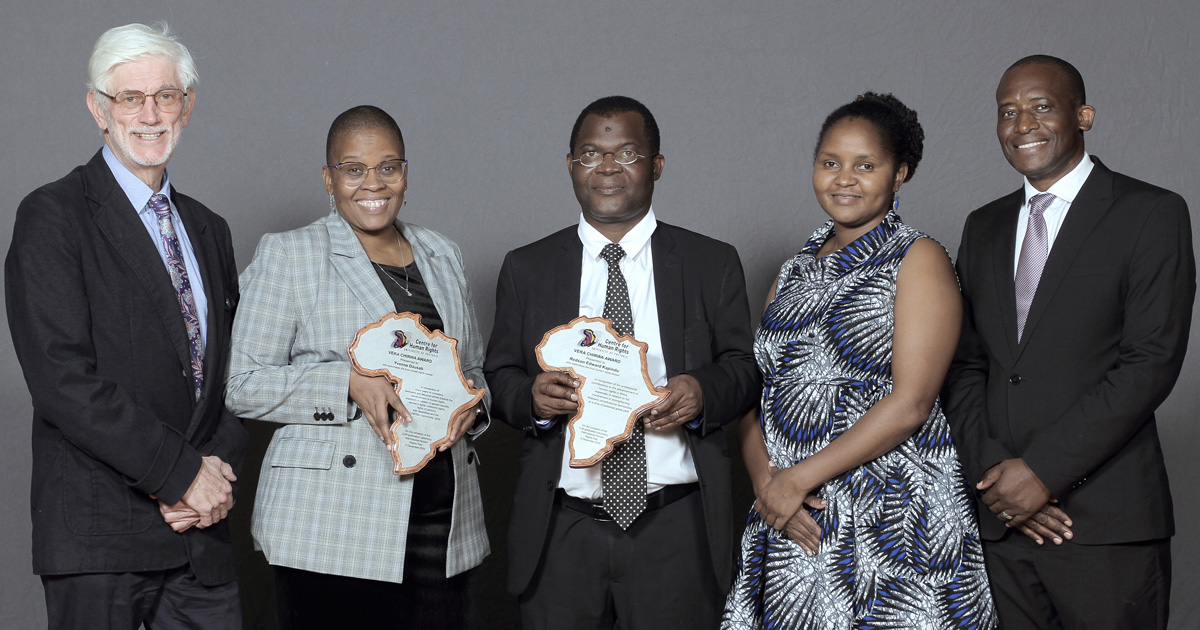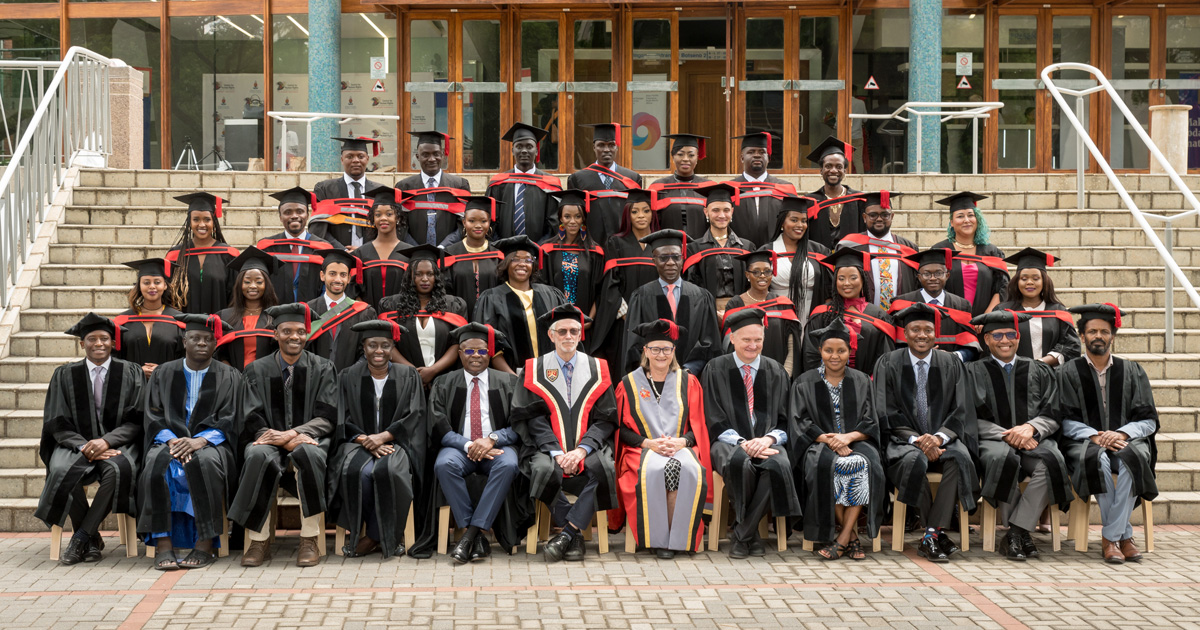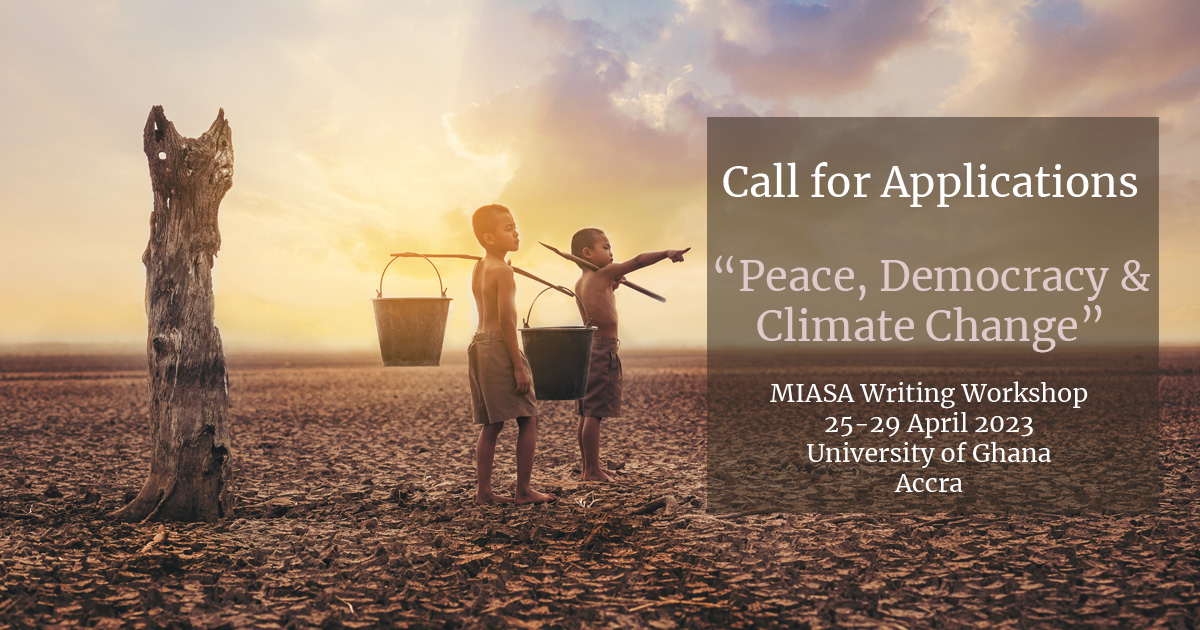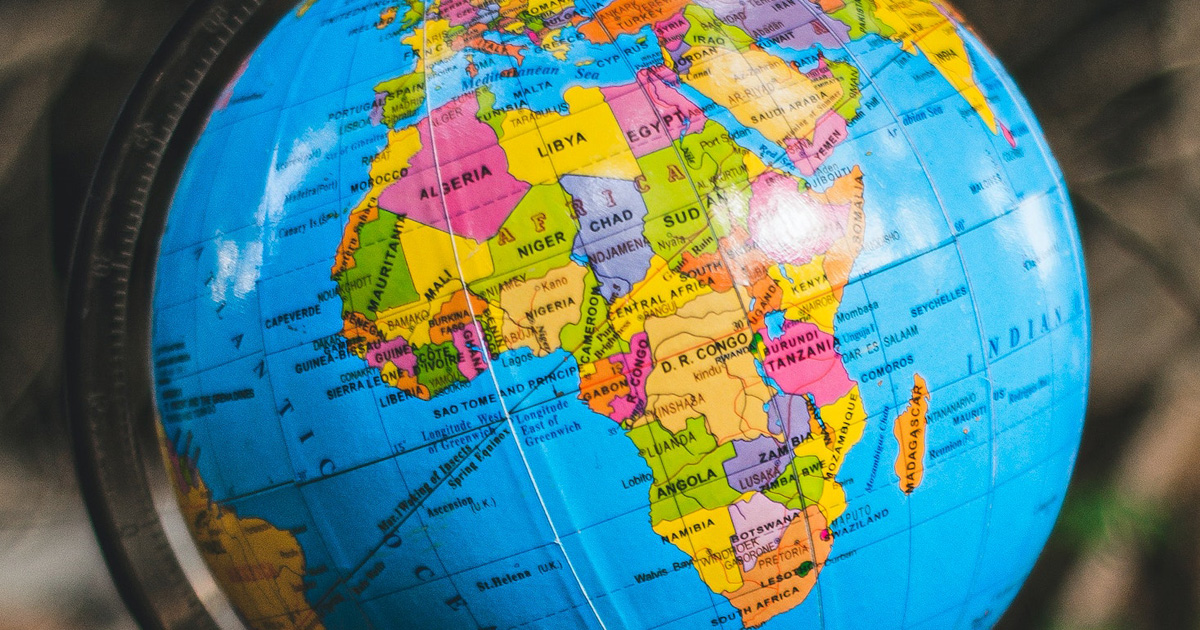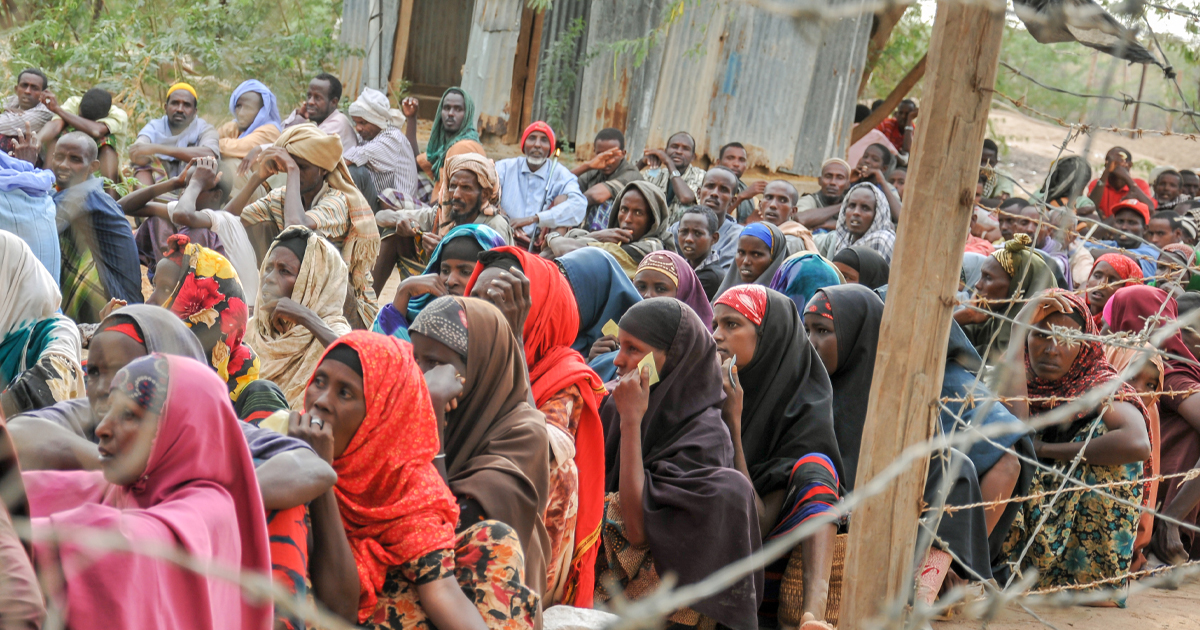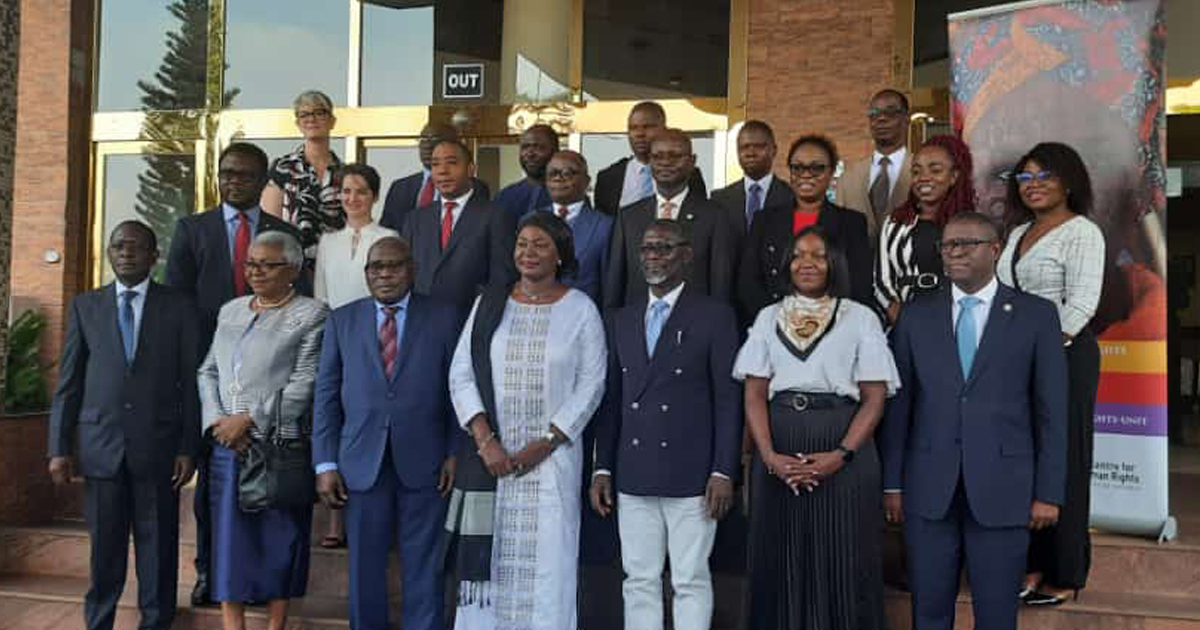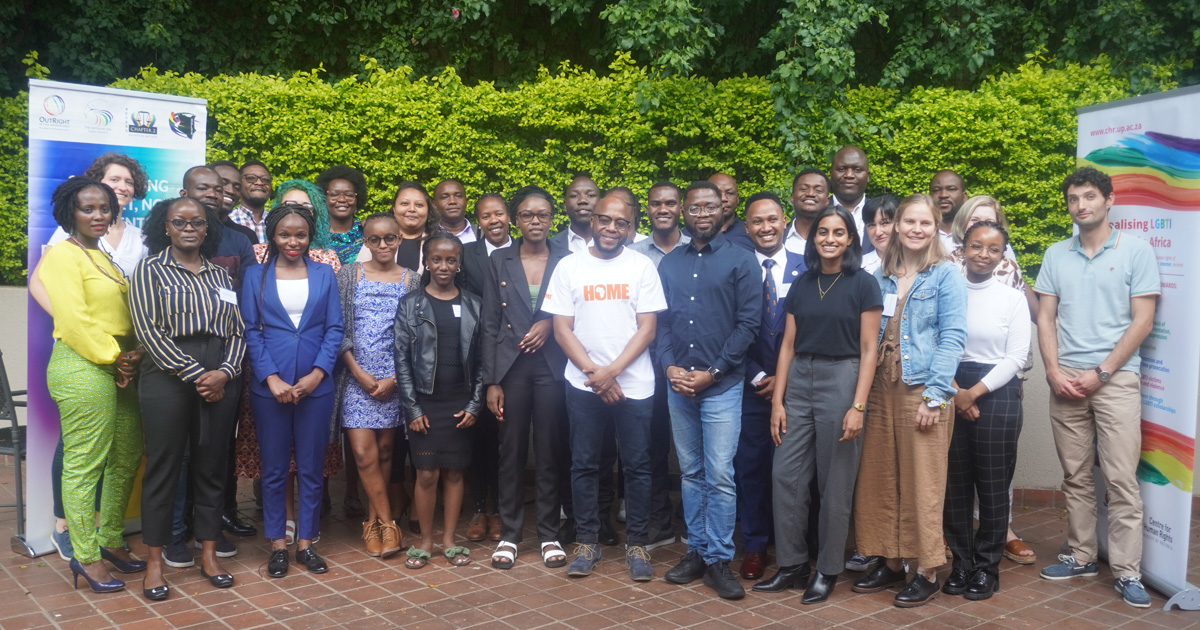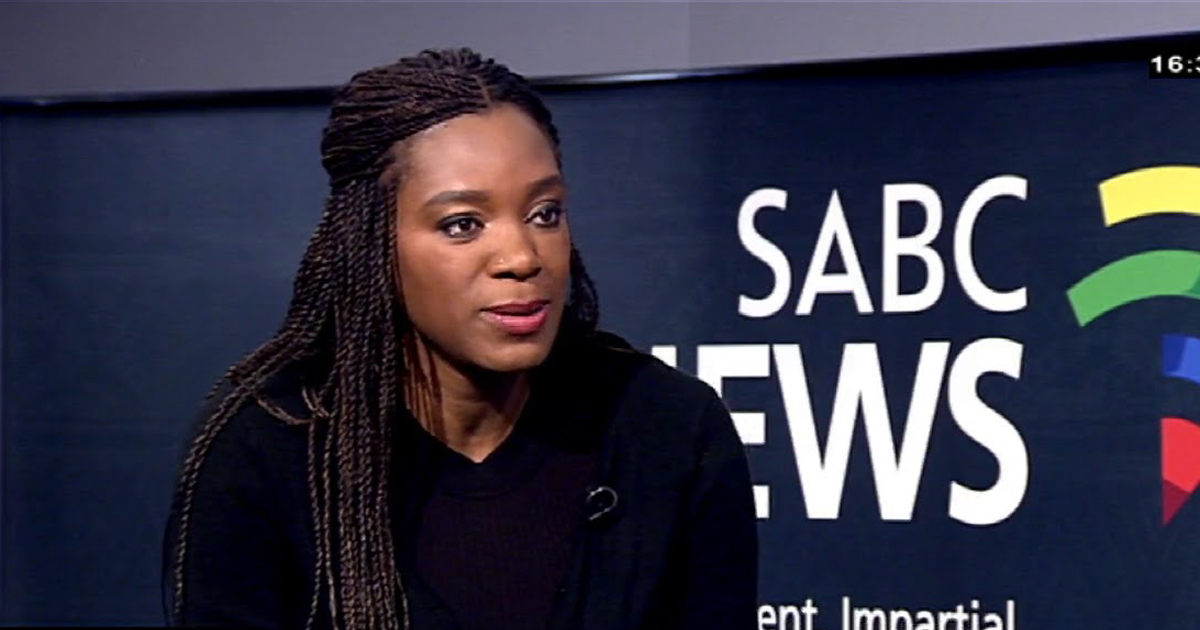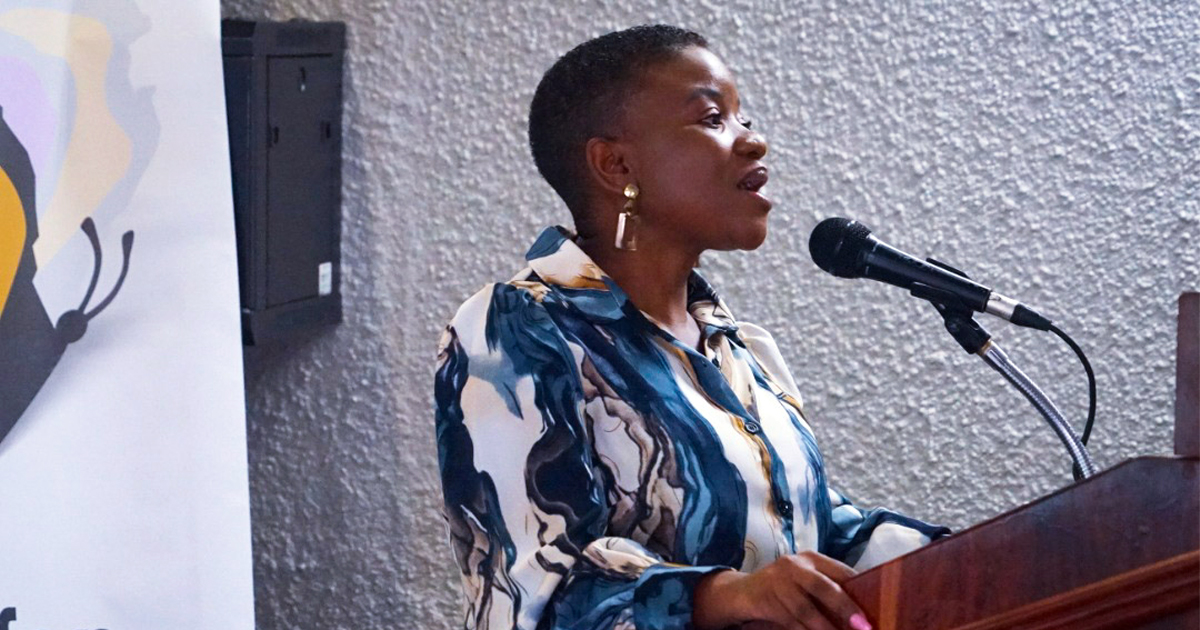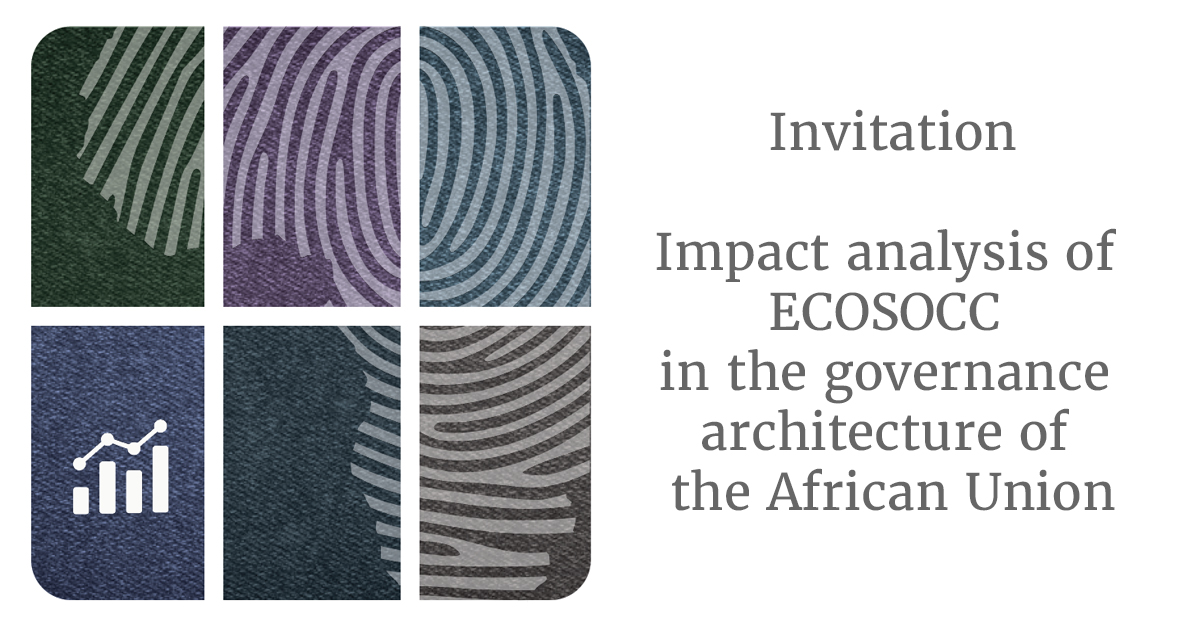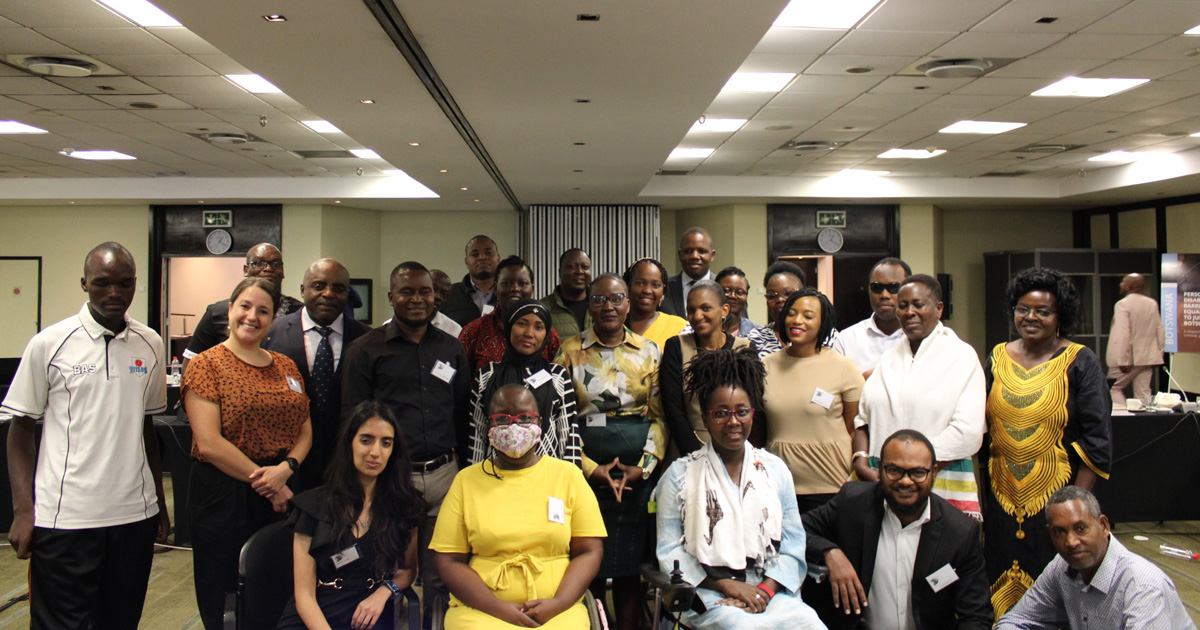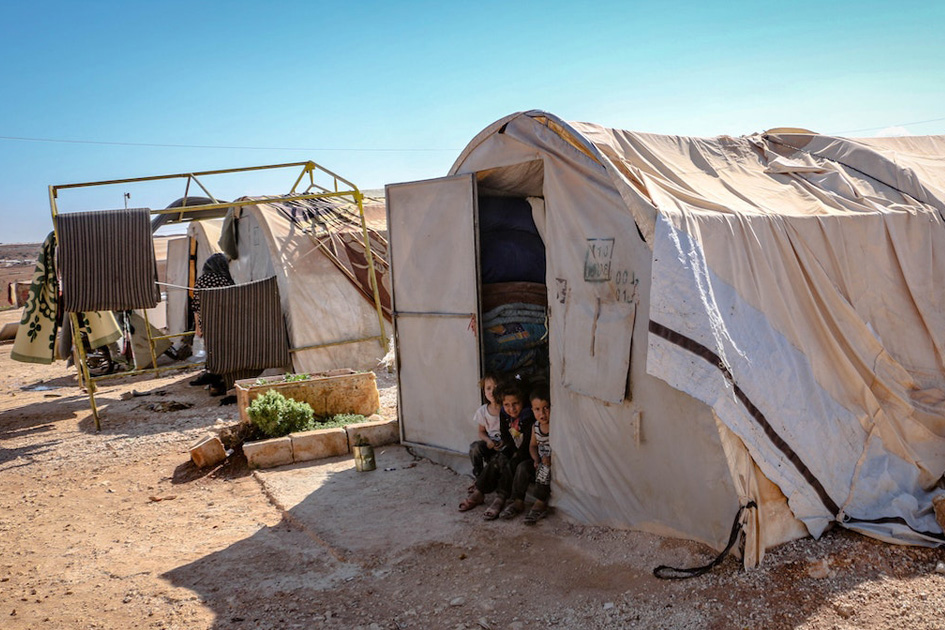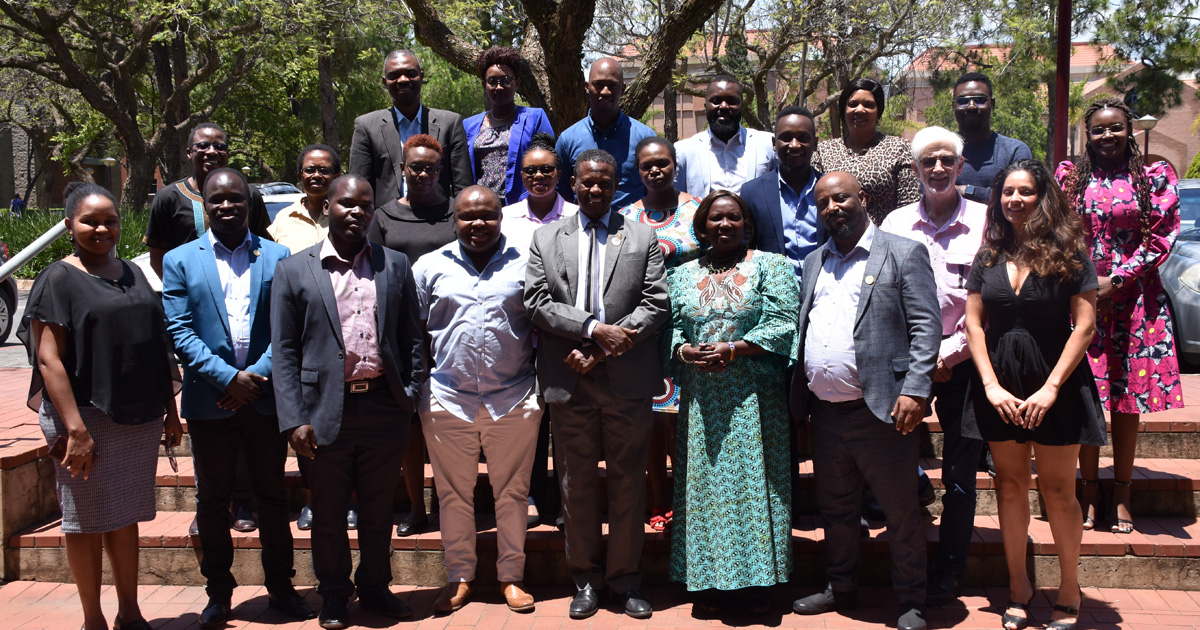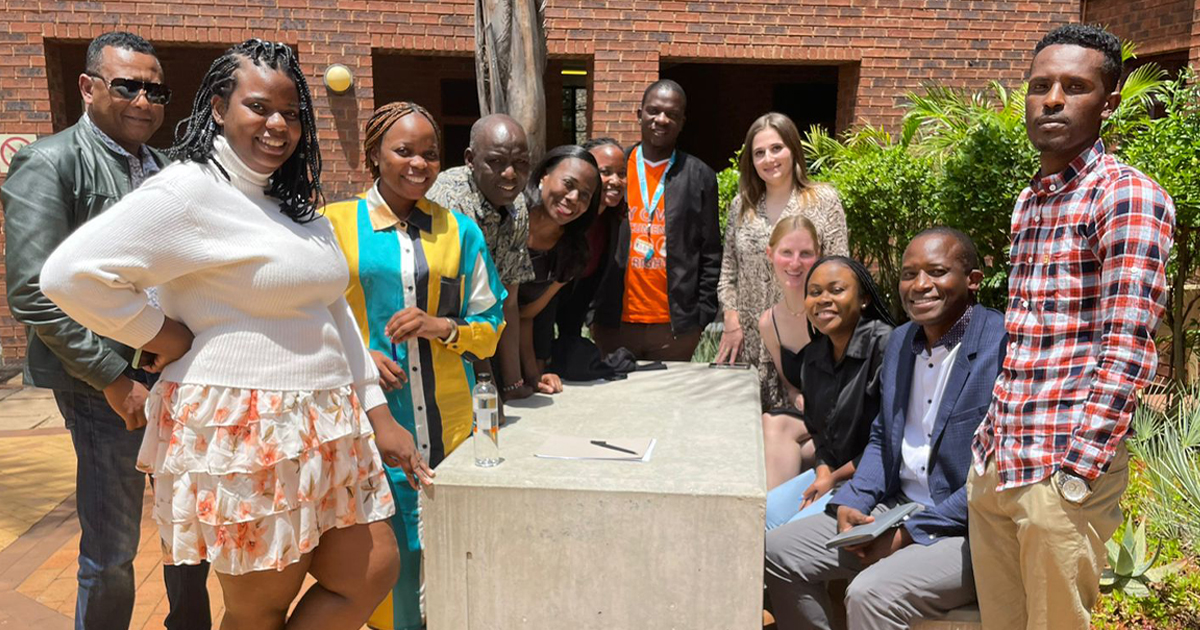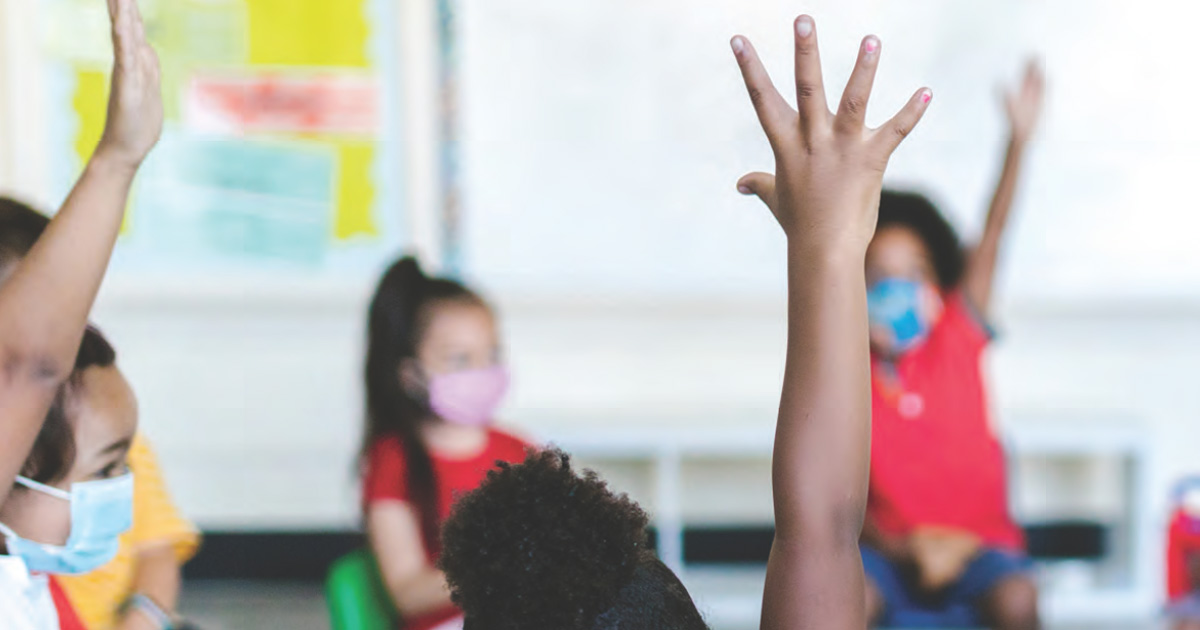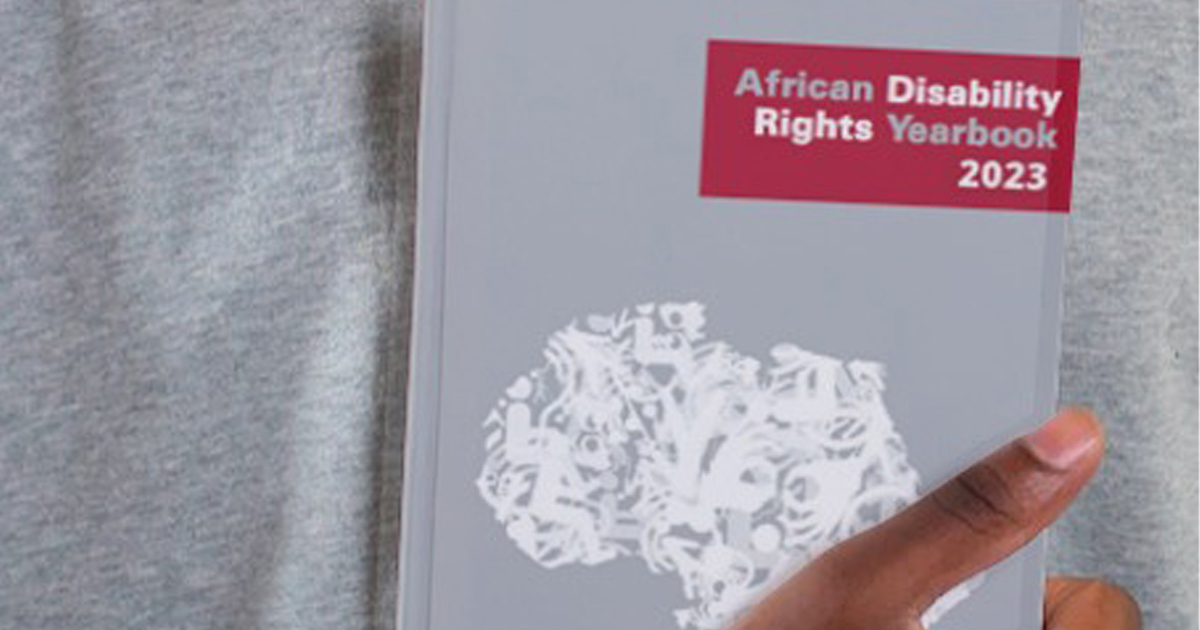- Details
The Disability Rights Unit at the Centre for Human Rights held a two-day regional convening on access to justice for persons with psychosocial and intellectual disabilities from 2 to 3 May 2023 at Capital Hotel Menlyn Maine in Pretoria, South Africa. Titled Court accommodations for persons with intellectual and psychosocial disabilities in southern Africa, the convening was a follow-up to the first convening held in May 2022.
- Details
The Centre for Human Rights of the University of Pretoria, invites you to a panel discussion addressing the conflict situation and human rights violations in Cameroon.
- Details
The 2023 World Press Freedom Day (WPFD) day is commemorated under the theme: ‘Shaping a Future of Rights: Freedom of Expression as a Driver for all Other Human Rights.’ On this occasion, the Centre for Human Rights, University of Pretoria (the Centre) recalls the 2019 Declaration of Principles on Freedom of Expression and Access to Information in Africa (the Declaration) which frames freedom of expression as a cross-cutting fundamental human right that is a cornerstone of democracy and a means of ensuring respect for other human rights (civil and political rights and socio-economic rights). As a basic and enabling right, freedom of expression can also potentially contribute to the much-needed socio-economic development and democratic transformation in Africa.
- Details
On 27 April 2023, the Centre for Human Rights’ Expression, Information and Digital Rights Unit (EIDR) in collaboration with Youth and Society (YAS) of Malawi, hosted a webinar on the status of implementation of the Malawi Access to Information Act. The webinar was moderated by Chrispin Bosire, Smith Naseri Edumebong and Idirashe Amanda Chikomba, from the EIDR clinic. The speakers were drawn from stakeholders in Malawi that are contributing to the implementation of the Act. These are Mandy Pondani (Media Institute of Southern Africa-MISA Malawi), Mwandida Theu (Youth and Society), Chance Kalolokeska (Malawi Human Rights Commission) and Authur Chipenda (Malawi Ministry of Information and Digitisation). The webinar is part of the Centre for Human Rights’ commemoration of 10 Years of the Model Law on Access to Information for Africa that was adopted by the African Commission on Human and Peoples’ Rights in 2013, to provide legislative guidance to member states of the African Charter on Human and Peoples’ on the implementation of article 9 of the African Charter which provides for the right of access to information.
- Details
The Centre for Human Rights (CHR) attended the 22nd meeting of the CSO Forum for the African Charter on the Rights and Welfare of the Child, held from 26 - 27 April 2023, in Maseru, Kingdom of Lesotho. The meeting was organised ahead of the 41st Session of the African Committee of Experts on the Rights and Welfare of the Child meeting from 28th April to 6 May 2023, in Maseru, Kingdom of Lesotho.
- Details
On 26th April 2023, the Centre for Human Rights organized a Webinar to present its report findings on the African Development Bank's (AfDB) response to the COVID-19 pandemic in Africa. The objective of the webinar was to present the study and evaluate the AfDB's response to the public health and socio-economic challenges posed by the pandemic. The webinar also aimed to identify measures to enhance civil society's capacity to monitor AfDB activities to ensure transparency and accountability for AfDB-funded projects.
- Details
Celebrating Worker’s Day in South Africa on 1 May 2023 has a hollow ring to it. Commemorating the achievements of the labour movement, including many important improvements to working conditions, and celebrating the crucial role of the working class in our country’s past and present, are overshadowed by the alarmingly high unemployment rate among South Africans. The precarious position of domestic workers demands more visibility about their rights and greater accountability for those who violate their rights. Acknowledging South Africa’s membership of the global community, and conscious of the undercurrent of xenophobia, consideration should be given to placing the rights of migrant workers on a firmer footing by ratifying the United Nations treaty on this theme.
- Details
The Centre for Human Rights, Faculty of Law, University of Pretoria, adds its voice to the regional and international condemnation and rejection of the ongoing conflict in Sudan. The Centre is of the view that the African Union (AU) Peace and Security Council should seriously consider applying the principle of non-indifference, set out in article 4(h) of the AU Constitutive Act. This provision allows the AU to intervene in the situation prevailing in Sudan, in order to protect civilians.
- Details
From 17 to 21 April 2023, the University of Pretoria’s (UP) Centre for Human Rights (Centre) hosted its annual advanced one-week human rights course (AHRC) on the African human rights system in comparative perspective. It did so with support from the government of Flanders, and in collaboration with Ghent University, a leading Flemish university.
- Details
On 27 April 1994, South Africa held its first non-racial, multi-party democratic elections. The apartheid regime was characterised by racial segregation, systemic inequality, political exclusion, unequal socio-economic development and discrimination. In April every year South Africa commemorates the long and hard-won struggle for freedom, equality, dignity, democracy, and universal suffrage of all its people. South Africa’s progressive 1996 Constitution was designed to transform society from apartheid’s authoritarian culture and segregation to a more equal and free society based on respect for human rights, rule of law and democracy. While South Africa has made significant progress towards building a more just and equal society, one cannot ignore the persistent challenges that many South Africans continue to face.
- Details
On Saturday 15 April 2023, the Centre for Huma Rights (CHR) University of Pretoria honoured an invite to the documentary screening of ‘The Unexceptional Parent’ hosted at Bertha House in Cape Town.
- Details
The South African public is invited to an Artist Talk to engage with artists on the exhibition at the Javett Art Centre at University of Pretoria on Freedom Day (27th April) from 14:00 to 16:00 pm. Entrance at the Centre on this day will be free of charge. The exhibition will run at the Javett Art Centre at the University of Pretoria from 27 April to 10 May 2023.
- Details
On 24 April 2023, the Centre for Human Rights, Faculty of Law, University of Pretoria (UP), and the Human Rights Implementation Centre, University of Bristol, in the United Kingdom, held a roundtable dialogue on exploring interdisciplinary approaches to the implementation and impact of human rights decisions.
- Details
On 20 April 2023, the Centre for Human Rights, Faculty of Law, University of Pretoria (CHR), and Public Interest Practice co-hosted a visiting Ukrainian delegation. During the meeting, which took place on the campus of the University of Pretoria, the conversation centred around the Russian invasion into Ukraine and its impact on the population in the country.
- Details
The Centre for Human Rights of the University of Pretoria and Youth and Society (YAS), invites you to a webinar on the state of Access to Information (ATI) in Malawi. The webinar seeks to assess Malawi’s compliance with the international human rights practices on the right of access to information and to provide a platform for stakeholders working in the ATI sector to share insights on the implementation of Malawi’s Access to Information Act.
- Details
The video is part of an advocacy project undertaken by the Centre for Human Rights in collaboration with its partner, the Amhara Association of America, addressing the plight of ethnic Amhara residents living in the Oromia Region of Ethiopia.
- Details
On Friday 14 April 2023, the SOGIESC unit attended and presented at the Gender Dynamix Model Policy Framework (MPF) Launch and Colloquium convened by the Office for Inclusivity and Change (OIC) at the University of Cape Town (UCT), in collaboration with The Gender and Violence Prevention Unit also from the University of Cape Town. The launch follows the celebration of Trans Day of Visibility on 31 March 2023.
- Details
The Centre for Human Rights, Faculty of Law, University of Pretoria (UP), recently formally bid farewell to an outstanding colleague and friend, Professor Danny Bradlow. Prof Bradlow is now based in UP’s Centre for the Advancement of Scholarship. Prof Danny Bradlow has been with us at the Centre for 15 years. He was a SARChI Professor of International Development Law and African Economic Relations and Head of the International Development Law Unit (IDLU).
- Details
The Centre for Human Rights cordially invites you to a webinar on Monitoring the African Development Bank response to the COVID-19 Pandemic in Africa.
- Details
The Expression, Information and Digital Rights (EIDR) Unit of the Centre for Human Rights, University of Pretoria attended the Digital Rights Inclusion Forum (DRIF) held in Nairobi, Kenya from 12 - 14 April 2023. DRIF is a platform where conversations on digital policy in Africa are shaped, policy directions debated, and partnerships forged for action. The 2023 theme was ‘Building a sustainable Internet for all.’ Together with its consortium partners, Global Partners Digital (GPD), Article 19 West Africa, the Collaboration on International ICT Policy for East and Southern Africa (CIPESA), and PROTEGE QV, the Centre hosted a panel discussion titled ‘At what risk to rights and internet freedom? Examining government responses to disinformation’.
- Details
The Centre for Human Rights, Faculty of Law, University of Pretoria (the Centre) denounces the conviction of Citizens Coalition for Change (CCC) party spokesperson Fadzayi Mahere. Mahere, a prominent political activist and lawyer, was found guilty by a Harare Regional Magistrate on charges of publishing falsehoods emanating from a retweet where she shared information that a police officer had beaten to death a child with a baton in Harare. The Court held that she undermined the authority of the police through her tweet and noted that her conduct was reckless and detrimental to the State as it intended to undermine the police force and also erode public confidence in the law enforcement agents. The contentious charges carried an imprisonment term of up to 20 years and a fine. The Court opted to impose a fine of USD 500 on Mahere and not a prison sentence.
- Details
On 4 April 2023, the Expression, Information and Digital Rights Unit, and the Media Institute of Southern Africa (MISA) Zimbabwe, hosted an engagement workshop with political actors in Harare, Zimbabwe. The engagement workshop, which was attended by eight Members of Parliament and thirteen representatives from various government departments, discussed the role of political actors in promoting rights respecting approaches to tackling disinformation in Zimbabwe. The Centre for Human Rights (the Centre) was represented by Marystella Simiyu and Jared Gekombe. The workshop was facilitated by a panel of experts namely: Marystella Simiyu of Centre for Human Rights, Nompilo Simanje of International Press Institute, Rehyana Masters, independent expert, and Helen Sithole of MISA-Zimbabwe.
- Details
From 12 to 14 April 2023, the Centre for Human Rights, Faculty of Law, University of Pretoria (Centre) and the Robert F Kennedy Human Rights (RFK) hosted an Inter-Mechanism Dialogue between the African Commission on Human and Peoples’ Rights (African Commission) and the Inter-American Commission on Human Rights (Inter-American Commission) at the University of Pretoria.
- Details
The Centre for Human Rights, University of Pretoria in collaboration with Public Interest Practice cordially invites you to the delegation briefing on the current situation in Ukraine, discussing the impact of the war on South Africa and exploring opportunities for partnerships between Ukrainian and South African organisations.
- Details
Ms Jane Connors United Nations' first Victims' Rights Advocate, was on a visit to South Africa to explore ways of dealing with alleged sexual abuse by South African soldiers while part of a Umiyed Nation's peacekeeping mission in the Democratic Republic of the Congo (MONUSCO)
- Details
The Centre for Human Rights (the Centre) in partnership with Women in Law in Southern Africa (WLSA), Lesotho hosted a one-day stakeholders’ meeting on compliance with the concluding observations and recommendations under the Protocol to the African Charter on Human and Peoples Rights on the Rights of Women in Africa (Maputo Protocol). The meeting took place in Maseru, Lesotho on 13 April 2023.
- Details
The Centre for Human Rights, Children’s Rights Unit, in collaboration with the Ministry of Gender, Community Development and Social Welfare, and the Global Campus for Human Rights, successfully conducted a two-day workshop in Lilongwe, Malawi. The workshop focused on promoting child participation in development frameworks in Africa and strengthening the African base of the Global Child Leading Team.
- Details
The Centre for Human Rights, Children’s Rights Unit, in collaboration with the Ministry of Gender, Community Development and Social Welfare, and the Global Campus for Human Rights, successfully conducted the first day of a two-day workshop on promoting child participation in development frameworks in Africa and strengthening the African base of the Global Child Leading Team, held in Lilongwe, Malawi.
- Details
On 3 April 2023, the Centre for Human Rights, Faculty of Law, University of Pretoria, held an advocacy meeting with the Minister of Justice of Namibia, Hon Yvonne Dausab, and other senior officials drawn from the Ministry of Justice, Home Affairs, and Disaster Management Directorate of the Office of the Prime Minister of the Government of Namibia. The meeting was aimed at stimulating a national conversation about the ratification by Namibia of three Protocols to the African Charter on Human and Peoples’ Rights (African Charter), and the African Union (AU) Convention on the Protection and Assistance of Internally Displaced Persons (‘Kampala’ Convention).
- Details
The Centre for Human Rights, Faculty of Law, University of Pretoria (the Centre) expresses concern over claims of retaliatory disciplinary proceedings against a senior judicial officer in Uganda, Justice Esther Kisaakye of the Supreme Court. The Centre understands that the country’s Judicial Service Commission commenced inquiry proceedings into the conduct of Justice Kisaakye after her dissenting decision in the 2021 Presidential election petition filed by opposition leader, Robert Kyagulanyi Sentamu (Bobiwine), against President Yoweri Museveni. In that Petition, the Supreme Court of Uganda denied a later application by Sentamu to be allowed more time to change the main application, stating it was late. Justice Kisaakye, however, dissented on the basis that the applicant's illegal house arrest hindered timely submission.
- Details
Dans le cadre du Concours africain de procès simulé des droits de l'homme Christof Heyns, qui se déroulera du 3 au 9 septembre 2023, à la Faculté de droit de l'Université des sciences et technologies Kwame Nkrumah, Kumasi, Ghana, une conférence internationale d'une journée sur les droits de l'homme se tiendra également le 4 septembre 2023 sous le thème « L'Afrique que nous voulons : Combattre la discrimination, le changement climatique et la corruption ».
- Details
The Centre for Human Rights at the end of March 2023, bid farewell to two outstanding alumni of the Master’s programme in Human Rights and Democratisation in Africa (HRDA), who also served the Centre as invaluable staff members. The Centre has been fortunate to be a teacher and a witness of the personal developments of Dr Ayodele Sogunro, who we all know as Ayo, and Johannes Buabeng-Baidoo. The following comes to mind:
‘If you are brave enough to say goodbye, life will reward you with a new hello’ – Paulo Coelho
- Details
On 31 March 2023, the Expression, Information and Digital Rights Unit, Centre for Human Rights welcomed the team from Lawyers Hub Kenya. The delegation was led by the CEO and founder Linda Bonyo.
- Details
The University of Dayton Human Rights Center, in collaboration with the Centre for Human Rights of the Faculty of Law, University of Pretoria, and the Free State Centre for Human Rights of the Faculty of Law, University of the Free State, will host a joint convening, bringing together the 2023 Social Practice of Human Rights Conference and the 6th International Conference on the Right to Development, which will be held for the first time outside of the African continent.
- Details
As part of the Christof Heyns African Human Rights Moot Court Competition, which takes place from 3 - 9 September 2023, at the Faculty of Law, Kwame Nkrumah University of Science and Technology, Kumasi, Ghana, a one-day International Human Rights Conference will also be held on 4 September 2023 under the theme “The Africa We Want: Sexual and Gender minority rghts in Africa, Climate Change and Corruption”.
- Details
Dr Michelle R. Maziwisa is the new Programme Manager for the Human Rights and Democratisation in Africa (HRDA) Masters Programme at the Centre for Human Rights, Faculty of Law, University of Pretoria. Maziwisa previously served as a postdoctoral researcher at the Dullah Omar Institute, at the University of Western Cape, Cape Town. She is a recipient of the prestigious Ronald Watts Young Scholar Award for her essay on External Economic Arrangements and South African Cities as Agents of Local Development. Her work on women’s rights is broad and includes sexual and reproductive rights, representation and participation in democratic processes, and feminist trade justice.
- Details
The Centre for Human Rights, Faculty of Law, University of Pretoria (Centre), is proud to commemorate Trans Day of Visibility, which falls every year and is celebrated internationally on 31 March. This day is an opportunity to recognise and celebrate the contributions of trans gender and gender diverse individuals in our society, and to raise awareness of the challenges and discrimination that they face. Trans Day of Visibility Founder Rachel Crandall-Crocker, a Michigan-based and licensed psychotherapist and transgender advocate, chose the month of March to not to ‘step on the toes’ of other Trans Day of Remembrance on 20 November or American Pride Month in June.
- Details
The Centre for Human Rights, Faculty of Law, University of Pretoria, invites you to webinar series on decisions of African human rights bodies with the goal of increasing awareness and understanding among relevant stakeholders about the jurisprudence of African human rights bodies. The webinar series serves as a platform for analysing the normative aspects of recent human rights decisions made by AHRBs, diagnosing and identifying the challenges to the implementation of these decisions, and devising strategies for their effective implementation.
- Details
The Faculty of Law, University of Pretoria in partnership with Pretoria University Law Press (PULP) invites you to the book launch of Technological innovation (4IR) in law teaching and learning: Enhancement or drawback during Covid-19? edited by Prof Charles Maimela (2022).
- Details
The Pretoria Student Law Review (PSLR) is now accepting original research articles, case notes as well as book reviews for the 2023 (vol 17) publication for the (i) Annual Edition, on any topic in law and its related disciplines, and for the special section on Gender and the Law Contributions should be in line with the PSLR Style and Submission Guidelines.
- Details
The Centre for Human Rights, Faculty of law, University of Pretoria (CHR) and the Centre for Sexualities, AIDS, and Gender, University of Pretoria (CSA&G) condemn the passing of the Anti-Homosexuality Bill by the Parliament of Uganda on 21 March 2023.
- Details
The Centre for Human Rights, Faculty of Law, University of Pretoria, with the support of the Embassy of the Kingdom of the Netherlands, cordially invites you to apply for its Capacity Building Workshop on Strategic Litigation and Advocacy for human rights defenders working on the promotion and protection of the rights of lesbian, gay, bisexual, transgender, intersex, and other non-binary and gender-nonconforming persons in Africa.
- Details
On 23 March 2023, the Centre for Human Rights, University of Pretoria (the Centre) in partnership with the University of Antwerp, Belgium hosted a Roundtable dialogue on litigating the right to development in domestic courts in Africa. The dialogue was held alongside the visit of the King and Queen of Belgium to South Africa. The dialogue was conducted in a hybrid format with both physical and virtual participants including, delegates from the Government of Belgium and Flanders, Academic partners from the Free State Centre for Human Rights, University of Free State, University of Antwerp, University of Ghent, Université Saint-Louis-Bruxelles, Vrije Universiteit Brussel, Belgium, Civil Society actors and human rights practitioners and students from the Centre for Human Rights among others.
- Details
On 4 March 2023, the Centre for Human Rights SOGIESC Unit team was in Cape Town to commemorate the final event on the World Pride calendar. The Pride Festival, hosted by Cape Town Pride and Outreach Africa, was supported by various organisations involved in the realisation of rights and freedoms of the lesbian, gay, bisexual, trans, queer, questioning, intersex, non-binary, asexual, polysexual, genderqueer and gender variant people (LGBTIQ+) community throughout the African region.
- Details
The Sexual Orientation, Gender Identity and Expression, and Sex Characteristics (SOGIESC) Unit, in collaboration with Gender Equality and Anti-Discrimination Office (GEADO) at the Unit for Institutional Change and Social Justice, University of Free State recently hosted a one day training workshop on 18 March 2023 aimed at equipping members and allies of the LGBTI+ community in South Africa with the knowledge and capacity to access the Equality Court through lodging civil claims. The training is part of a larger project to host trainings on accessing Equality Courts throughout South Africa in order to empower LGBTI+ communities to claim their rights.
- Details
The Centre for Human Rights, University of Pretoria, is proud to announce the open-access publication of volume six (2022) of the African Human Rights Yearbook and volume four of the African Court Law Report (covering case decided in 2020) both published under the Pretoria University Law Press (PULP).
- Details
On 22 March 2023, the Centre for Human Rights Democracy and Civic Engagement Unit convened a Civil Society Organisations (CSOs) dialogue in partnership with the European Union that interrogated the state of human rights in South. The event aimed to create a space for an exchange of ideas among members of civil society, to identify the main challenges and possible priority actions for civil society - particularly in respect of migration, socio-economic, LGBTQ+ and persons with disabilities rights.
- Details
‘Badudwan’ is a practice in Ghana where a man is given a cow in recognition of him have borne 10 children. In the process the woman who has been put under pressure to carry all 10 (or more) pregnancies is ignored. Organisations might be allowed into school to discuss sexuality education for adolescents but personal convictions of staff block the distribution of contraceptive products to the youth. These are only some of the issues that have come up in the discussions on sexual and reproductive health rights (SRHR) in Ghana during a training organised by the Women’s Rights Unit, Centre for Human Rights in collaboration with WiLDAF Ghana from 16-17 March 2023. The meeting is part of the project funded by the Swedish International Development Corporation (SIDA). The project is aimed at strengthening SRHR in Africa.
- Details
The Centre for Human Rights, Faculty of Law, University of Pretoria (Centre), commends the African Commission on Human and Peoples’ Rights (African Commission) on taking a meaningful step forward in the pursuit of equality and justice for intersex persons in Africa by for the first time in its history adopting a legal text on the rights of intersex persons in Africa. This text takes the form of a resolution titled ‘Resolution 552 on the Promotion and Protection of the Rights of Intersex Persons in Africa’. In it, the Commission calls on African states to protect the rights of intersex children by ending non-consensual genital normalising practices and to promote intersex person’s rights through education and sensitisation.
- Details
This message is announcing the celebration of an International Conference organized by the Pedro Arrupe Institute of Human Rights of the University of Deusto in the framework of the Association of Human Rights Institutes (AHRI) between 7 and 9 September 2023 at the University of Deusto in Bilbao.
- Details
The Centre for Human Rights, Faculty of Law, University of Pretoria, welcomes the recent court order by the Equality Court holding singer Steve Hofmeyr accountable for discriminatory and queerphobic comments made on his Facebook account in April 2022.
The Gqeberha High Court, sitting as the Equality Court, ordered Hofmeyr to release an unconditional apology on his social media platforms. Hofmeyr did so soon after the case was concluded, observing as follows: ‘I regret the hurt and offence caused as a result of the comments and apologise unconditionally to members of the LGBTQ+ community as well as any other member of public that was offended by my comments.’
- Details
The Centre for Human Rights, University of Pretoria, commends the National Assembly of South Africa for passing the Prevention and Combating of Hate Crimes and Hate Speech Bill (Bill) on 15 March 2023. This legislation marks a significant step towards the protection of all South Africans against hate crimes and hate speech, particularly those based on race, ethnicity, gender, sexual orientation, or any other form of discrimination.
- Details
The Centre for Human Rights, Faculty of Law, University of Pretoria, welcomes the recent court order by the Equality Court holding singer Steve Hofmeyr accountable for discriminatory and queerphobic comments made on his Facebook account in April 2022.
Statement on Human Rights Day: Government should take the promise to ‘leave no one behind’ seriously
- Details
21 March 2023
The theme of 2023 Human Rights Day is ‘Leave no one behind’. This phrase is a pillar of the 2030 Agenda for Sustainable Development and its Sustainable Development Goals (SDGs). It highlights that discrimination has a legal dimension, but emphasises that exclusion and maginalisation is also material. It is in the first place people who live in conditions of poverty who are ‘left behind’ in South Africa. Unemployment is sky high, especially among the youth. Almost 40 percent of South Africans experience some form of food insecurity.
- Details
On Friday 10 March 2023, the Centre for Human Rights (Centre) hosted its annual official Academic Opening Ceremony to welcome and introduce the new Master’s students from five of the academic programmes offered by the Centre, as well as newly registered doctoral candidates. This is an annual event which celebrates future African leaders in the area of human rights, democracy and related fields. This year, the Centre celebrated 20 years of one of these Master’s programmes, the Trade an Investment Law in Africa (TILA) programme.
- Details
The Advanced Human Rights Courses (AHRC), in collaboration with the Disability Rights Unit of the Centre for Human Rights, University of Pretoria (UP), recently hosted the annual short course on Disability Rights in an African Context, from 6 – 10 March 2023. The short course was held in a hybrid format; on zoom and at the SRC chambers based at the University of Pretoria.
- Details
On 14 - 15 March 2023 in Accra, Ghana the Women’s Rights Unit met with Ghanaian government representatives and civil society organisations to facilitate a workshop on strengthening compliance with Ghana’s state reporting obligations under the African Charter on Human and Peoples’ Rights (African Charter) and the Protocol to the African Charter on Human and Peoples’ Rights on the Rights of Women in Africa (Maputo Protocol).
- Details
The Centre for Human Rights, University of Pretoria in partnership with the University of Antwerp with support of the Flemish government cordially invite you to Roundtable Dialogue on Litigation of the Right to Development in Domestic Courts in Africa
- Details
The Nelson Mandela World Human Rights Moot Court Competition together with the Christof Heyns African Human Rights Moot Court Competition invite mooters from across the world to join in an a workshop for memorial writing skills. The panel of memorial markers will share their excerpt advise and tips on acing the memorial round of any moot competition.
- Details
Centre for Human Rights, doctoral candidate Brian Kibirango is the latest recipient of the Christof Heyns memorial scholarship. The Christof Heyns Human Rights Scholarship was instituted in memory of renowned human rights scholar, Christof Heyns, who was a professor of human rights law at the University of Pretoria until his untimely death in March 2021.
- Details
The Centre for Human Rights, University of Pretoria welcomed the third cohort of master’s students on the LLM/MPhil Disability Rights in Africa (DRIA) programme during an orientation week (Week Zero) which was held from 3 to 4 March 2023.
- Details
To celebrate International Women's Day (IWD) this year, the Centre for Human Rights, University of Pretoria, seeks to accredit the potential for women to benefit socially and economically from the digital revolution. Yet, there is also a chance that it will reinforce current patterns of gender inequity. Despite numerous substantial initiatives, there is still a sizable gender gap in the digital world, which prevents high-, low-, and middle-income countries from equally reaping the rewards of digital transformation.
- Details
The Advanced Human Rights Courses (AHRC) and the Sexual Orientation, Gender Identity and Expression, and Sex Characteristics (SOGIESC) Unit at the Centre for Human Rights (the ‘Centre’), University of Pretoria (UP) recently hosted the 2023 edition of the annual short course on Sexual Minority Rights in Africa. The course was presented through both virtual and physical sessions from 20 to 24 February 2023 and was attended by 70 participants with 15 presenters from both across and outside Africa. Participants included LLM/MPhil students in both the Human Rights and Democratisation in Africa (HRDA) and the Sexual and Reproductive Rights in Africa (SRRA) Masters programmes in the Faculty of Law, UP. Other participants included researchers, academics, judicial officers, government workers, officials of selected National Human Rights Institutions, and members of civil society.
- Details
The Centre for Human Rights, Faculty of Law, University of Pretoria commends the Supreme Court of Kenya on its decision upholding the National Gay and Lesbian Human Rights Commission’s right to register as a non-governmental organisation with the words ‘gay’ and ‘lesbian’ in its title.
- Details
In pursuit of the ideals of excellence and diversity, the University of Pretoria wishes to invite applications for the Senior Lecture vacancy. The University of Pretoria's commitment to quality makes us one of the top research Universities in the country and gives us a competitive advantage in international science and technology development.
- Details
On 27 February 2023, the Disability Rights Unit at the Centre for Human Rights hosted a dialogue on the newly adopted Guidelines_on_Deinstitutionalization.pdf, including in Emergencies (‘the Guidelines’). The adoption of the Guidelines was announced by the Committee on the Rights of Persons with Disabilities on 9 September 2022. The primary objective of the Guidelines is to provide guidance to States Parties on how to ensure that persons with disabilities realise the right to live independently and to be included in the community as stipulated in article 19 of the Convention on the Rights of Persons with Disabilities, with a focus on the deinstitutionalisation process. The dialogue sought to introduce stakeholders to the substantive content of the Guidelines and to examine their use in African advocacy initiatives to promote the right to live independently and be included in the community.
- Details
The Centre for Human Rights, Faculty of Law, University of Pretoria (Centre) condemns the racist remarks made by the President of Tunisia and the arbitrary arrest, detention and forced eviction of African migrants in Tunisia.
- Details
In pursuit of the ideals of excellence and diversity, the University of Pretoria wishes to invite applications for the Associate Professor/Professor vacancy. The University of Pretoria's commitment to quality makes us one of the top research Universities in the country and gives us a competitive advantage in international science and technology development.
- Details
The Pretoria Student Law Review (PSLR) is now accepting original research articles, and the traditional reviews published in the past, for the 2023 (Volume 17) edition on any topic in law and its related disciplines.
- Details
The African Moot and the Migration Unit of the Centre for Human Rights held a movie screening titled ‘African Moot’ on 15 February 2023 for CSOs in South Africa dealing with refugees and migrants.
- Details
INVITATION FOR CONTRIBUTIONS
We invite abstracts for articles and case discussions proposing to make ground-breaking academic-style contributions to the human rights discourse in Africa. Although the contributions are expected to take a continental (African) approach to the issues they cover, country-specific or sub-regional level case studies that relate to the African regional human rights system will also be considered. In so far as methodology is concerned, contributions adopting multidisciplinary and empirical approaches are highly encouraged.
- Details
On February 6, 2023, Amhara Association of America (AAA) and Centre for Human Rights, Pretoria University (CHR) submitted a complaint to the African Commission on Human and Peoples’ Rights against the Ethiopian Government. The complaint is made on behalf of ethnic Amhara residents in West Wollega, East Wollega, Horo Guduru Wollega, Qelem Wollega and West Shewa Zones of the Oromia Region who faced mass atrocities at the hand of state and non-state armed forces and militias. The complaint argues that the Ethiopian state bears responsibility for human rights violations committed by its agents, including the Oromia Special Forces (OSF), such as extrajudicial killings, arbitrary arrests, property destruction, communication blackouts, violent dispersal of peaceful protests, and displacement. It is also submitted that the lack of adequate efforts on the part of the state to halt the atrocities and human rights violations committed by the Oromo Liberation Army (OLA) or punish those responsible for violating the obligation of states to ensure the rights and freedoms of all individuals within its jurisdictions is not respected, thereby depriving the Amhara residents of several substantive rights in the African Charter.
- Details
The Centre for Human Rights, Faculty of Law, University of Pretoria, calls for applications for full-time doctoral scholarships in the field of sexual and/ or reproductive rights in the African region.
- Details
The Centre for Human Rights Disability Rights Unit invites you to a dialogue on the newly adopted guidelines on deinstitutionalisation.
The dialogue seeks to:
- Introduce stakeholders to the substantive content of the guidelines
- Interrogate the practical application of the guidelines in African countries
- Examine the use of the guidelines in advocacy initiatives to promote the right to live independently and be included in the community
- Details
The Litigation and Implementation Unit of the Centre for Human Rights, Faculty of Law, is recruiting for a part-time position of Student Project Associate under an eight month contract beginning on 1 April 2023 and ending on 30 November 2023, renewable based on satisfactory performance and continued funding.
- Details
On 1 and 2 February 2023, the Office of the President of the Republic of South Africa (the Presidency) in partnership with the Women’s Rights Unit, Centre for Human Rights held a workshop to review commissioned reports from 25 African countries on discriminatory laws related to violence against women on the African continent (VAW).
- Details
On 1 February 2023, the Centre for Human Rights at the University of Pretoria’s (UP) entered into an agreement with the Swedish Development Cooperation Agency (SIDA) for the implementation of a project aimed at strengthening the protection of sexual and reproductive health rights (SRHR) in Africa. The duration of the agreement is three years, commencing in February 2023 and runs until January 2026.
- Details
The Centre for Human Rights cordially invites you to Thulani Maseko`s memorial service under the theme: "Defending Civic Space and Protecting Human Rights Defenders in Southern Africa".
Details
Venue: Law Auditorium, Room 1-54 of the Law Building. University of Pretoria
Date: 3 February 2023 14:30 – 16:45 (SAST)
RSVP: inmemoryofthulani@gmail.com before 3 February 2023
- Details
In response to the African Commission’s unfortunate decision to reject observer status applications by three human rights organizations in its final communique of its 73rd ordinary session, the Centre for Human Rights, Faculty of Law, University of Pretoria and its partners - Synergía Initiatives for Human Rights, the Initiative for Strategic Litigation in Africa (ISLA), PanAfrica ILGA, Amnesty International, and Mouvement pour les Libertés Individuelles (MOLI) condemn this decision that threatens the Commission’s ability to promote and protect human rights for all.
- Details
Thulani Rudolf Maseko (1 March 1970 - 21 January 2023)
It is with great shock and profound sadness that we at the Centre for Human Rights, Faculty of Law, University of Pretoria, learnt about the assassination of Thulani Maseko on 21 January 2023. He was shot dead in front of his family in his home south of Mbabane, Eswatini, in what can only be described as a targeted killing.
Our deepest sympathy goes to his wife and family in this difficult and traumatising time.
- Details
As this eventful year winds down, the Centre gladly shares with you some of the highlights in our activities over the last two months. We have been busy! The annual Human Rights Graduation took place on 9 December. Its highlight was the award of the Vera Chirwa Award to two alumni who are leaving deep footprints in the human rights landscape in Africa: Namibian Minister of Justice Yvonne Dausab, and Malawian High Court Judge Redson Kapindu. The Centre organised two advanced short courses; hosted numerous capacity-building events, held two pan-African conferences and launched a number of publications.
- Details
The Centre for Human Rights (CHR), Faculty of Law, University of Pretoria (UP) congratulates Dr Nkatha Murungi on her appointment as Associated Professor in the CHR and Faculty of Law at UP, effective from 1 January 2023.
Dr Nkatha is currently serving as Assistant Director (Programmes) of the CHR. She has specific responsibility for the Centre’s project and programmes on women’s rights, sexual and reproductive rights, children’s rights and the rights of persons with disabilities. She is also co-editor of the African Disability Rights Yearbook.
- Details
The Centre for Human Rights (Centre), Faculty of Law, University of Pretoria, selected Namibian Minister of Justice, Honourable Yvonne Dausab, and Malawian human rights advocate and High Court Judge, Justice Redson Edward Kapindu, to jointly receive the 2022 Vera Chirwa Award. This Award, instituted in 2006, acknowledges and honours an alumnus or alumna of the LLM/MPhil in Human Rights and Democratisation in Africa (HRDA) who best embodies the spirit of the programme in their subsequent career by positively contributing to human rights or by promoting consolidation of democratic values in Africa.
- Details
The Centre for Human Rights, Faculty of Law, University of Pretoria (CHR) commemorated World Human Rights Day by hosting its annual Graduation ceremony on 9 December 2022. This annual event saw the CHR graduate its LLM/MPhil in Human Rights and Democratisation in Africa (HRDA) class of 2022 at a time when the institution of democracy is under pressure throughout the continent of Africa and globally. This year’s Graduation also marked the first in-person ceremony at the main campus of UP since the outbreak of the COVID-19 pandemic. During the ceremony, the Vera Chirwa Award was also annoounced and handed to two graduates of the HRDA programme, Namibian Minister of Justice Honorable Yvonne Dausab and Malawian High Court Judge, Justice Redson Kapindu.
- Details
25-29 April 2023, University of Ghana, Accra
The Merian Institute for Advanced Studies in Africa (MIASA) seeks to provide Africa-based early career researchers working on the themes of peace, democracy and climate change on the continent with the space and intellectual community to transform a draft paper into a publishable journal piece. The 5-day writing workshop is designed to provide early career scholars with the opportunity to contribute to knowledge production in one of the three fields of research focus for this workshop: peace, democracy and climate change.
- Details
6 December 2022
The Centre for Human Rights, University of Pretoria, and the Southern African Nationality Network (SANN) call on African states, including members of the Southern African Development Community (SADC), to endorse the adoption of the Draft Protocol to the African Charter on Human and Peoples’ Rights on the Specific Aspects of the Right to a Nationality and the Eradication of Statelessness in Africa (Draft Protocol) and to subsequently ratify it. We also call on the Government of South Africa to take leadership in urging other SADC members to endorse the adoption of the Draft Protocol and to subsequently ratify it.
- Details
The Expression, Information and Digital Rights (EIDR) unit in collaboration with the Media Institute of Southern Africa Zimbabwe (MISA-Zimbabwe) conducted a capacity-building workshop on promoting rights-respecting approaches to disinformation for Community-based Organisations (CBOs) on 17 November in Harare, Zimbabwe. Representatives from the media fraternity and academic institutions were also in attendance.
- Details
From 21 to 25 November 2022, the Centre for Human Rights organised a 5-day intensive course on the protection of forcibly displaced persons in Africa. The course presented a human-rights perspective on the protection of forcibly displaced persons in Africa. It enhanced the knowledge of participants on fundamental legal concepts and principles related to international law on forced displacement, critical challenges in the interpretation and application of key treaty provisions, and rights-based approaches to addressing challenges and ensuring durable solutions to forced displacement in Africa.
- Details
On 29 and 30 November 2022 in Abuja, Nigeria the Centre for Human Rights Women’s Rights Unit held a joint jurisprudential colloquium for Commissioners of the African Commission on Human and Peoples’ Rights and Judges of the Economic Community of West African States Court of Justice (ECOWAS Court). Judge President Edward Amoako Asante of the ECOWAS Court and Commissioner Janet Sallah-Njie, Special Rapporteur on the Rights of Women in Africa of the African Commission on Human and Peoples’ Rights are among the eminent attendees. The purpose of the Judicial Colloquium was to sensitise the judicial and quasi-judicial officers on attaining substantive equality for women in Africa through a gender-sensitive approach to the application and interpretation of the Protocol to the African Charter on Human and Peoples’ Rights on Rights of Women in Africa (Maputo Protocol).
- Details
On 24 and 25 November 2022, the Centre for Human Rights, Faculty of Law, University of Pretoria, in partnership with OutRight Action International, and with the support of the Embassy of the Kingdom of Norway in South Africa, held a Conference on the Decriminalisation of Same-Sex Law and the Eradication Conversion Practices in African countries.
- Details
The Centre for Human Rights (Centre), Faculty of Law, University of Pretoria, is pleased to share the news of the appointment of its alumna, Muleya Mwananyanda, as the Director, Influence and Partnerships for UNAIDS.
- Details
The Centre for Human Rights (CHR), in partnership with the Zimbabwe Human Rights NGO Forum and the University of Zimbabwe, successfully launched the Zimbabwe Constitutional Literacy Booklet on 16 November in Harare, Zimbabwe.
- Details
The Centre for Human Rights, University of Pretoria (the Centre), is providing technical support to the African Commission on Human and Peoples' Rights (ACHPR) in its continental project on human rights and artificial intelligence (AI), robotics and other new and emerging technologies in Africa.
- Details
The Centre for Human Rights, Faculty of Law, University of Pretoria cordially invites you to the Launch of an Impact Analysis Study of the African Union (AU) Economic Cultural and Social Council (ECOSOCC) in the Governance structure of the African Union.
- Details
On 17 November 2022, the 10th annual disability rights in Africa Conference organised by the Disability Rights Unit at the Centre for Human Rights, University of Pretoria kicked off at Southern Sun hotel OR Tambo, South Africa. The theme of this year’s conference is ‘migration, displacement and disability: a human rights response’. The aim of the two day conference is to critically appraise laws, policies, practices, programmes, polities and ideologies that relate to migration and displacement and suggest remedial measures for protecting and ensuring the rights of migrants and internally displaced persons (IDPs) with disabilities.
- Details
-
Introduction
A regional instrument that addressed the protection of displaced persons out of state borders was established in 1969 as a result of the dynamics of displacement on the continent in the period following decolonisation but no instrument was developed to address the protection of persons displaced within state borders.[1] In order to address this gap and provide internally displaced persons(IDPs) in Africa with adequate protection and assistance as a result of the detrimental effect of internal displacement on peace, security, environment and development of African countries, the African Union Convention for the Protection and Assistance of Internally Displaced Persons in Africa (Kampala Convention) was established.[2] The Kampala Convention was adopted on 23 October 2009 and entered into force on 6 December 2012. Following its adoption as a legally binding regional instrument, the Kampala Convention has become a significant framework. Excluding the preamble, the Kampala Convention has 23 articles. The preamble describes the principles upon which the Convention is established. It adopts in context international frameworks such as the United Nations (UN) Guiding Principles on Internal Displacement and applies it to the situation of internal displacement in Africa.[3] Setting forth the legal basis within the framework of the African Union and the United Nations, the preamble presents the intention of the Kampala Convention. The Kampala Convention aims to prevent internal displacement, protect IDPs, and provide durable solutions to internal displacement in the Africa.[4]
- Details
Over two days, 15 and 16 November 2022, the Children Rights Unit at the Center for Human Rights, hosted a training workshop to capacitate selected state officials from varied ministries on strategies to incorporate the impact of Climate Change on children’s Socio-economic Rights in their state reports to the African Committee of Experts on the Rights and Welfare of the Child (African Children’s Committee).
- Details
The Centre for Human Rights(CHR), in collaboration with the International Working Group for Indigenous Affairs (IWGIA) and the working group on indigenous Populations/ Communities of the African Commission on Human and Peoples Rights hosted their course on 7-11 November 2022. The Course was held in a hybrid format with 20 participants attending physically at graduate center of the University of Pretoria and 35 attending online from countries in Africa and abroad. Participants were drawn from all walks of life including but not limited to students, legal practitioners, Indigenous Rights Advocates and members of indigenous communities, members of government institutions, Public Prosecutors, amongst others.
- Details
The Children's Rights Unit at the Centre for Human Rights launched its Study on Child Participation in Development Frameworks in Africa.
Child participation is a fundamental right guaranteed in international law, specifically under articles 12 of the Convention on the Rights of the Child (CRC) and 4(2) of the African Children’s Charter. It is a facilitative right that is significant in the intellectual development of the child and vital for a child’s autonomy and social responsibility later in a child’s life course.
- Details
The African Disability Rights Yearbook (ADRY) is calling for papers for consideration for publication in Section A of the ADRY in 2023. The ADRY publishes once a year with a focus on disability rights issues and developments of contemporary concern to persons with disabilities on the African continent. The ADRY is published by the Pretoria University Law Press (PULP) as a peer-reviewed open-access journal that is accredited by South African Department of Higher Education and Training.
- Call for Papers: African Journal of Privacy & Data Protection 2022
- PULP hosts book launch for Exploring African approaches to international law: Essays in honour of Kéba Mbaye
- Centre for Human Rights alumna inaugurated as Deputy Registrar of the African Court on Human and Peoples' Rights
- Centre for Human Rights Professor Charles Fombad receives University of Pretoria researcher of the year award

